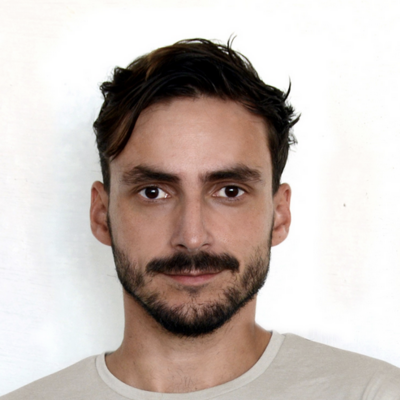

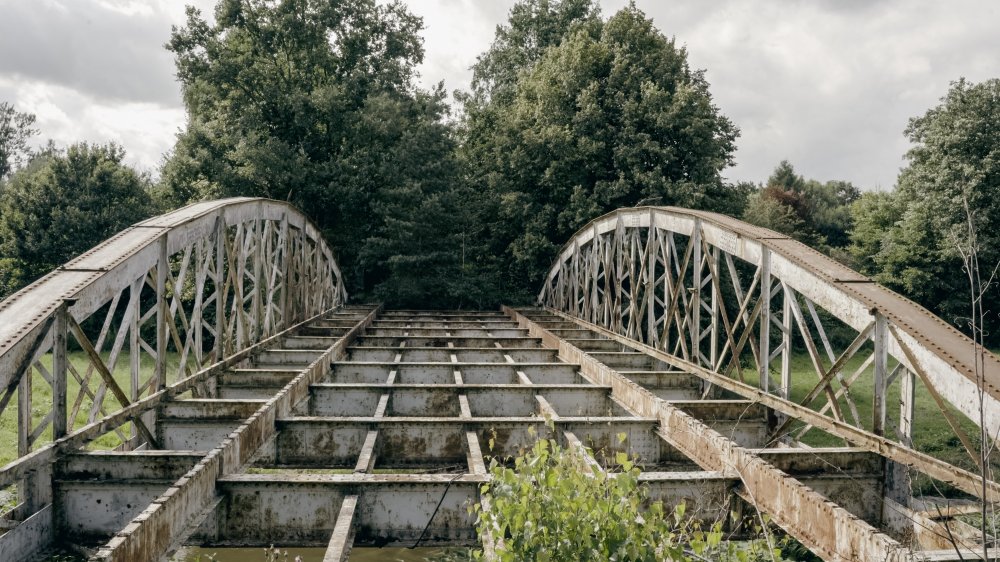
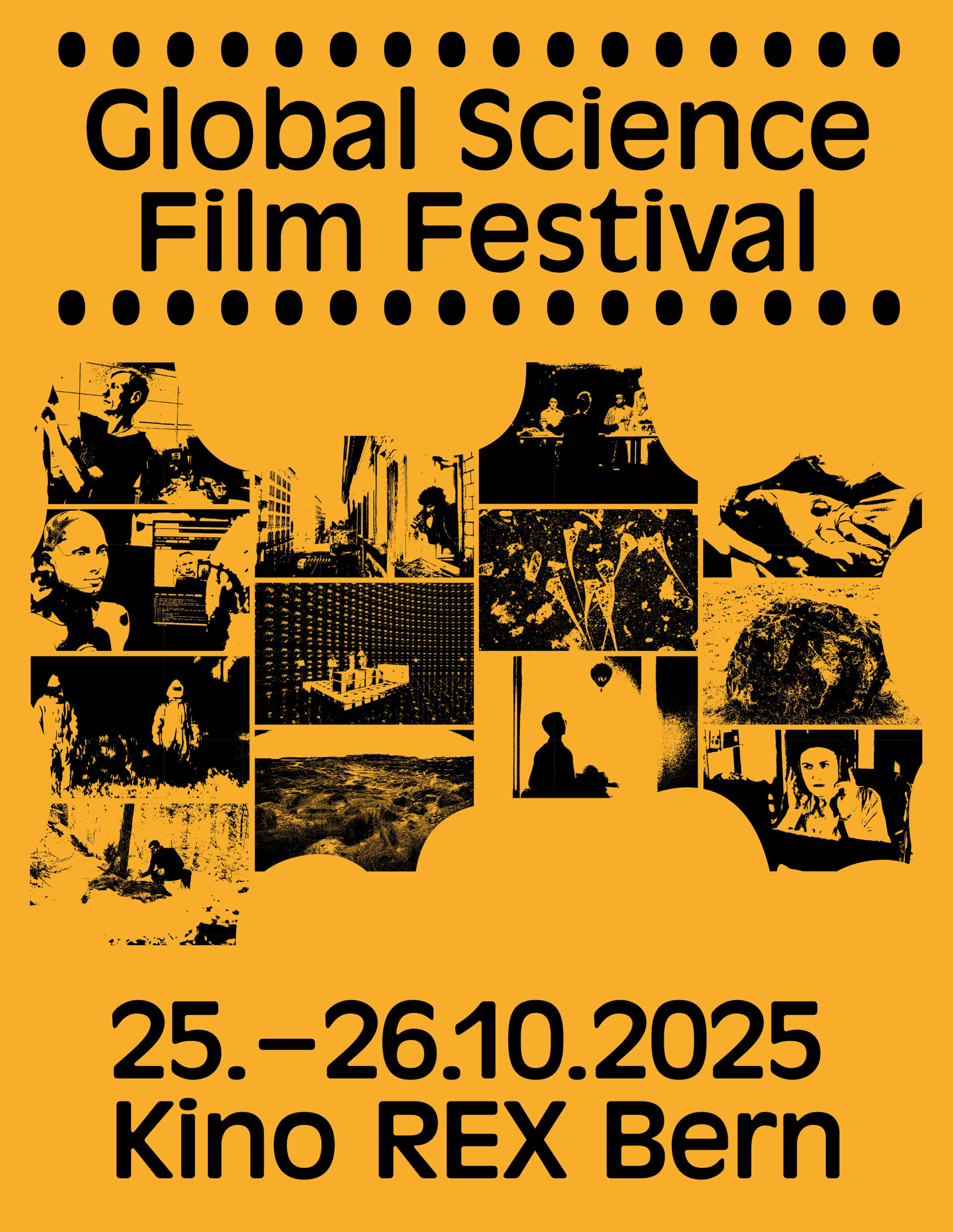
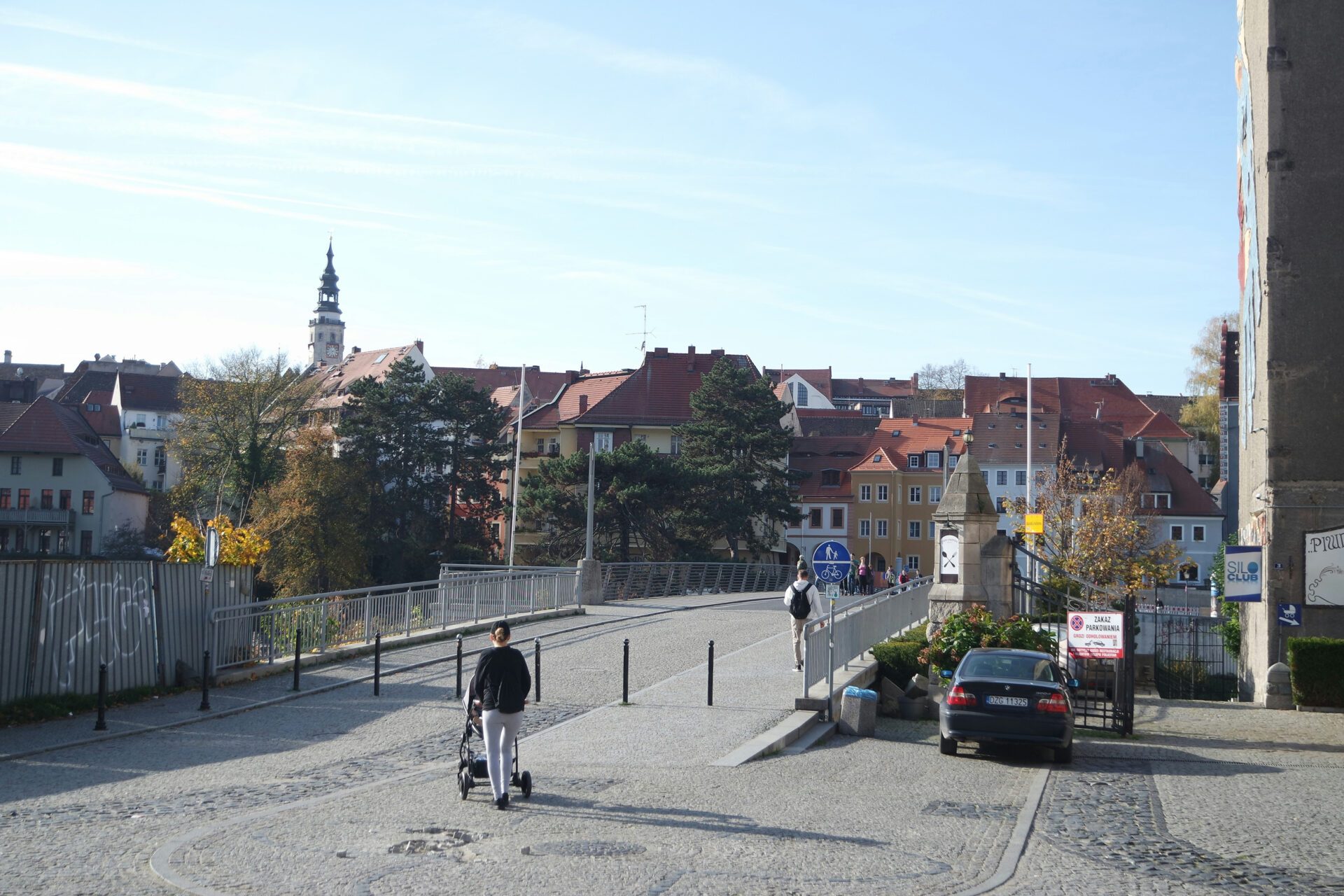



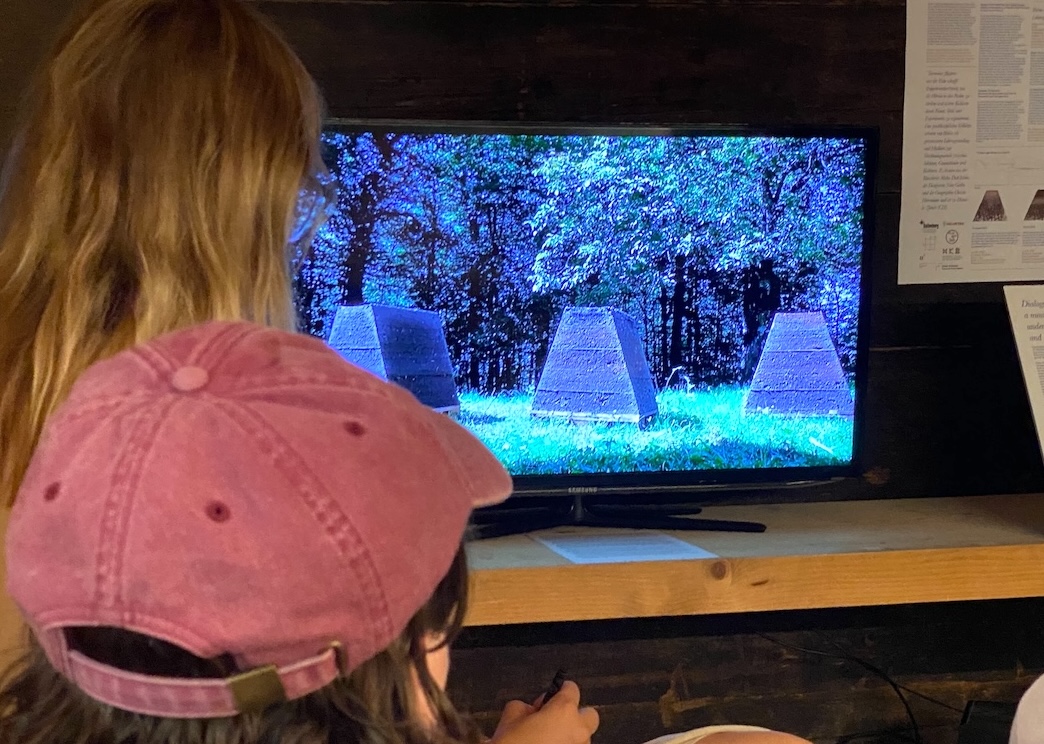


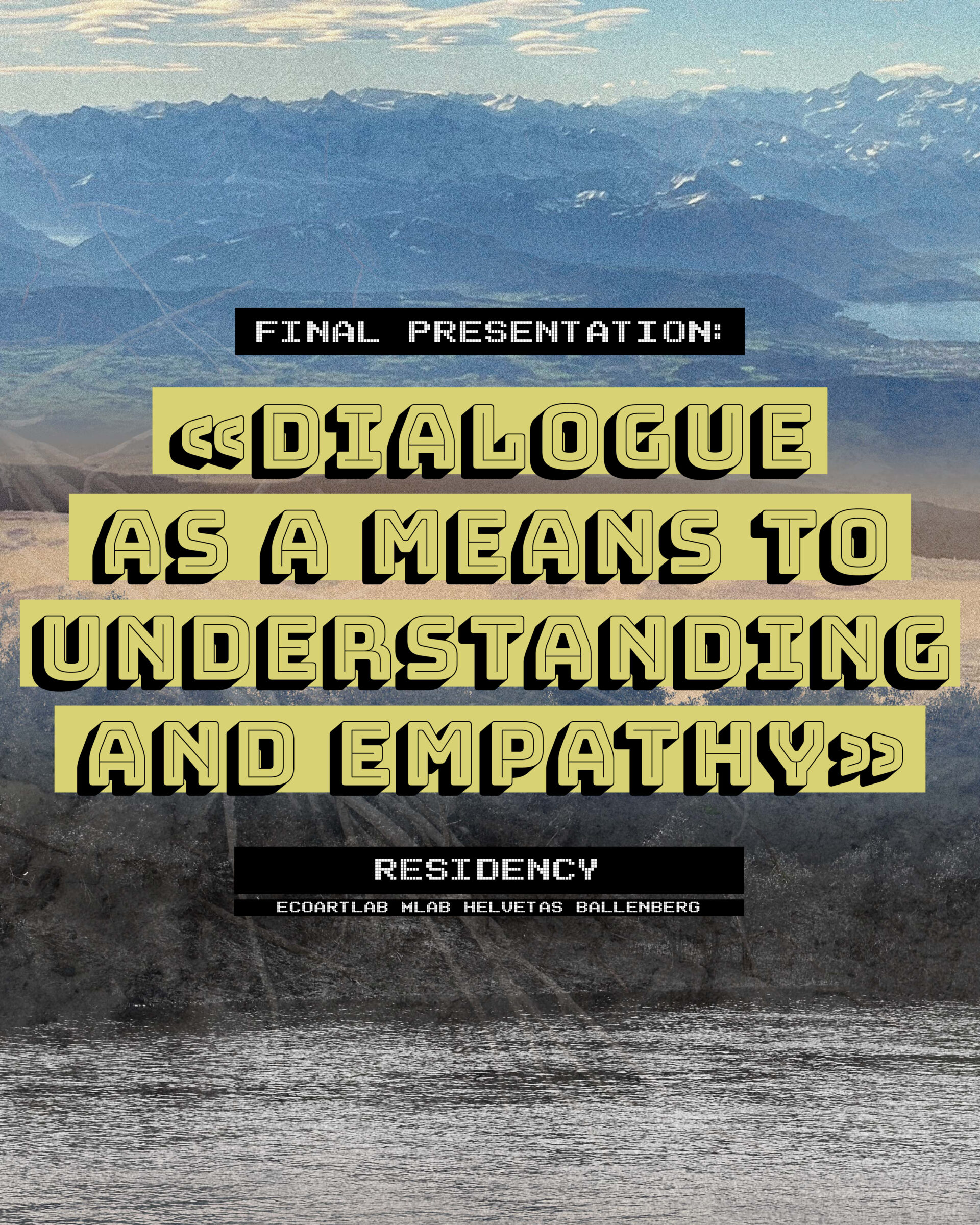
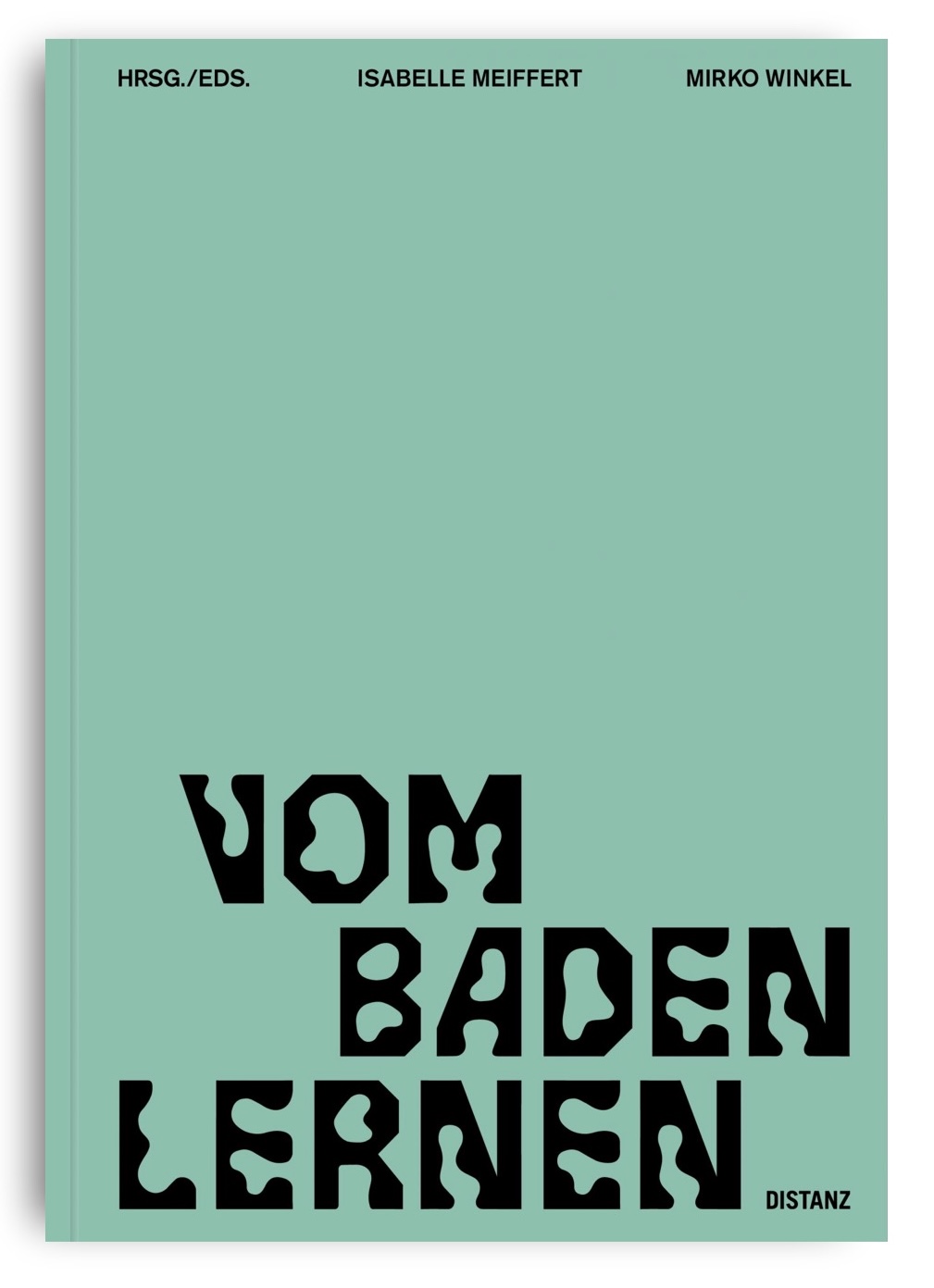
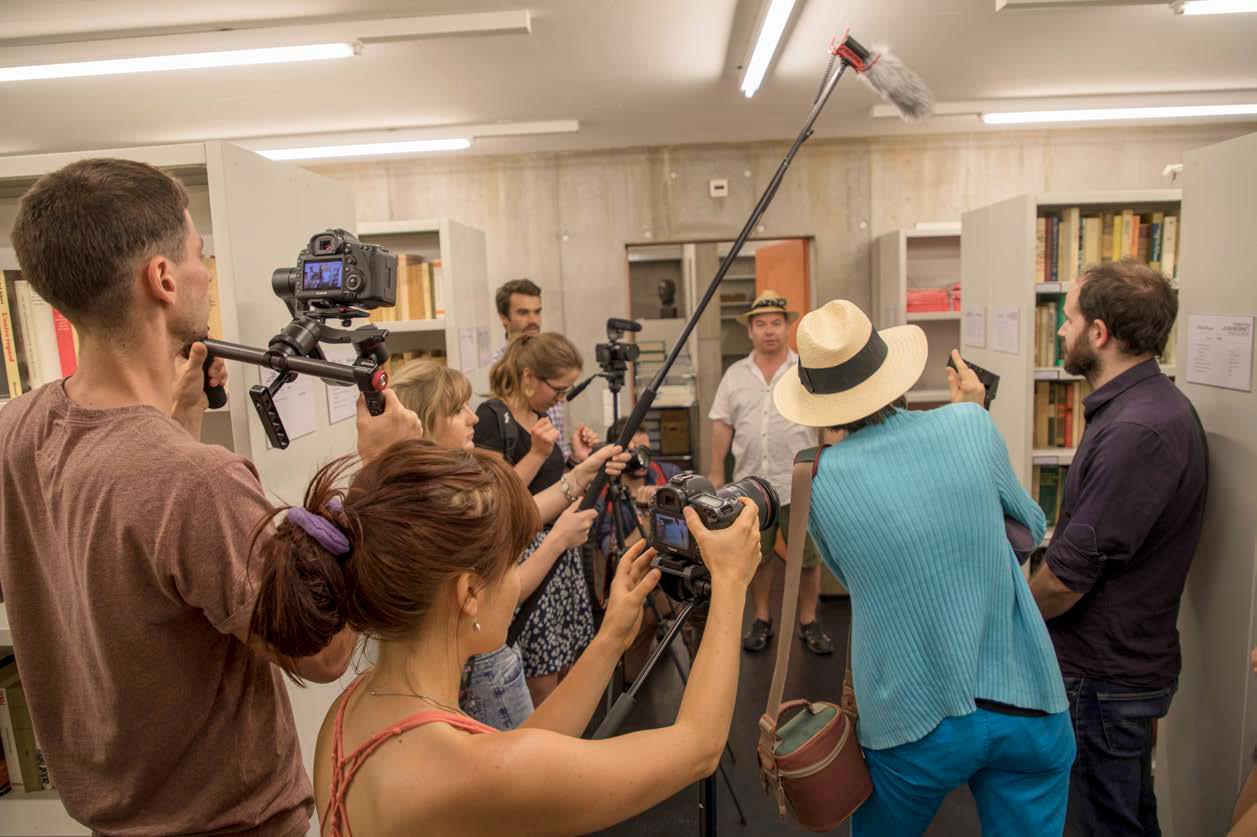
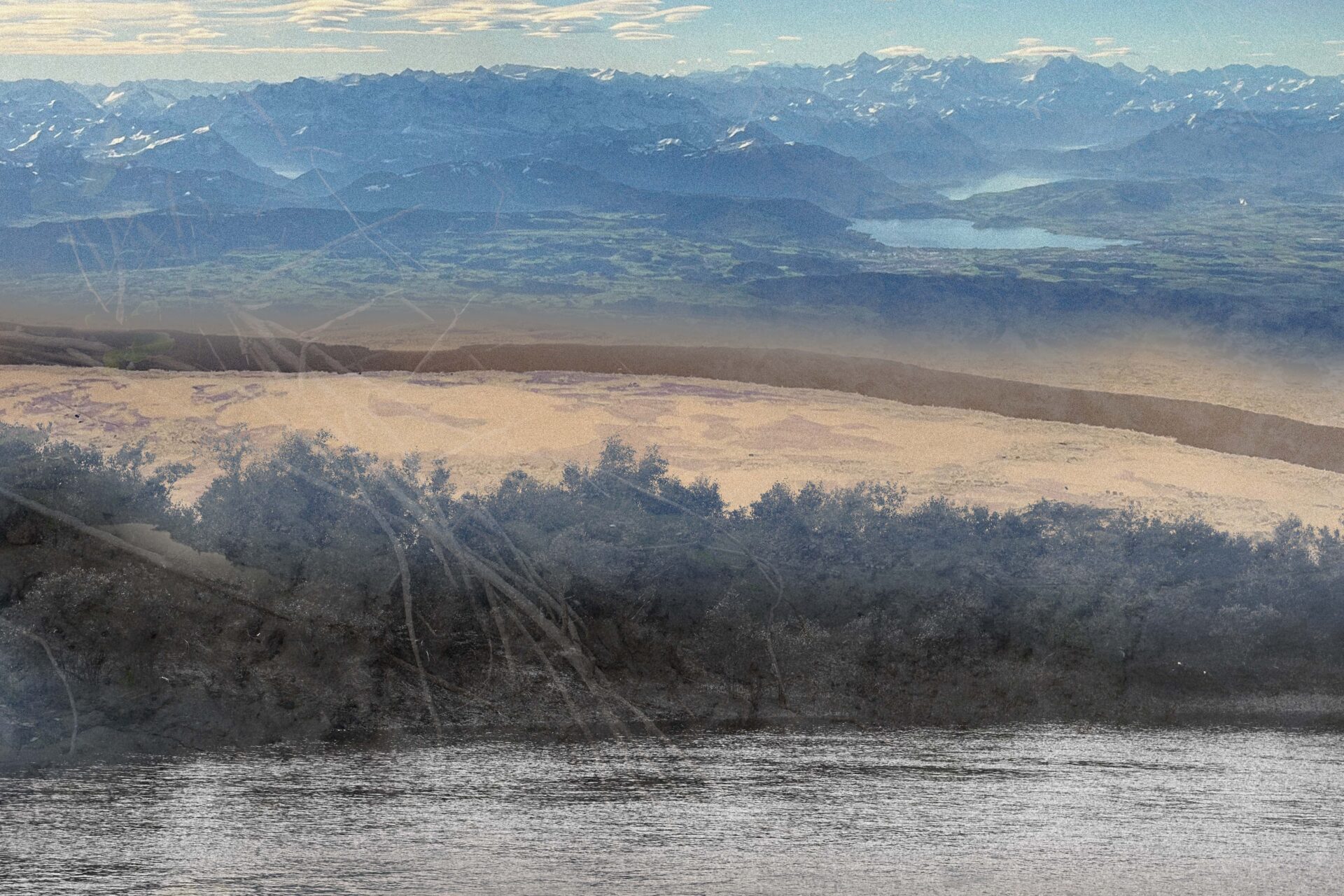
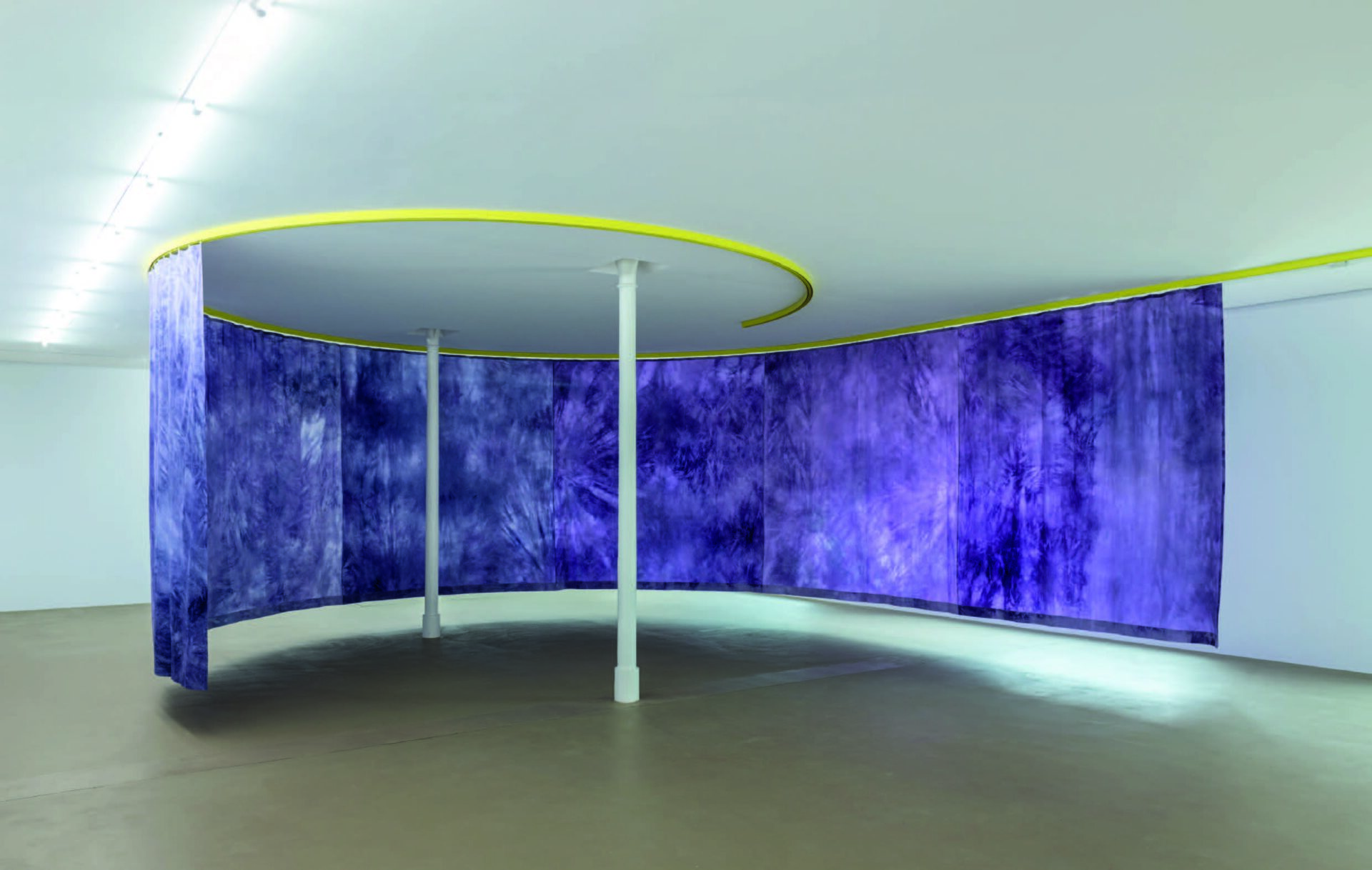
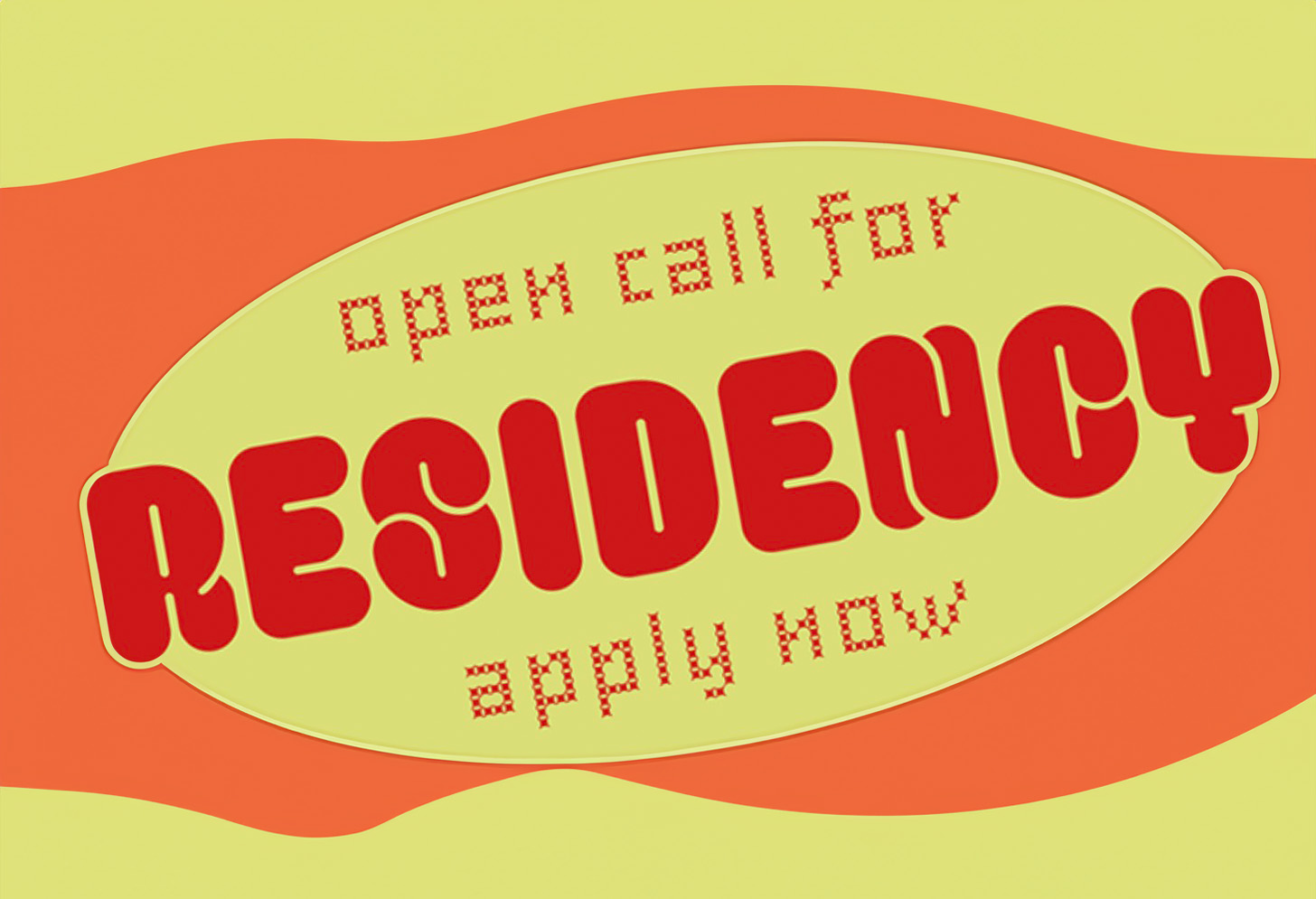
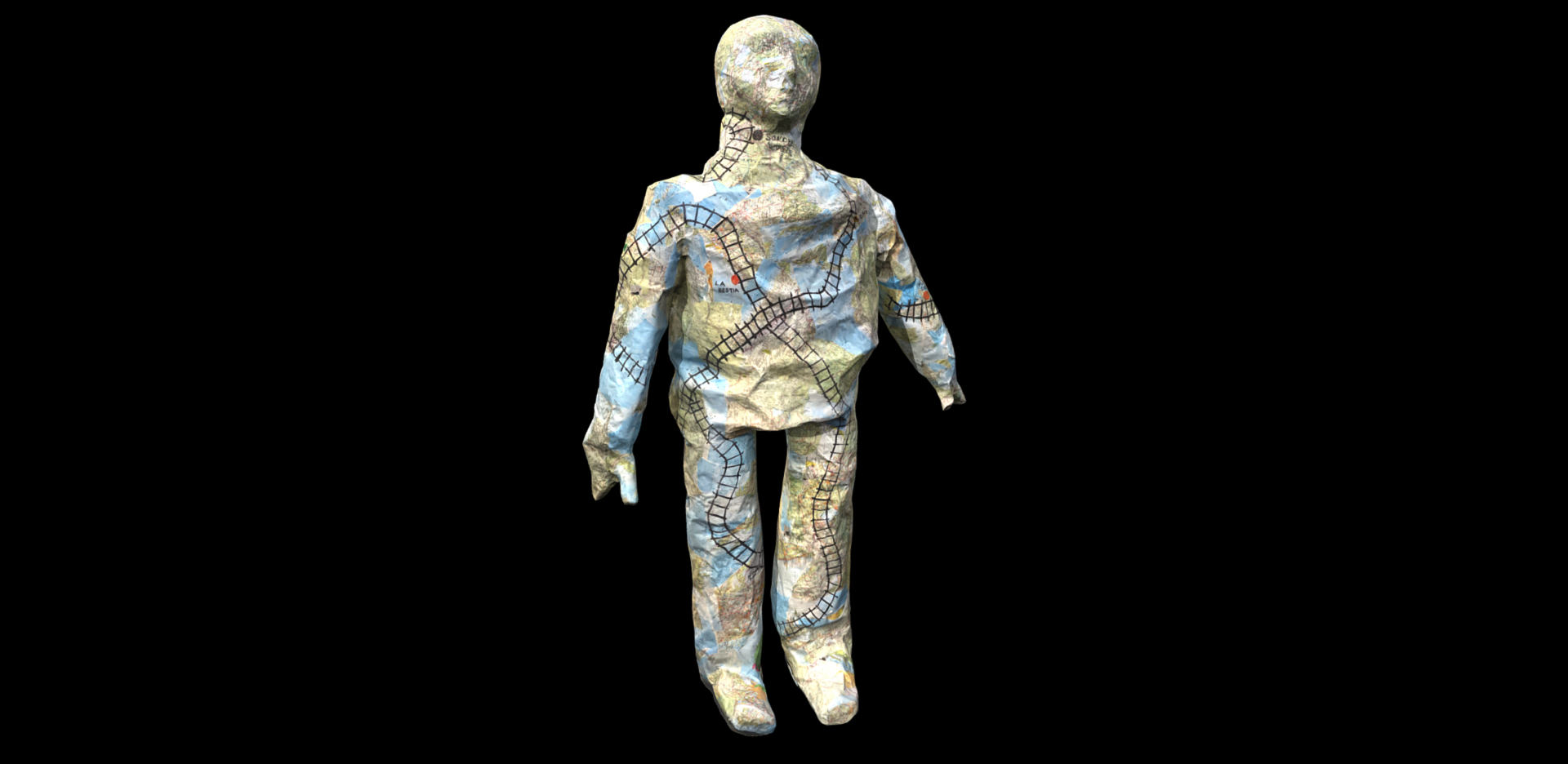
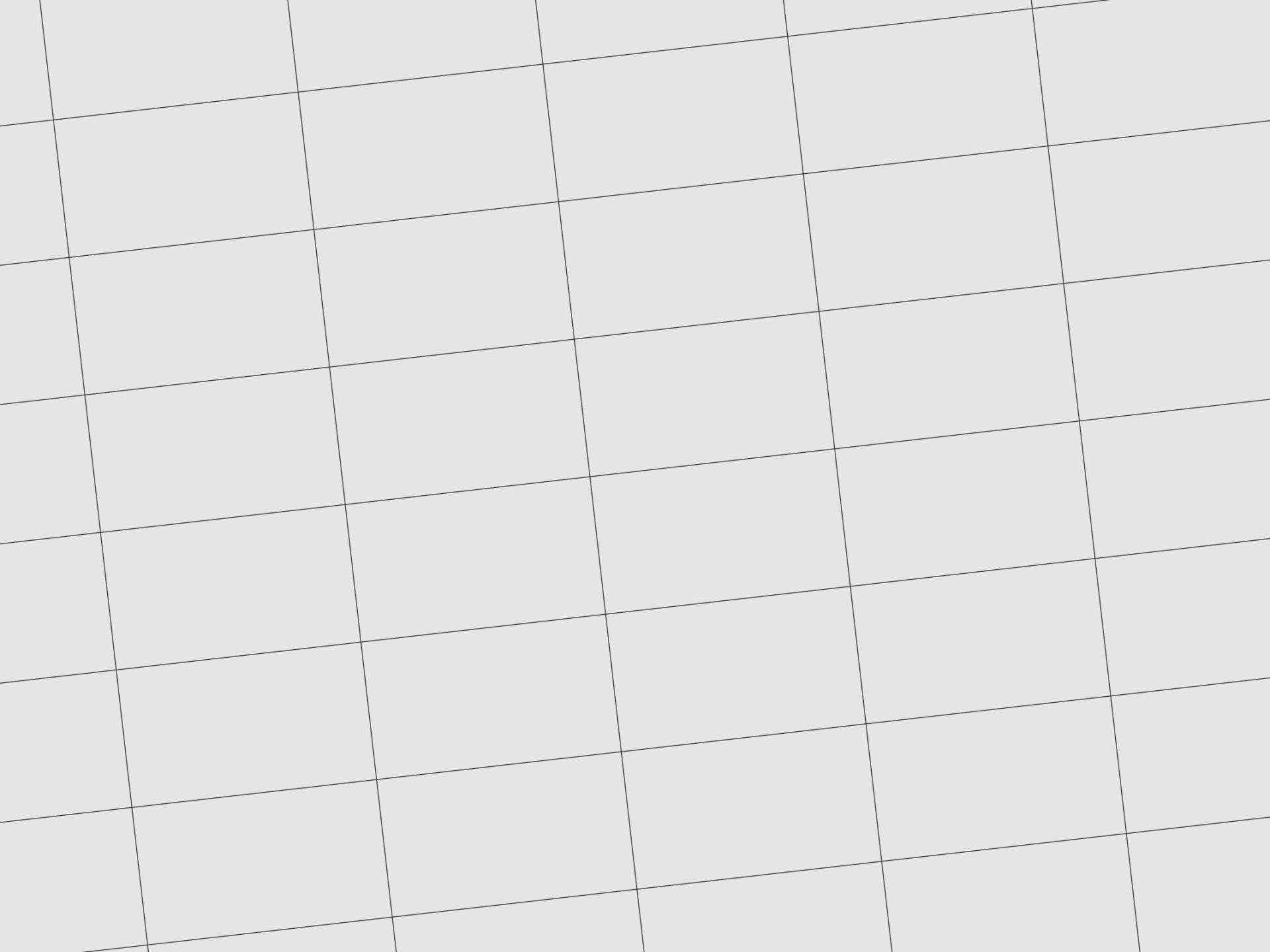
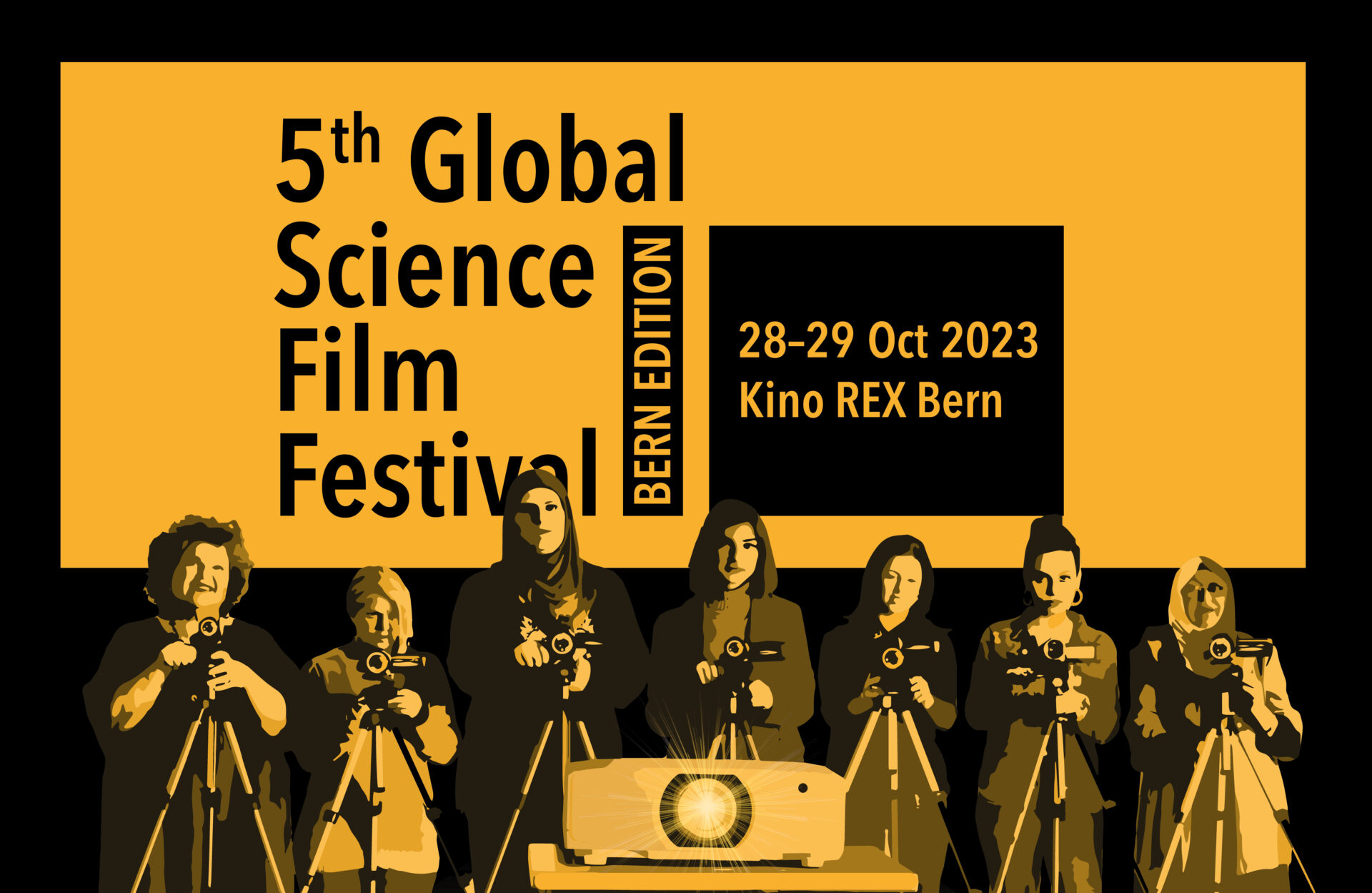
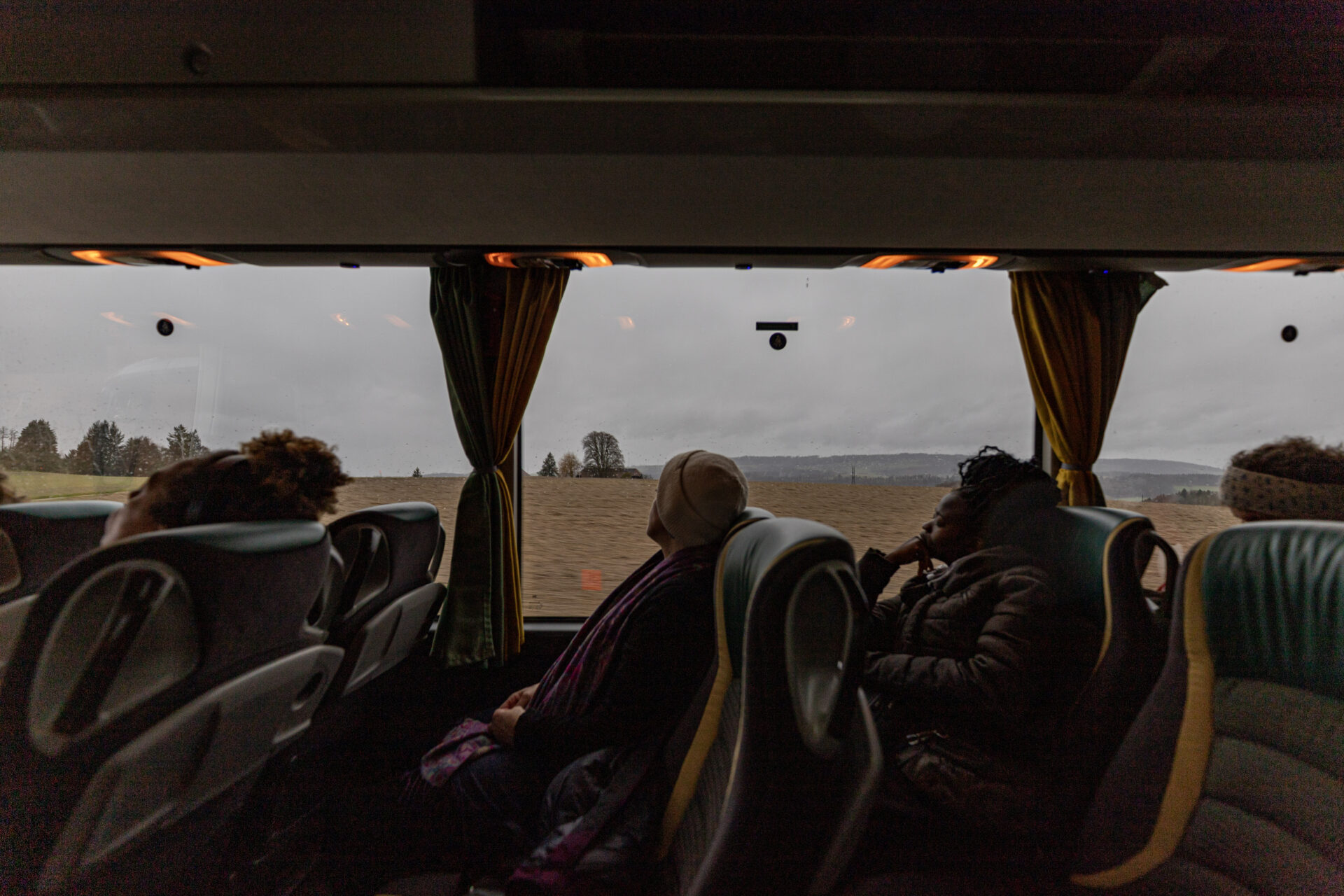
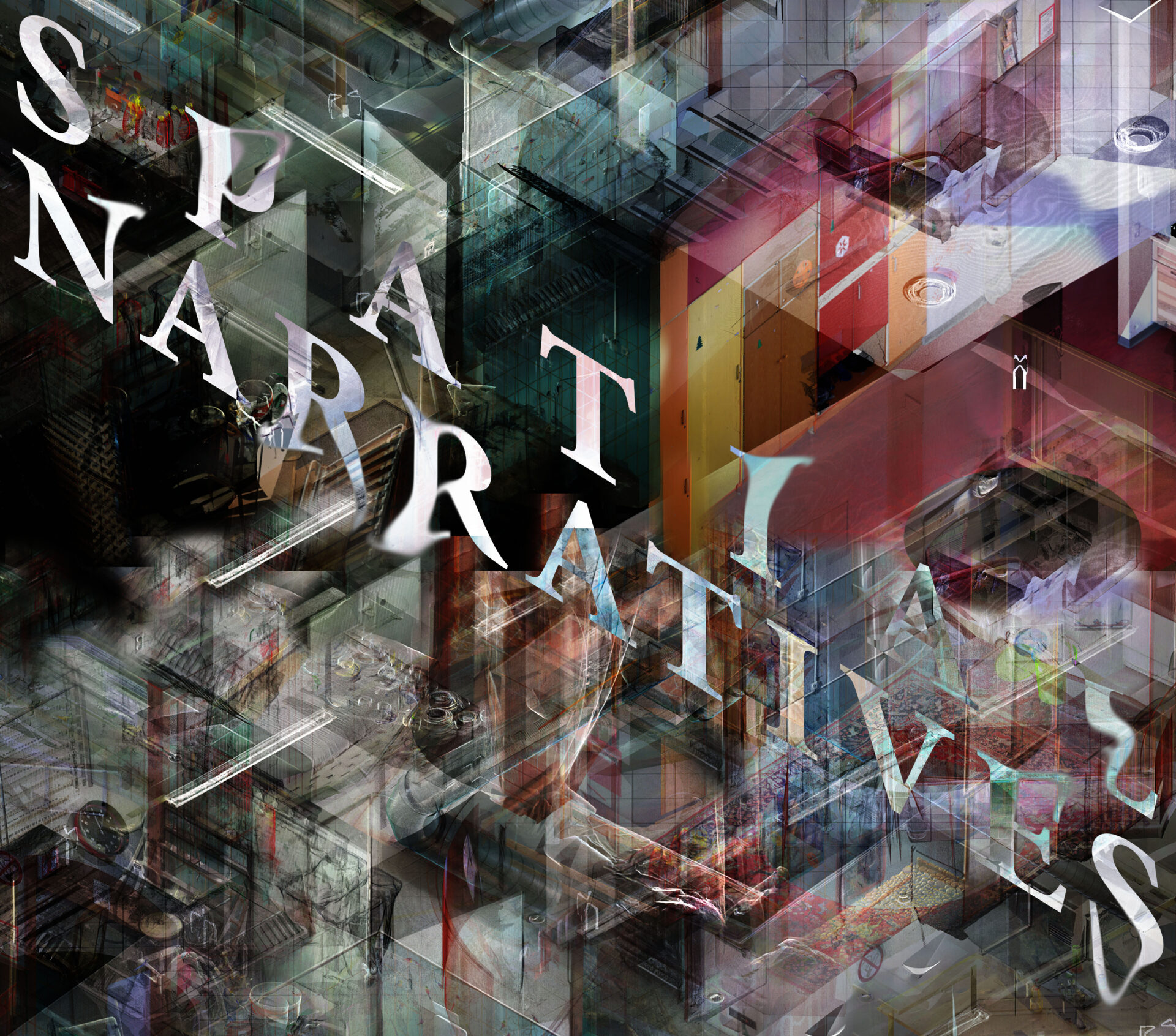
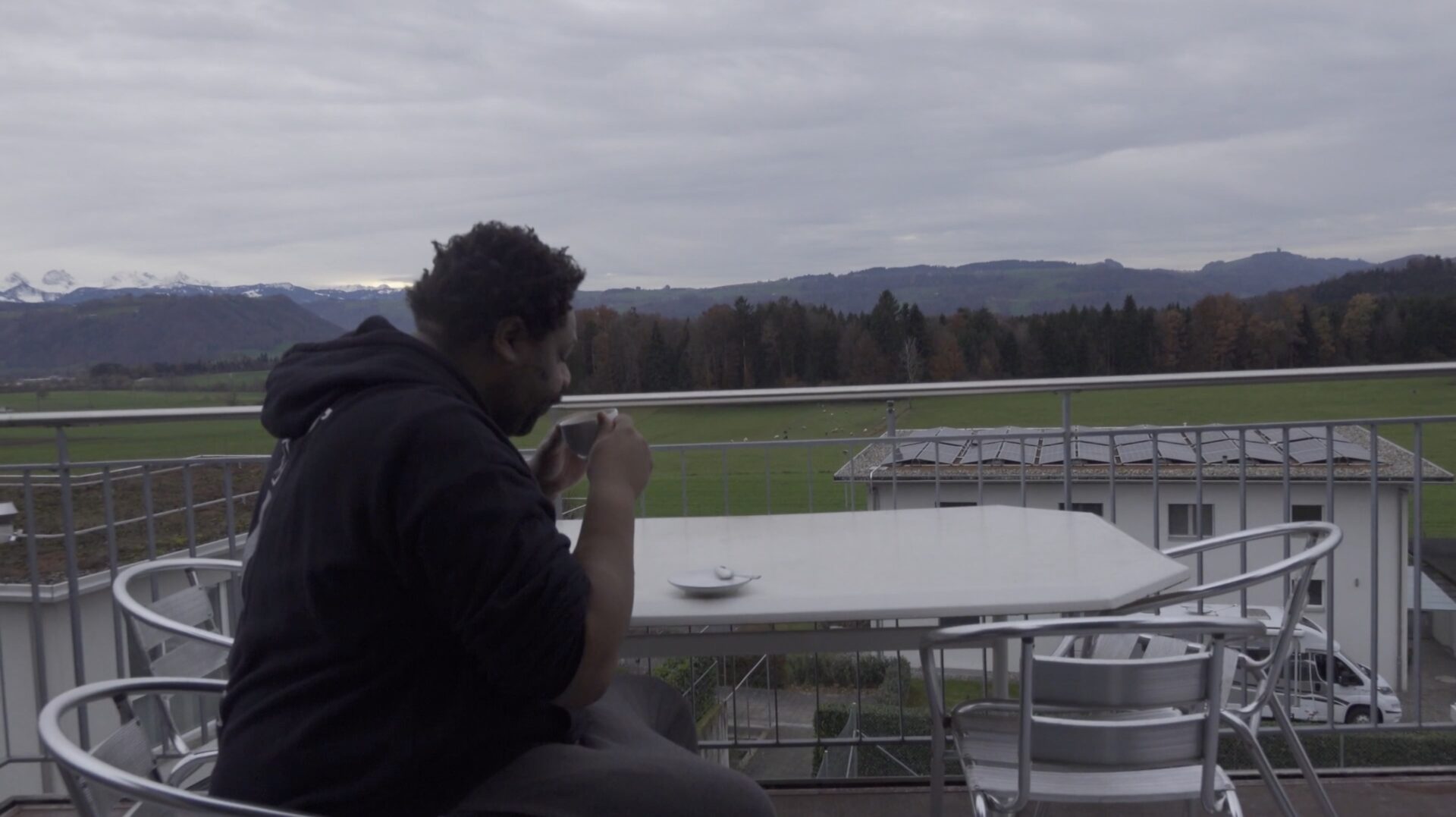
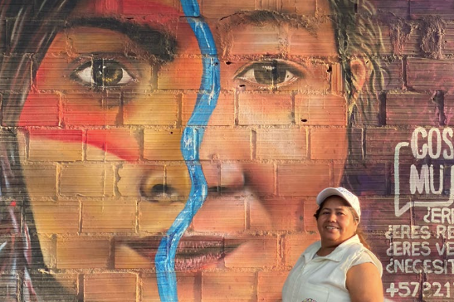
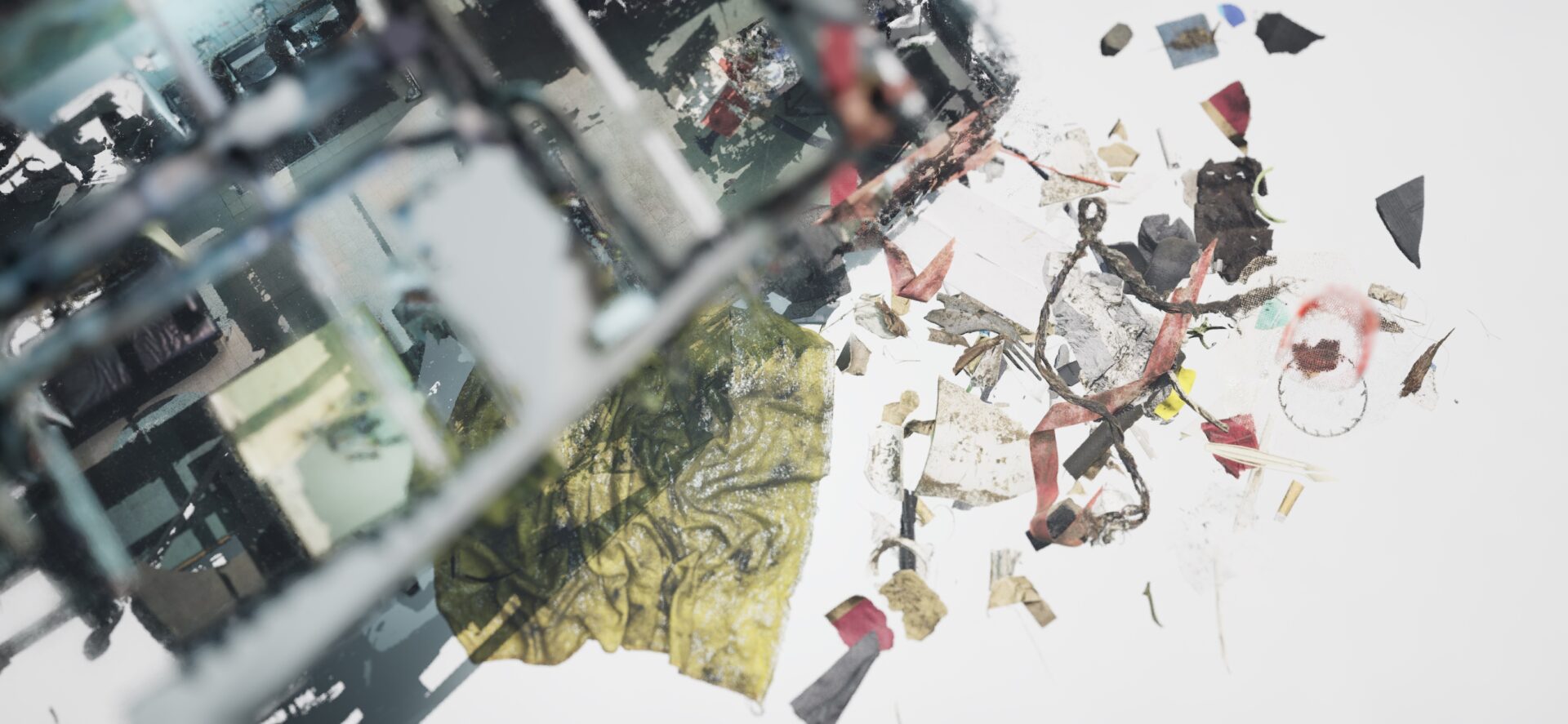

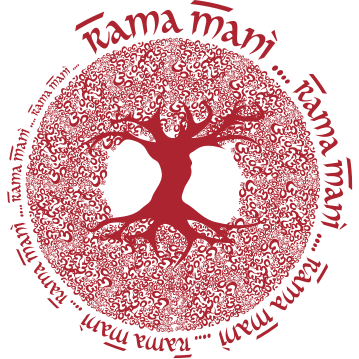
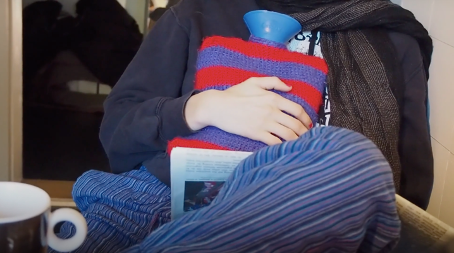


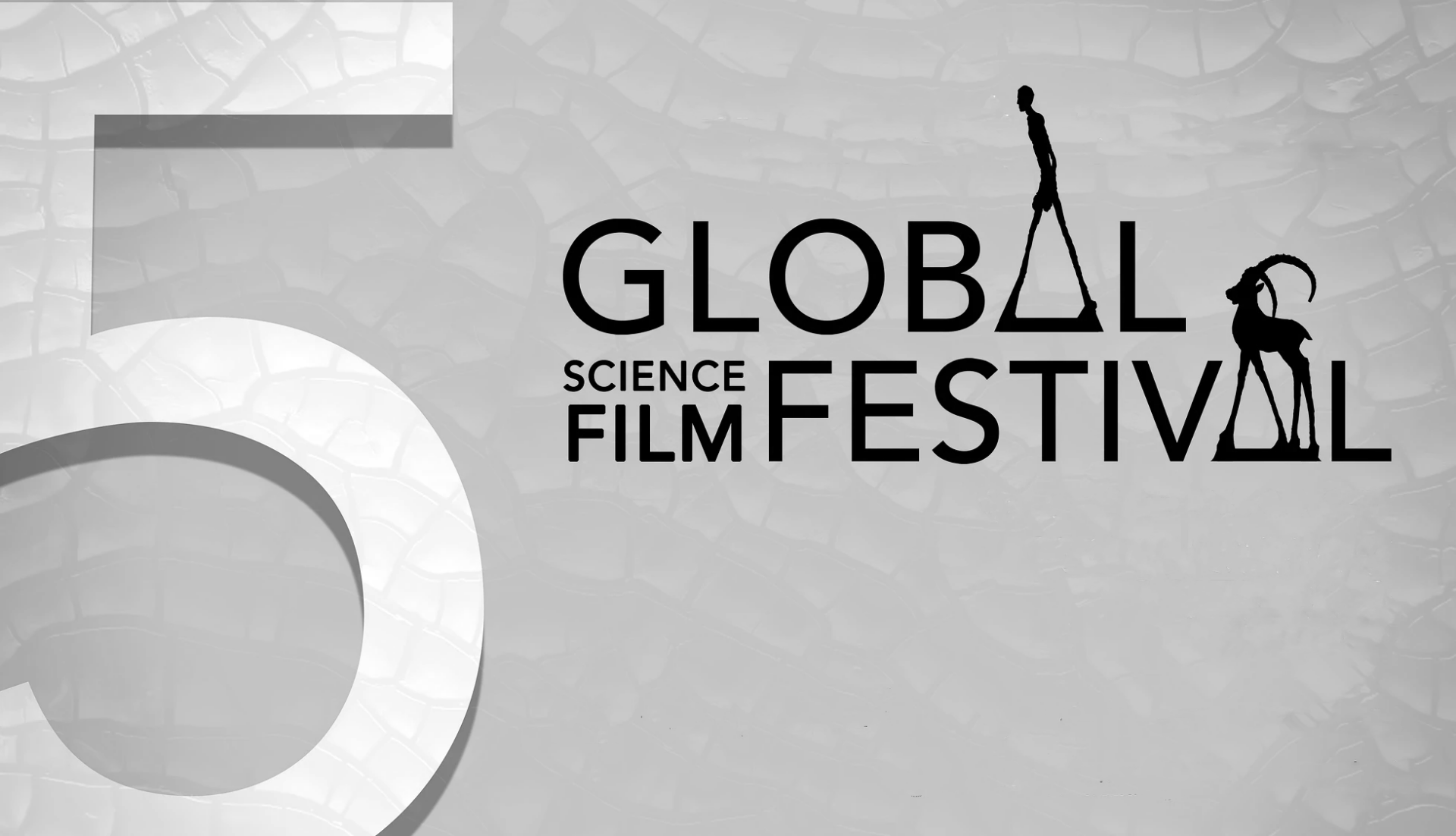

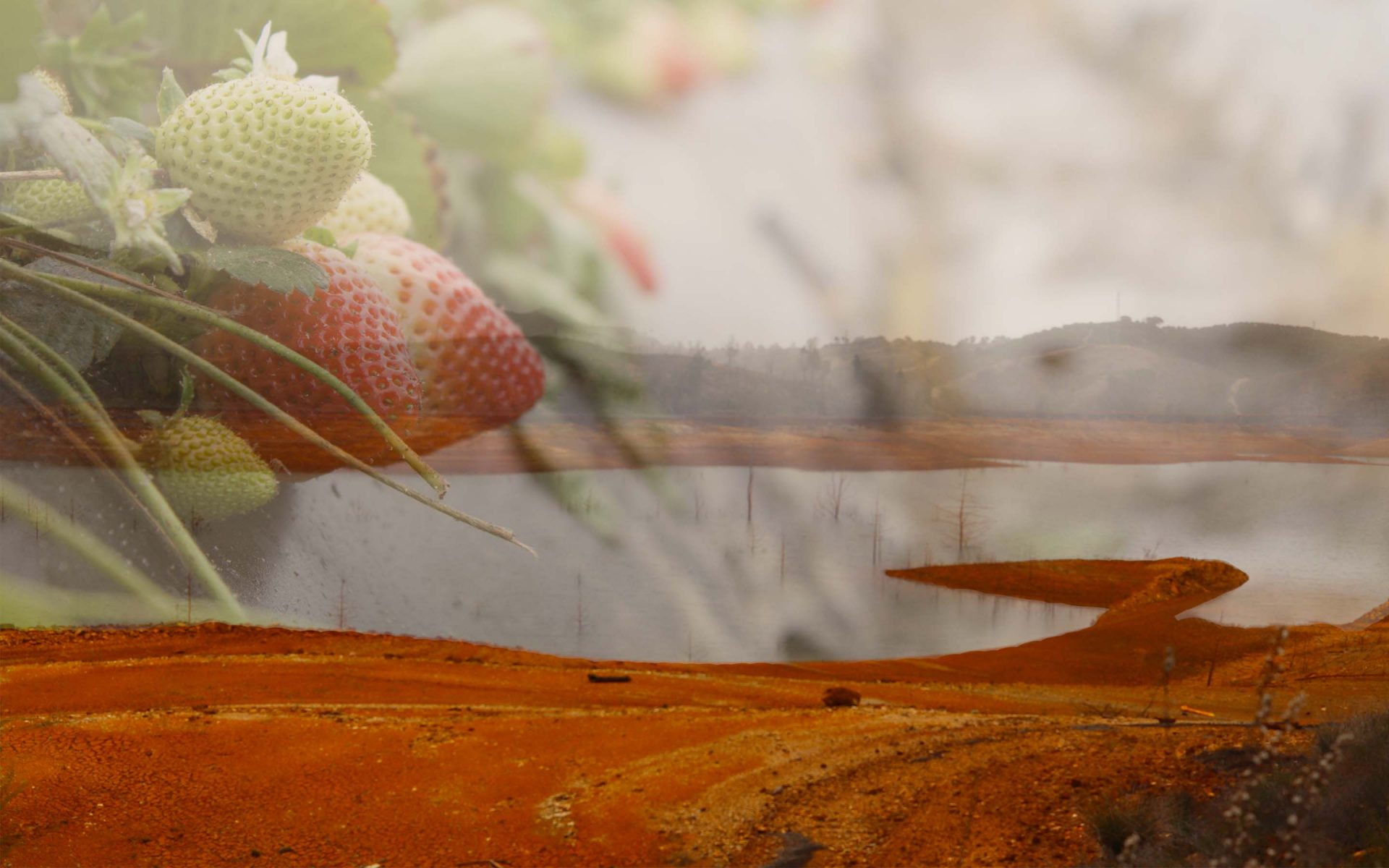
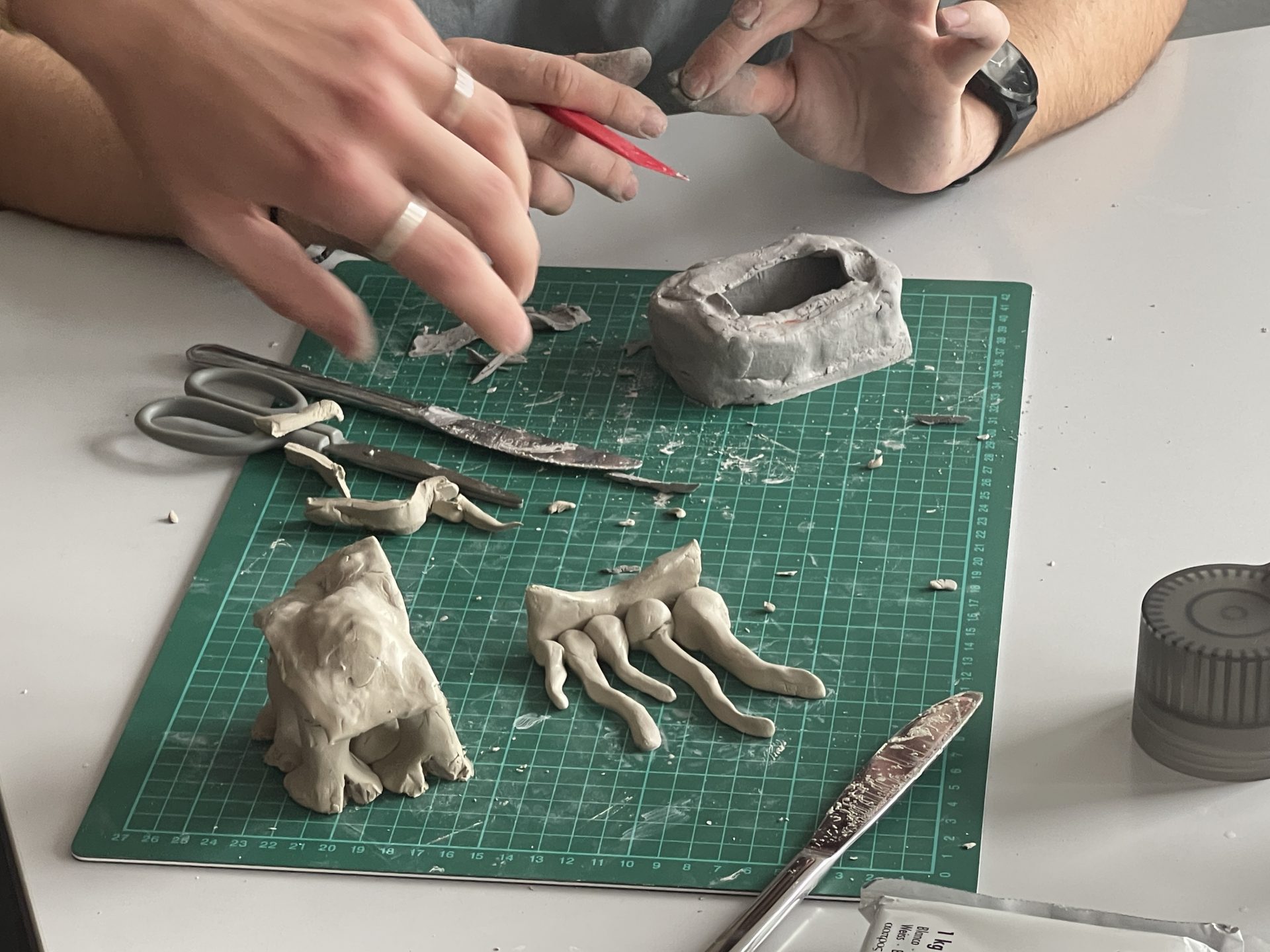
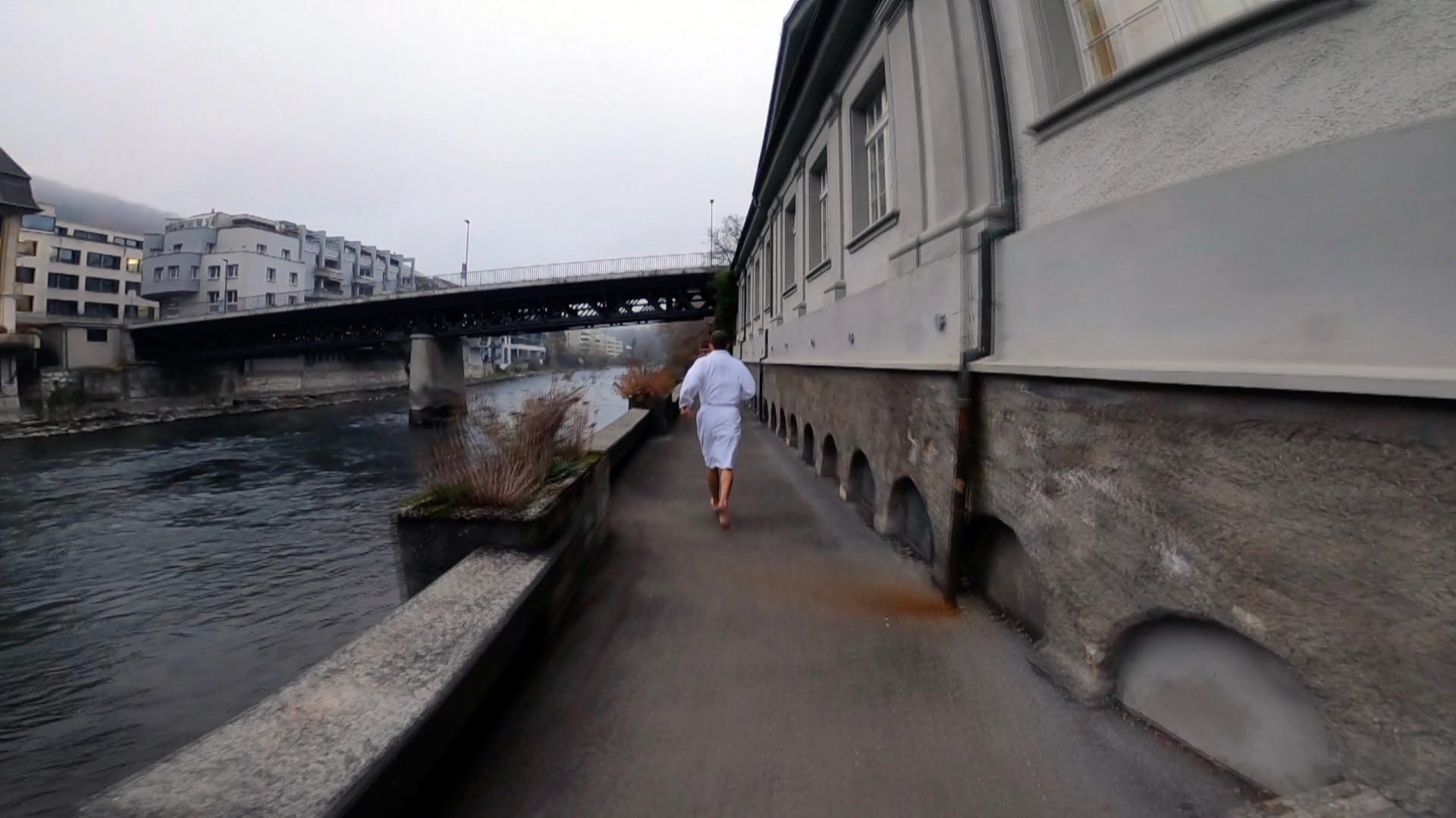
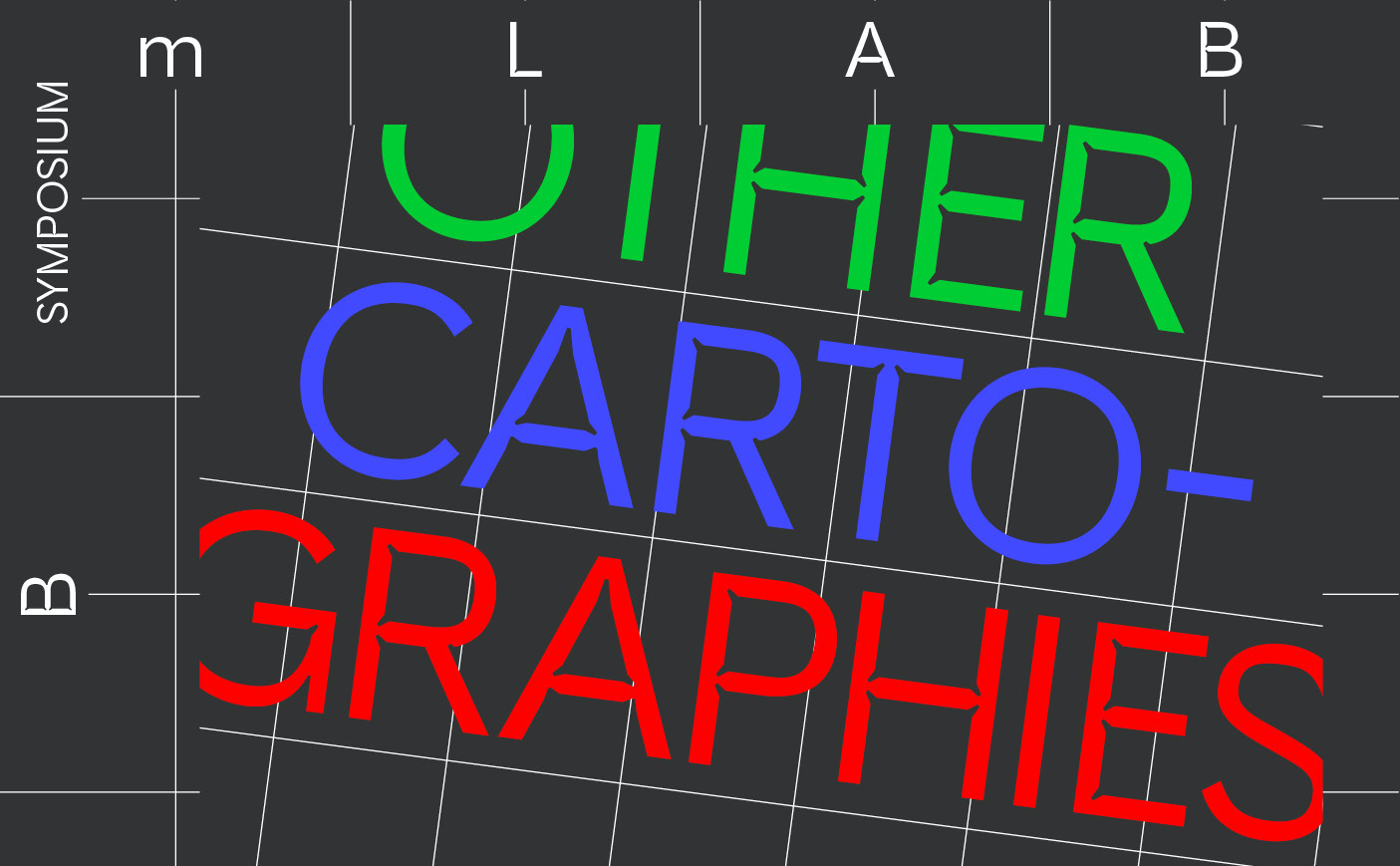

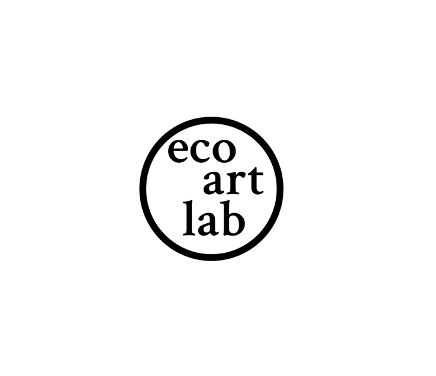



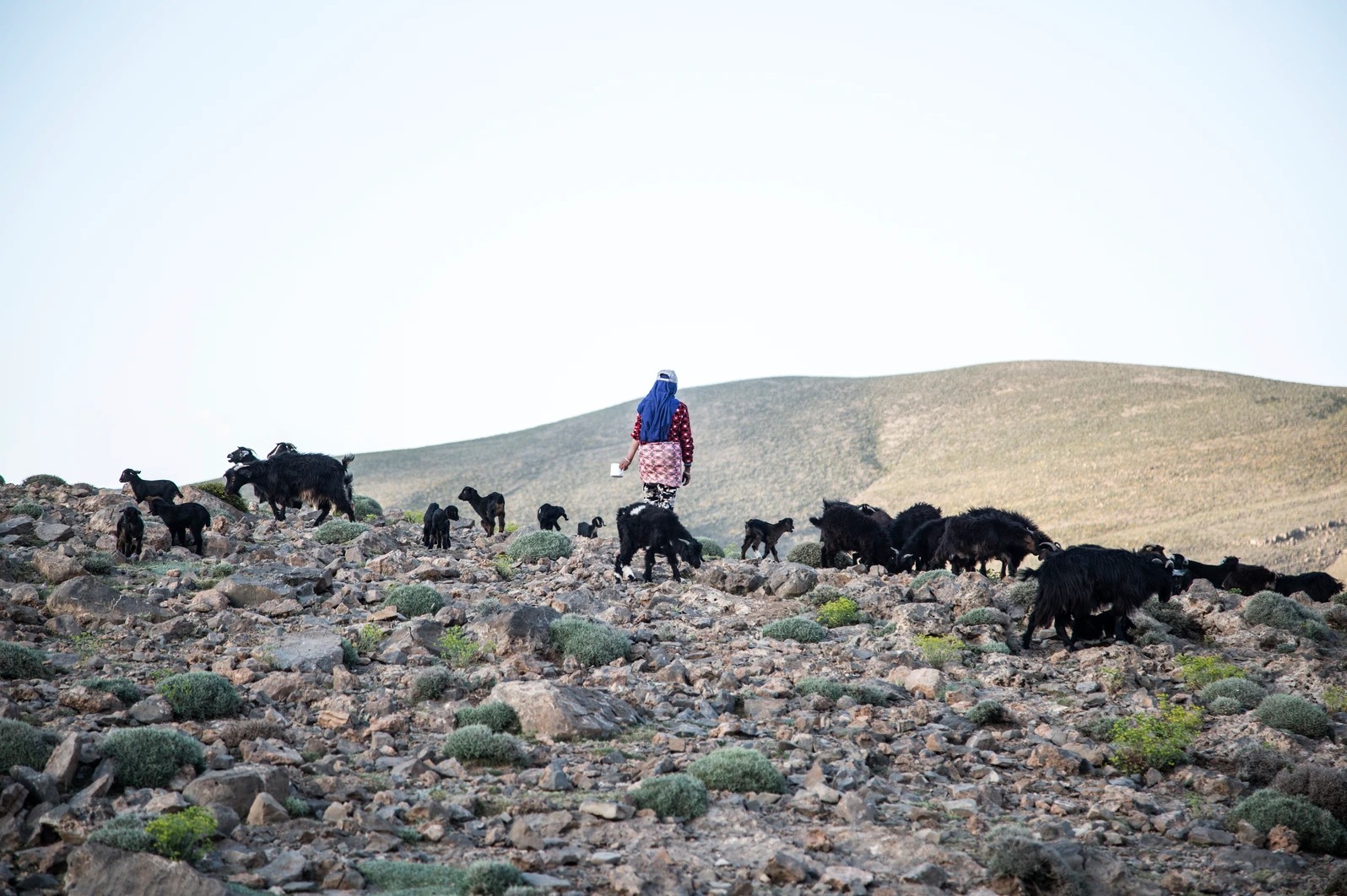
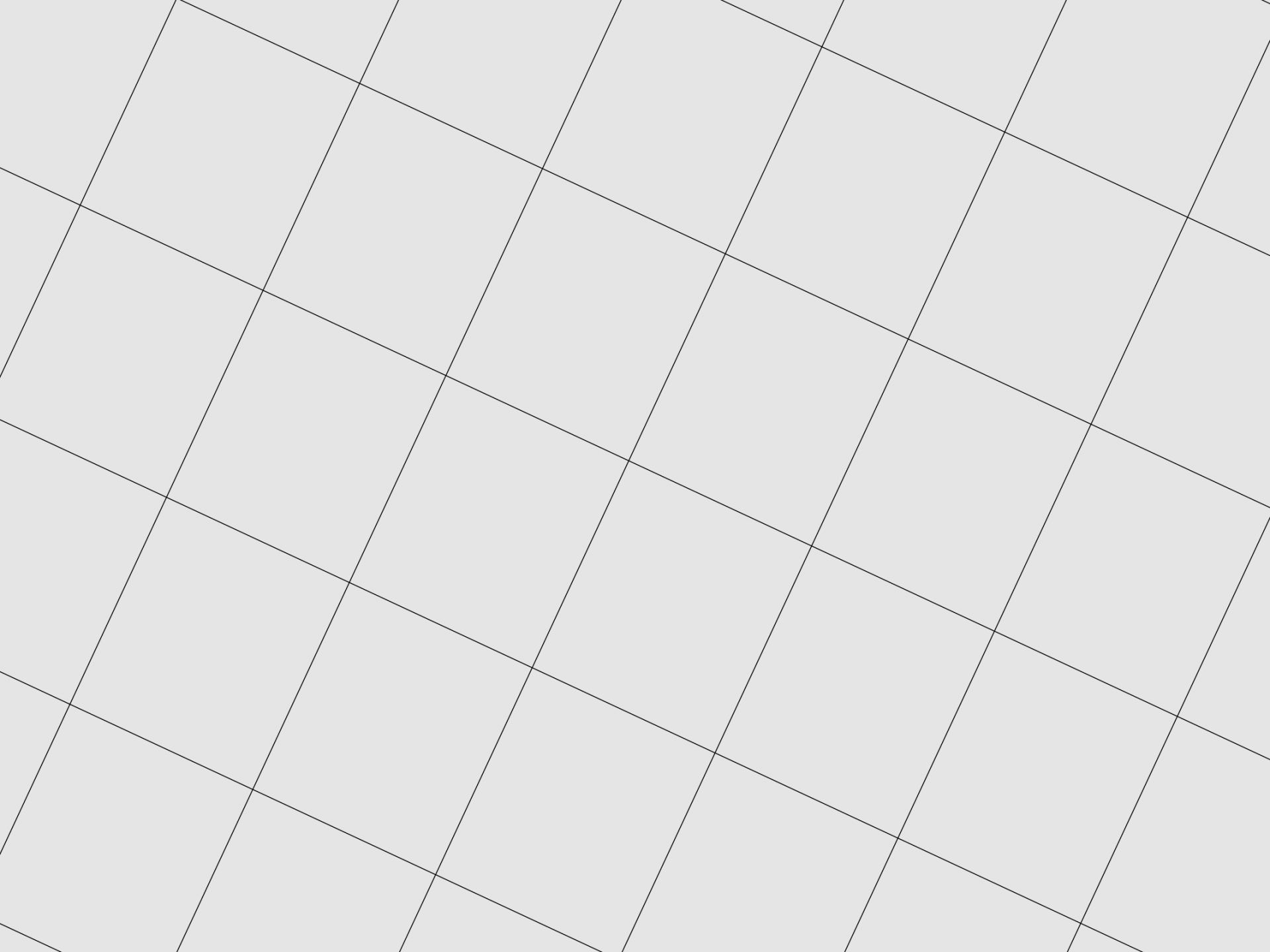
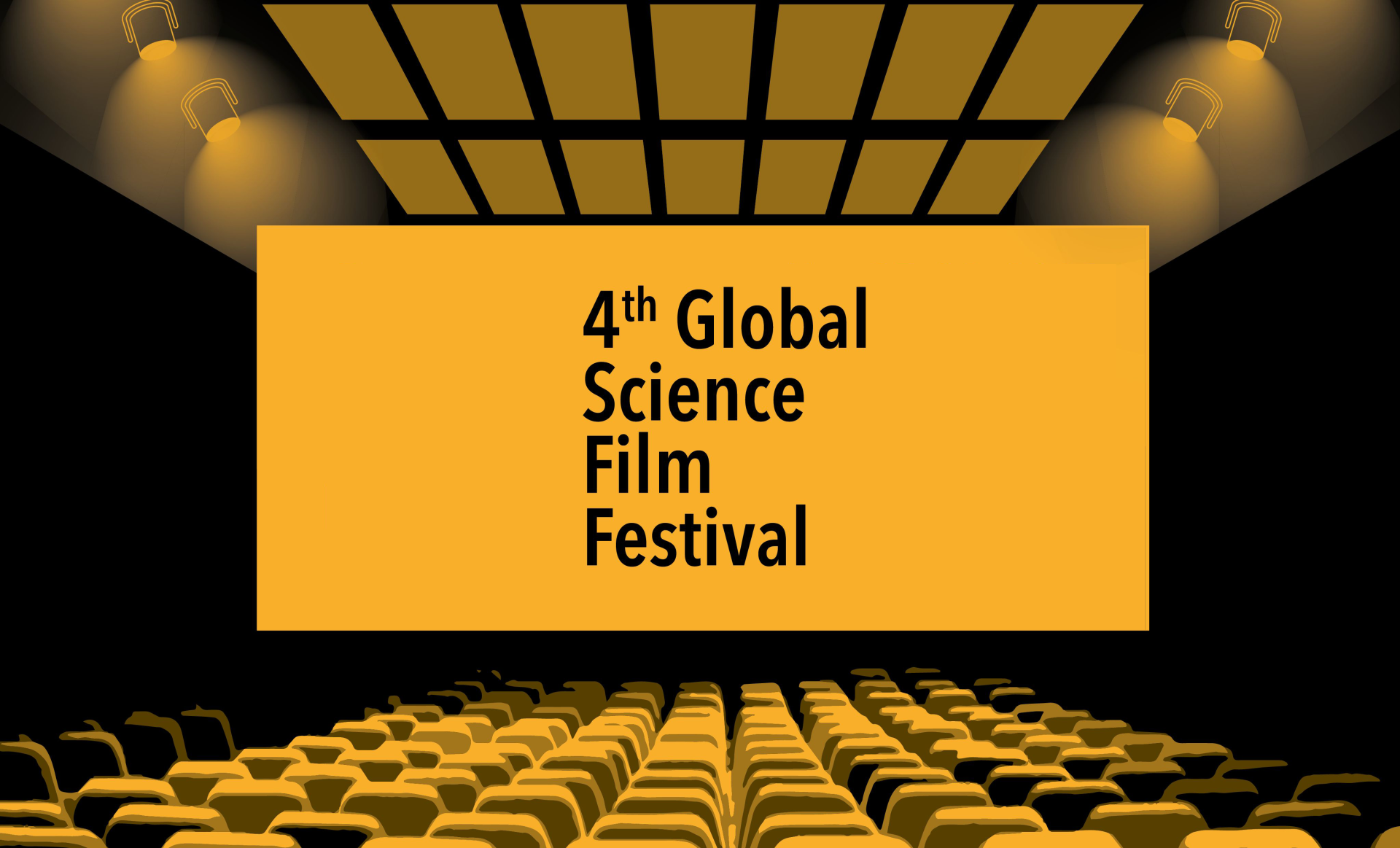
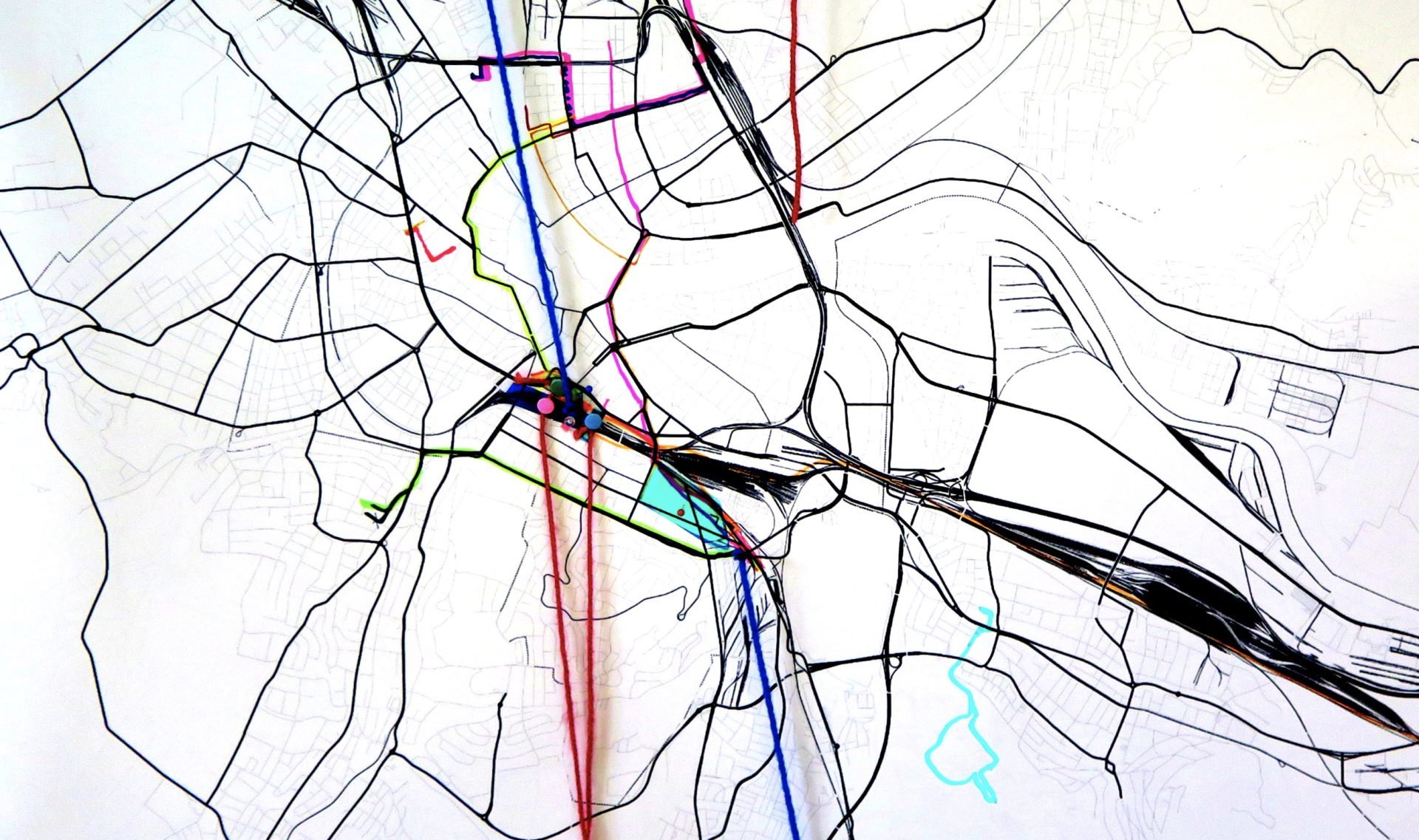

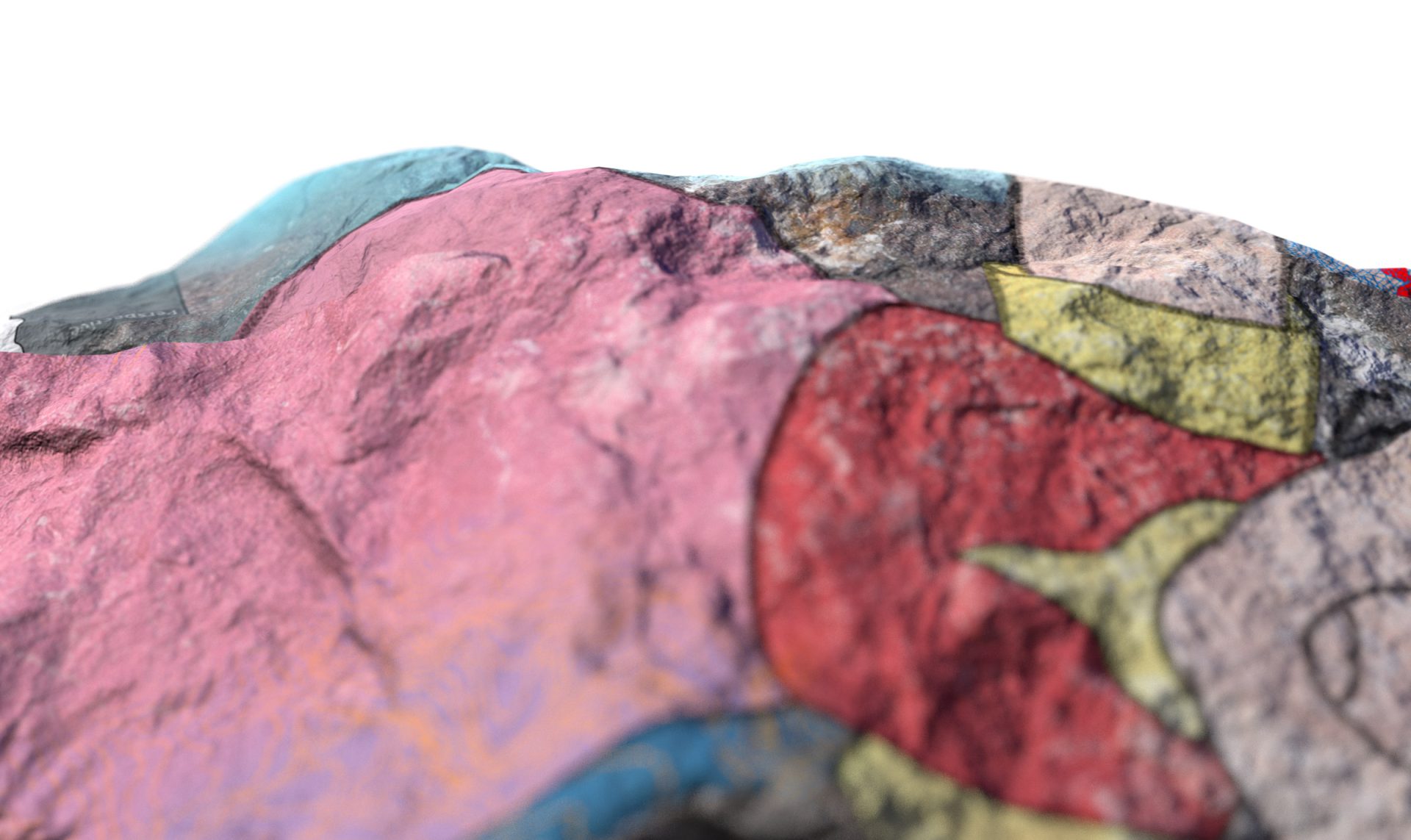

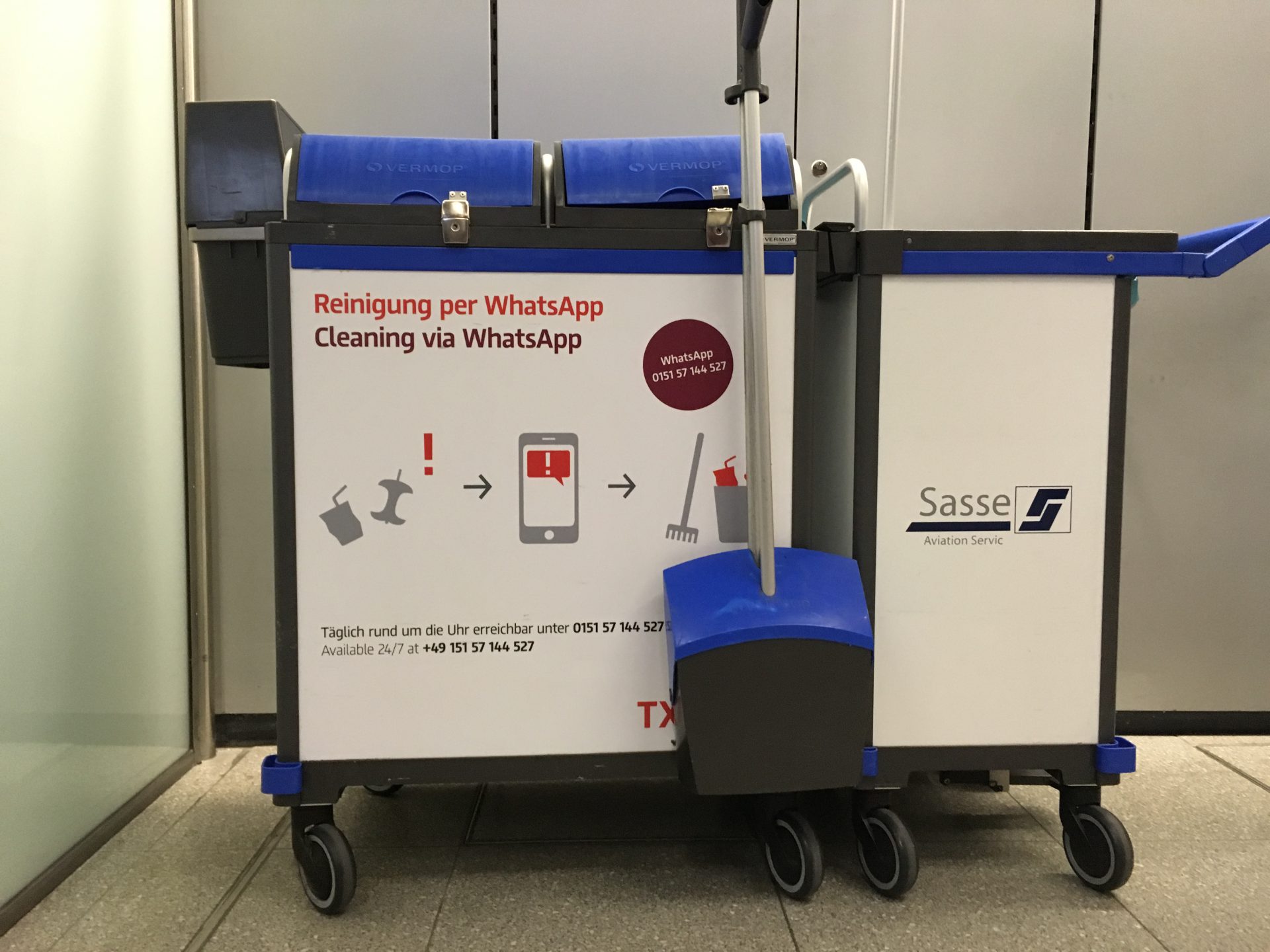
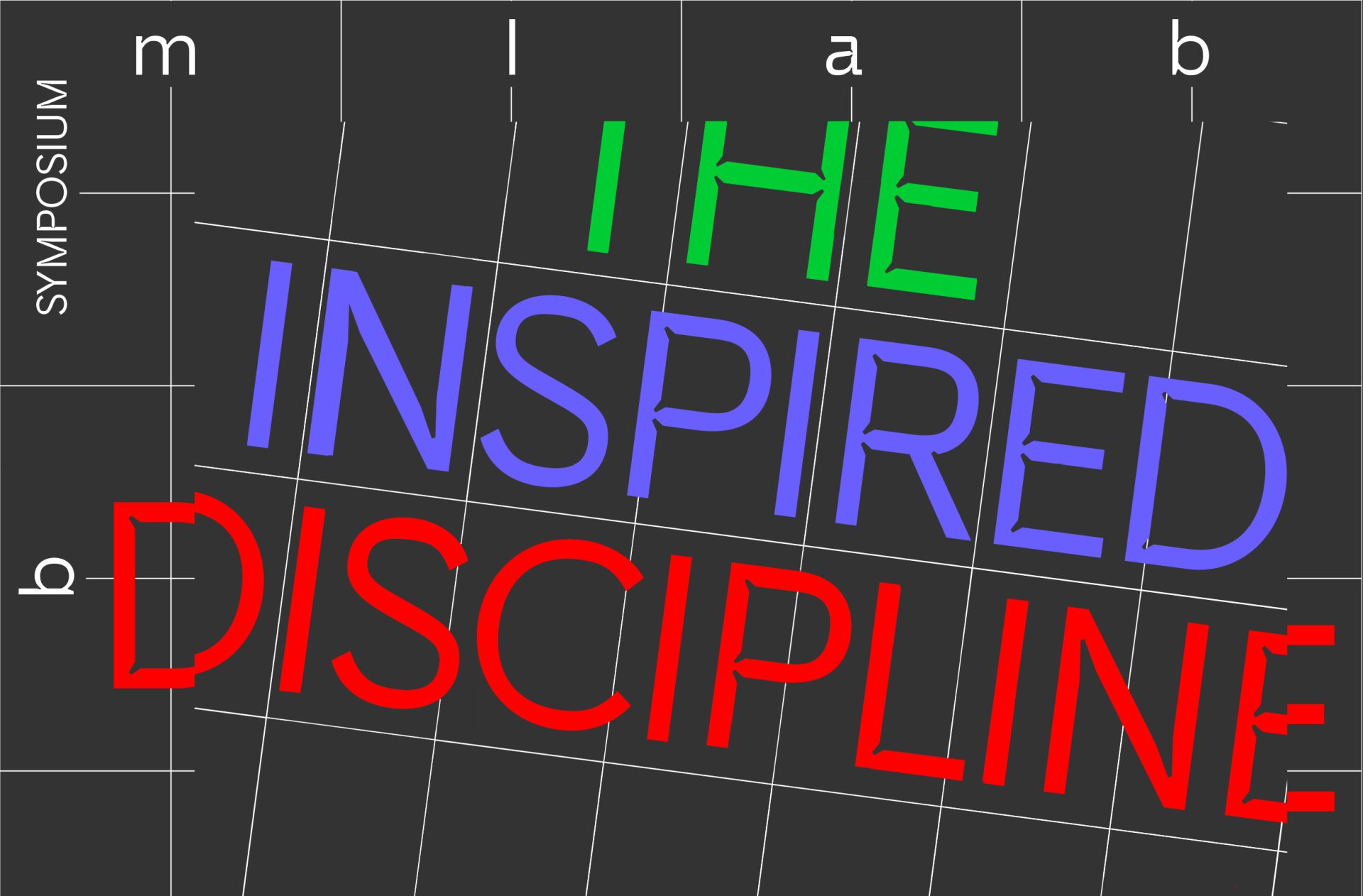
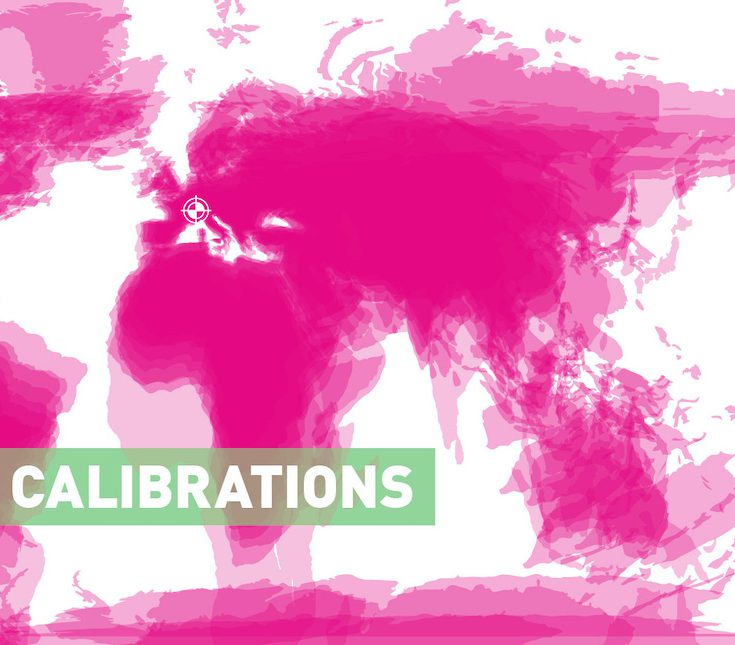
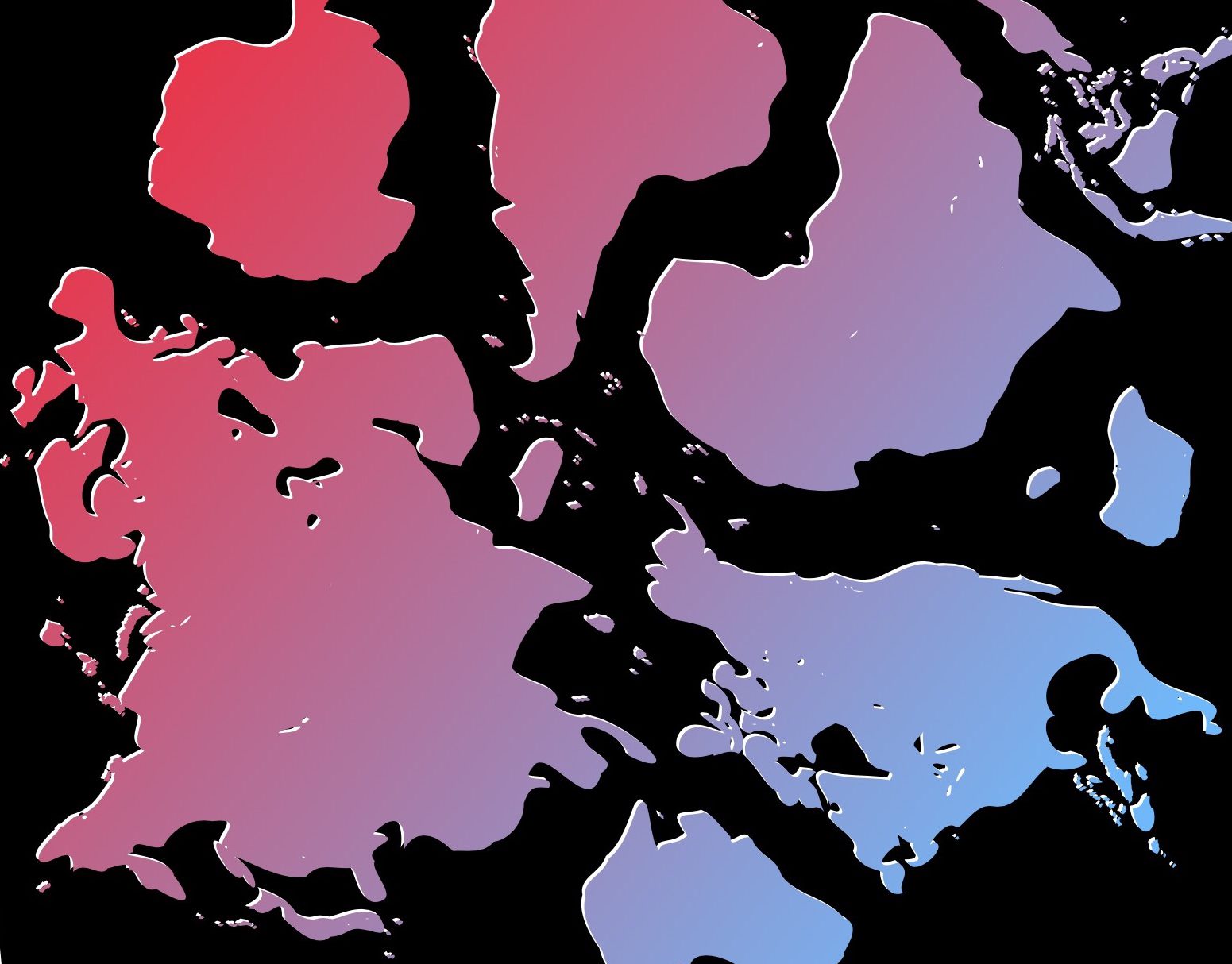
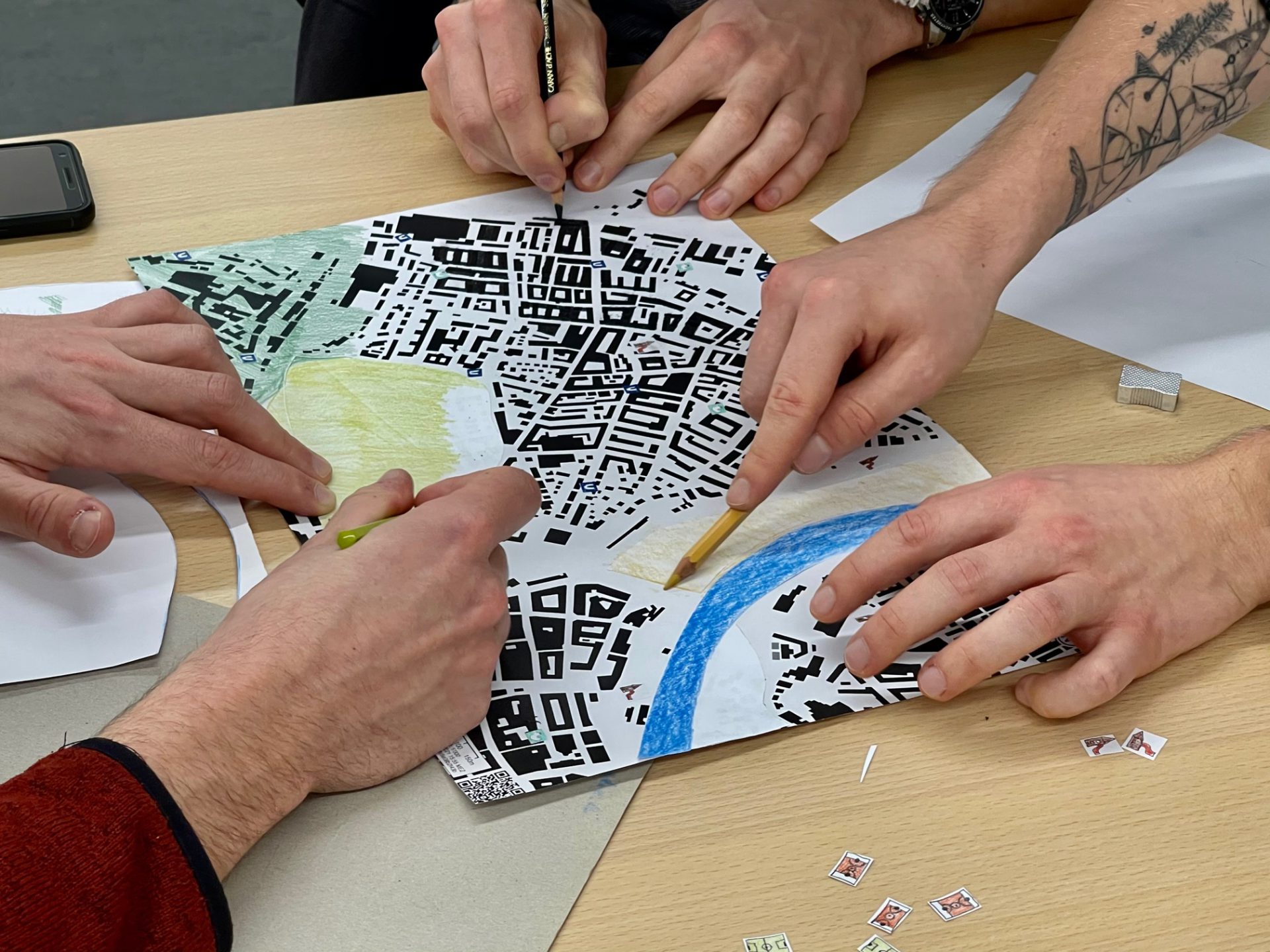

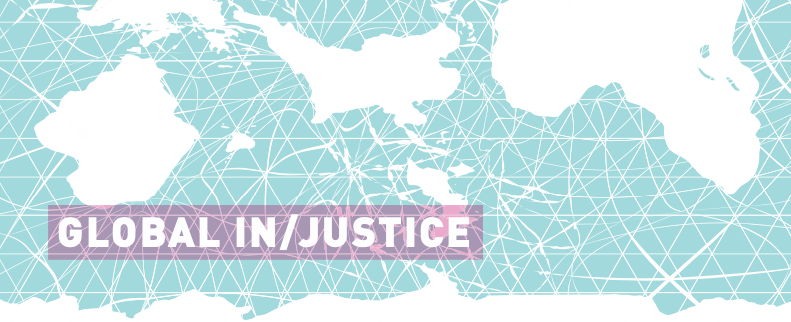
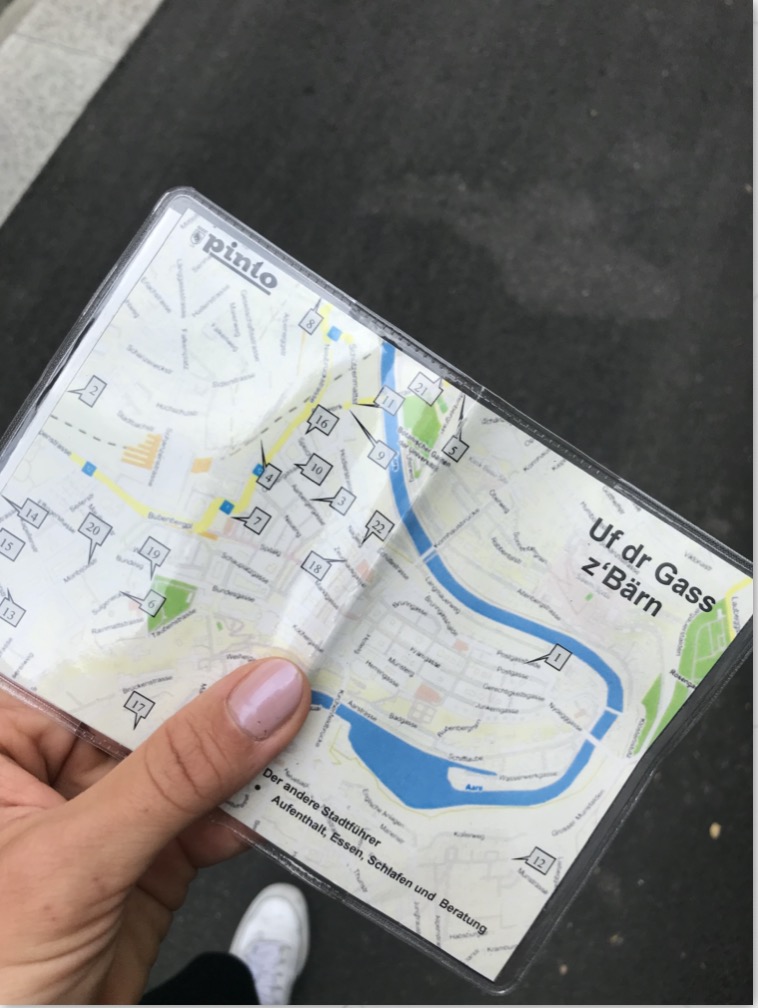
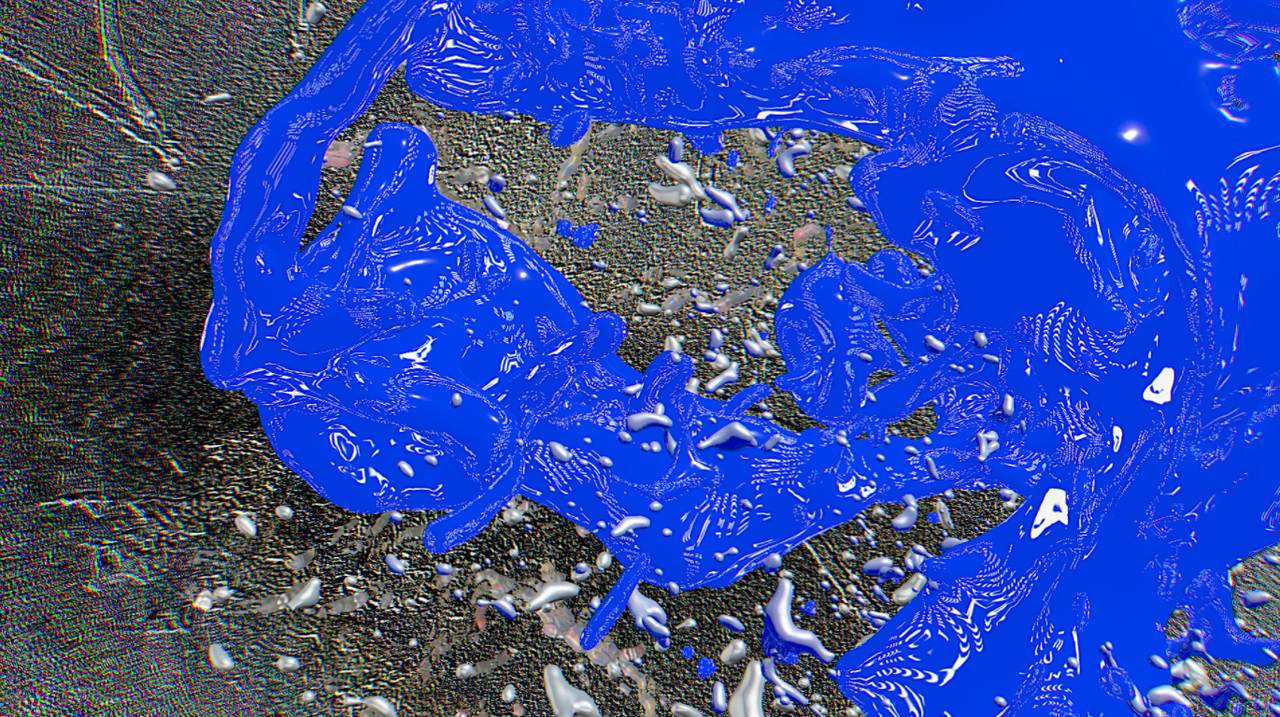


DATE
7th–8th of April 2022
PLACE
Online and Institute of Geography, University of Bern Switzerland
REGISTRATION (until 4th of April)
Admission free
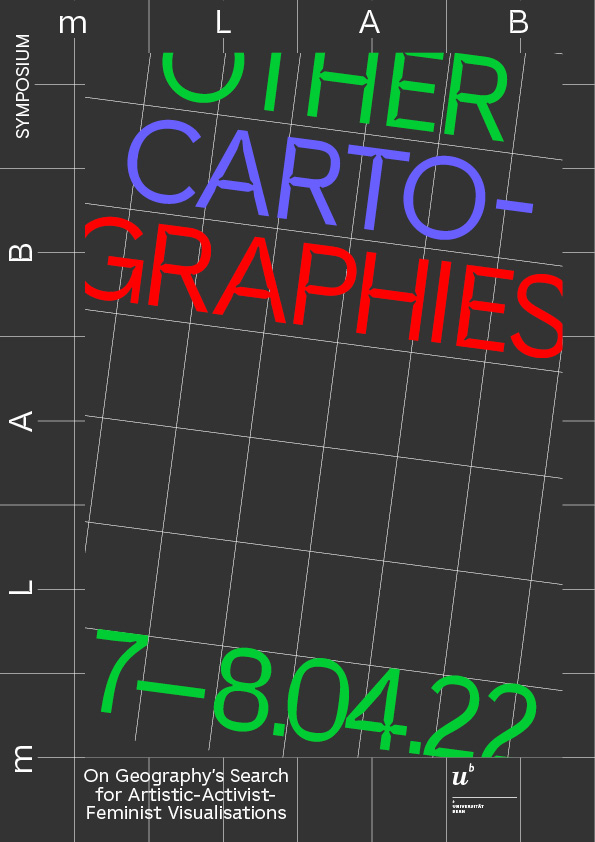



Make the invisible visible. Turn the map upside down, inside out, tear it apart, cut it, reassemble it, weave new territories, connect distant bodies and places, re-imagine the world otherwise.
Over the past decades, feminist, critical, and counter cartographies have revisited cartography´s troubled history, showing that maps are never innocent, neutral or objective. Cartographies are embedded in global power structures and have been instrumentalized in service of empire, colonialism, capitalism and other geopolitical and -economic projects. Geography, a discipline in which maps have played a key role in training, researching and teaching from the beginning, is actively engaging with critique and mapping practices. Is it even possible to use established cartographies to change existing power structures? “The master’s tools will never dismantle the master’s house” (Lorde 1984). Is there instead a requirement for different forms and techniques of mapping that have their origins outside the traditional disciplines? Aside the work of critical, feminist and black geographers and cartographers, artists and activists have been at the forefront to “criticize, provoke and challenge our ways of thinking about space, place and maps” (Halder & Michel 2018: 13). Artists have challenged aesthetic customs, formats, materials and have consequently pushed the boundaries of what counts as a map. Activists have reappropriated mapping practices as a participatory and collective medium of political resistance. Artists, activists and academics alike have transgressed the norms of conventional cartography to remap and henceforth reimagine territories, societies, power configurations, and intimate-global connections.
In the second mLab Symposium, we will open up the space for conversations at the intersection of art, activism, cartography, and geography asking:
How can quantitative and qualitative data complement each other on the same map and thus produce new forms, representations, materialities, and affects? What are the possibilities for mapping the entanglements of global, large-scale, quantitative data with intimate, subjective, qualitative data to tell other stories of the world? What challenges arise when we produce, create and politicize maps in transdisciplinary fashion?
These are guiding questions we have asked our renowned speakers who will contribute to the symposium with their distinct expertise in the arts, data visualization and geography. In keynote lectures, workshops, panels and an exhibition, we will explore and experiment with unconventional ways of producing maps bringing into concert embodied experiences with data sets of national and global reach.
Organisation:
Mirko Winkel (mLAB corrdinator and artist)
Carolin Schurr (Head of the Unit Social and Cultural Geography)
Administrative questions:

Introduction by Carolin Schurr and Mirko Winkel about key concepts of the Symposium. This will be followed by a panel discussion about future developments in mapping with Irene Hirt (Professor of cultural and political geography at the University of Geneva), Yvonne Schmidt (Research associate, HKB and ZHdK), Christine Schranz (Senior Researcher, FHNW), Katharina Schmidt (Research associate, Institute of Geography, University of Hamburg).
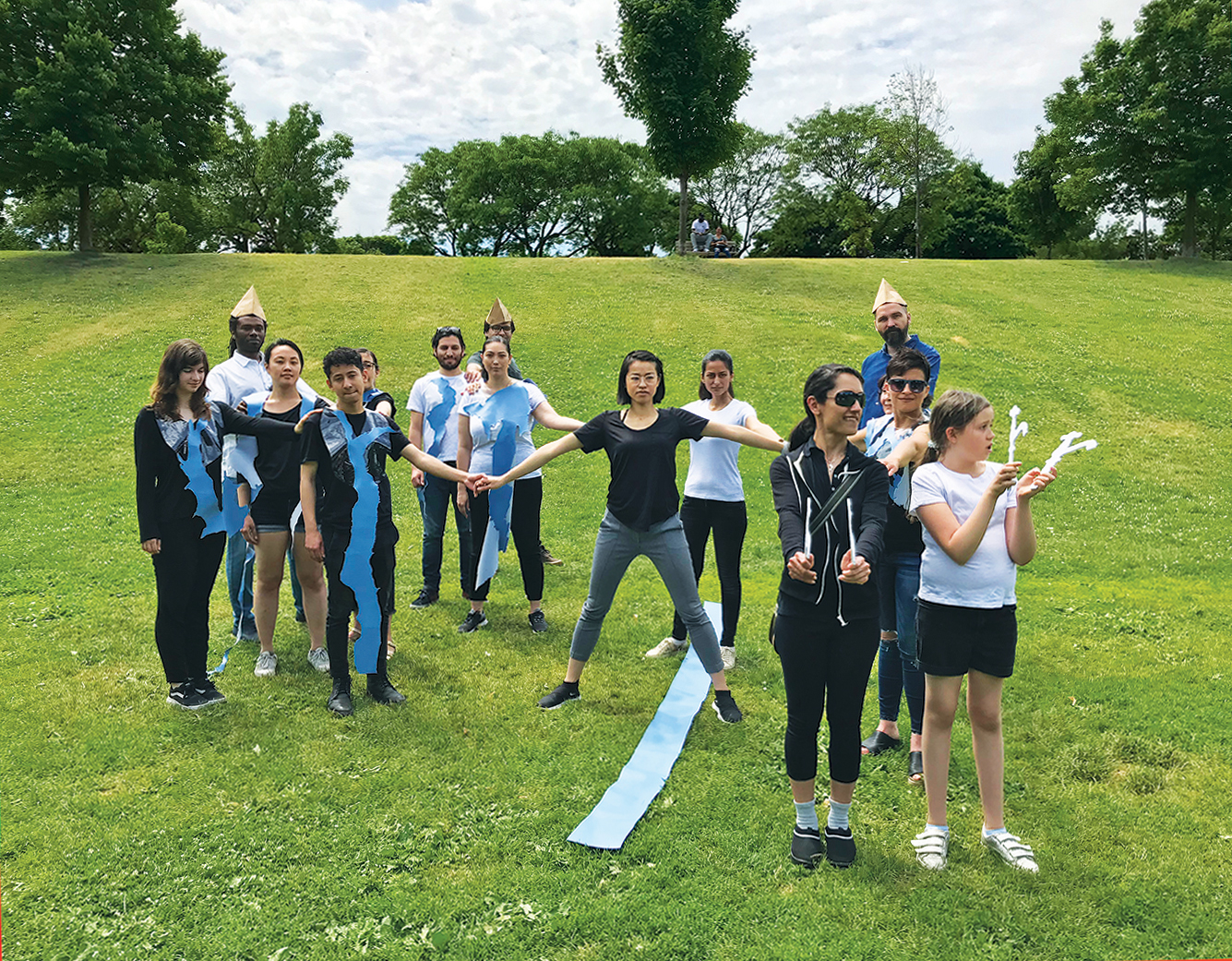



Performing Infrastructure, 2018
LIZE MOGEL Artist and counter-cartographer, NYC, USA
Counter-mapping often uses and appropriates cartographic conventions in order to analyze and represent power dynamics, as part of a collective effort working towards social change. Lize Mogel will explore key projects from her work in the expanded fields of art and mapping that make the politics of place visible. She’ll discuss how her work has evolved from using maps to represent spatial histories into a more experiential and embodied geography. This includes recent work that engages people in how water infrastructure and public policy affect space and spatial justice.
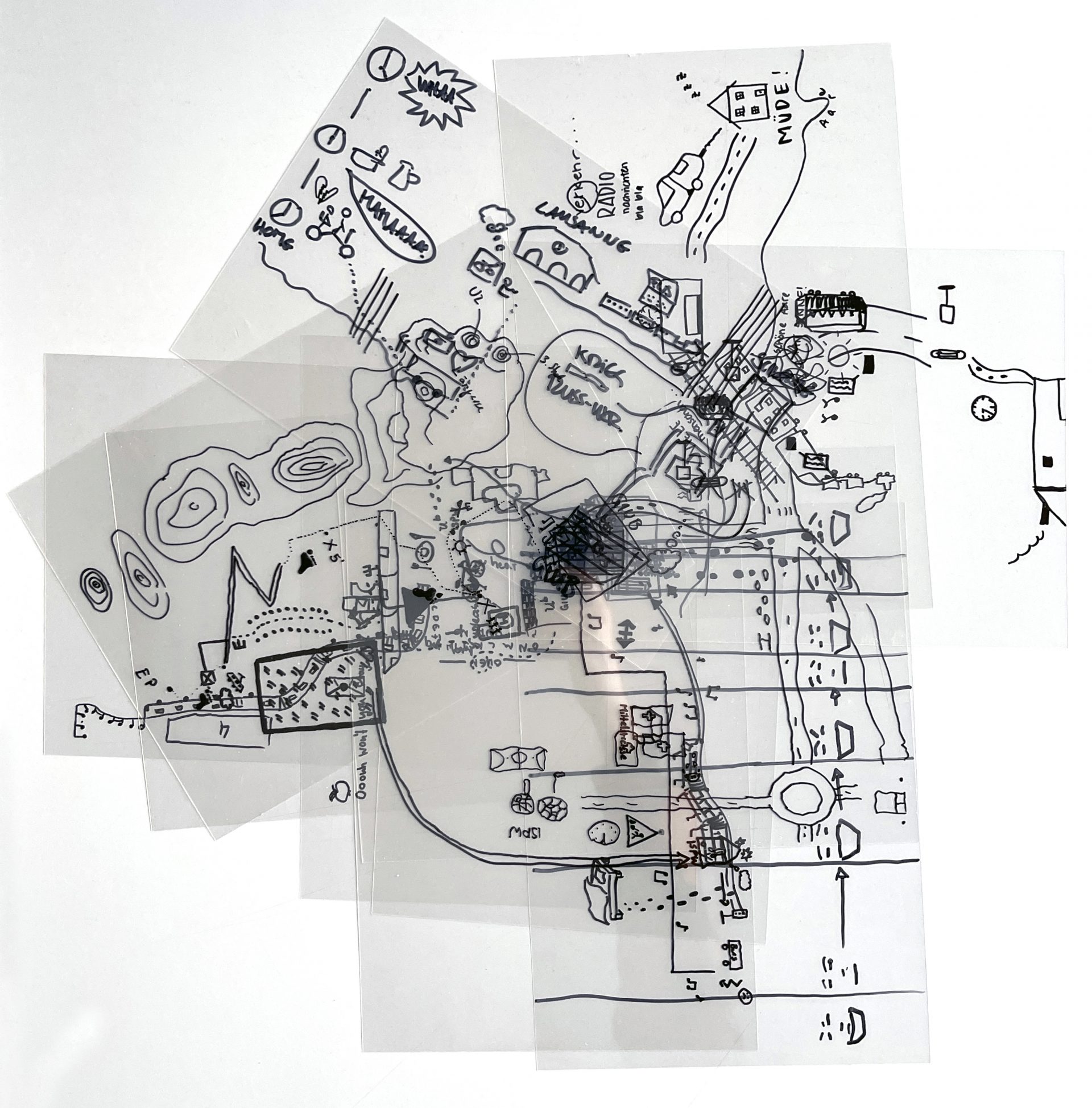
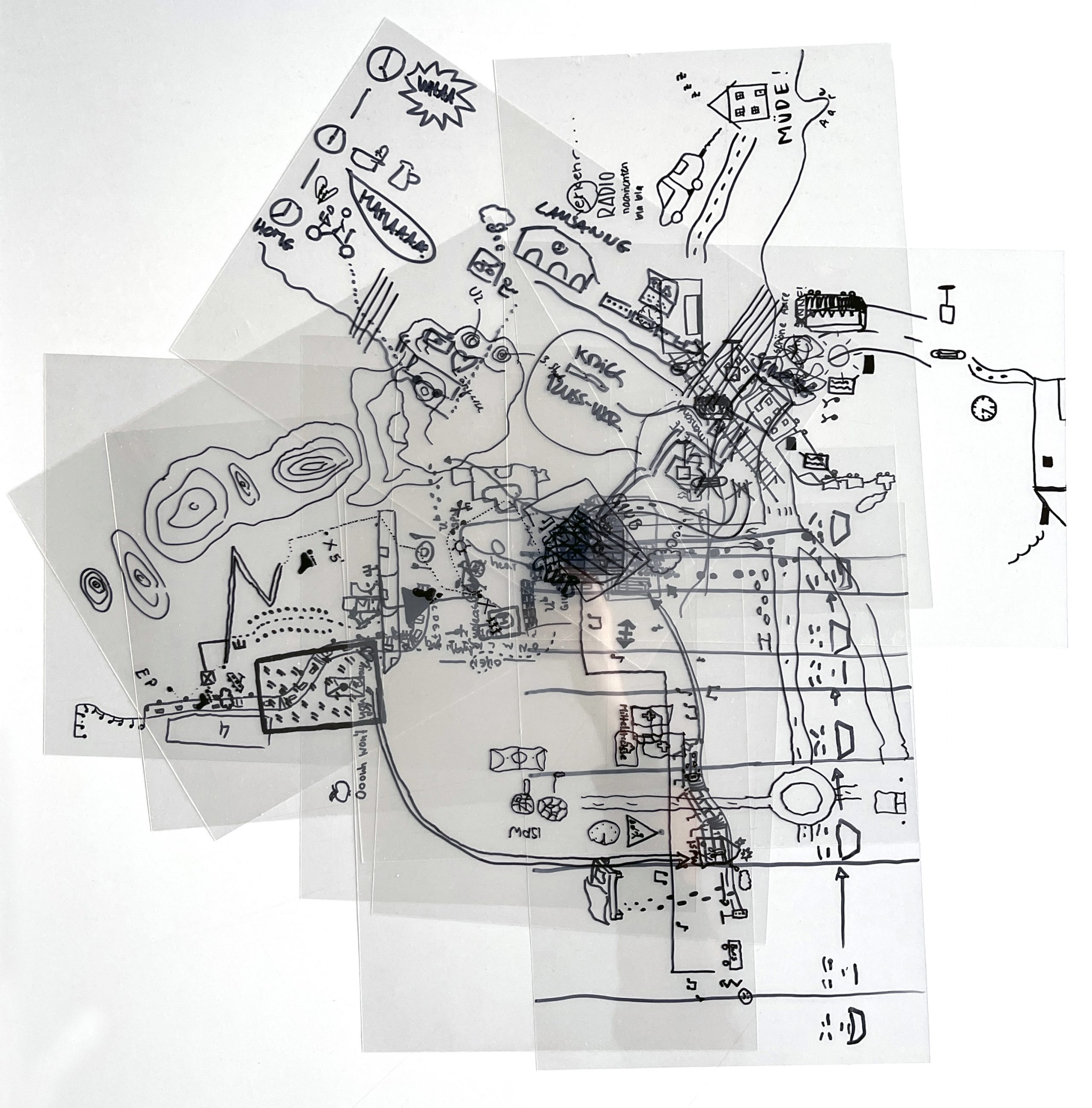


Presentation and reflection of the interim results of the research studio “Mapping the Global Intimate,” in which students develop maps themselves in collective, experimental and artistic ways. The studio questions how intimate experiences and (trans)national interconnections can be made visible with the help of artistic mapping processes. In doing so, students take on the challenge of merging quantitative data with intimate and qualitative data. The students will present their first project ideas publicly and receive feedback from Irene Hirt (University of Geneva), Susanne Hübl (University of Münster) and Katharina Schmidt (University of Hamburg).
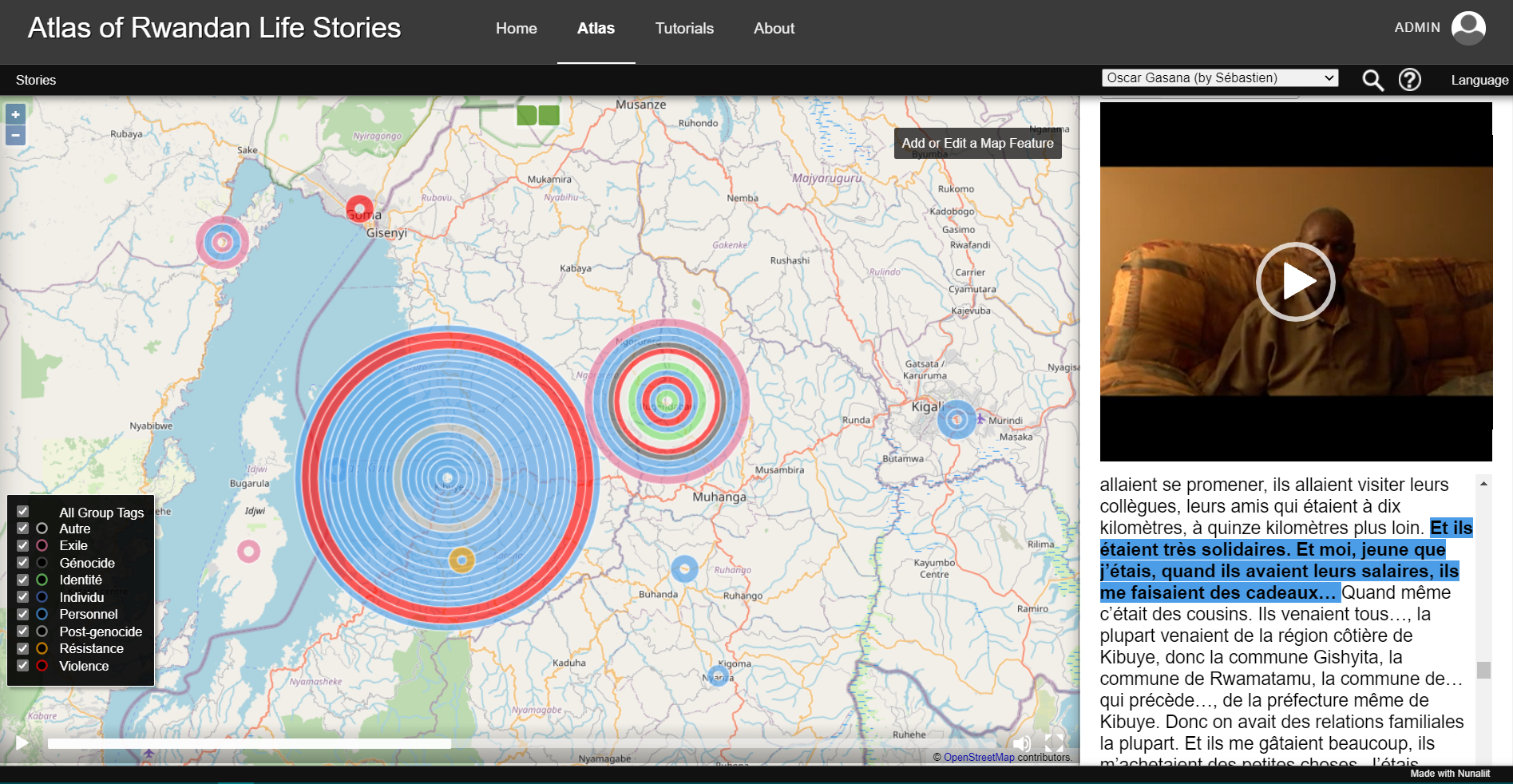



Screenshot from the Atlas of Rwandan Life Stories
ÉLISE OLMEDO and SEBASTIEN CAQUARD Both Geomedia Lab, Concordia University in Montreal
This Talk is inspired by the development of the Atlas of Rwandan Life Stories. To map these stories we have mobilized two different cartographic approaches. The first one uses an online open-source mapping application named Atlascine, specifically designed to map stories and enable its users to navigate within and between stories while listening to them; the second is a “sensibility mapping” approach devoted to the exploration of the personal parts of these stories. This research-creation medium investigates the intimate dimensions of these stories. The interaction between both cartographic approaches highlights their vital complementarity to map not only what is said in the lines of these stories, but what is also hidden between these lines.
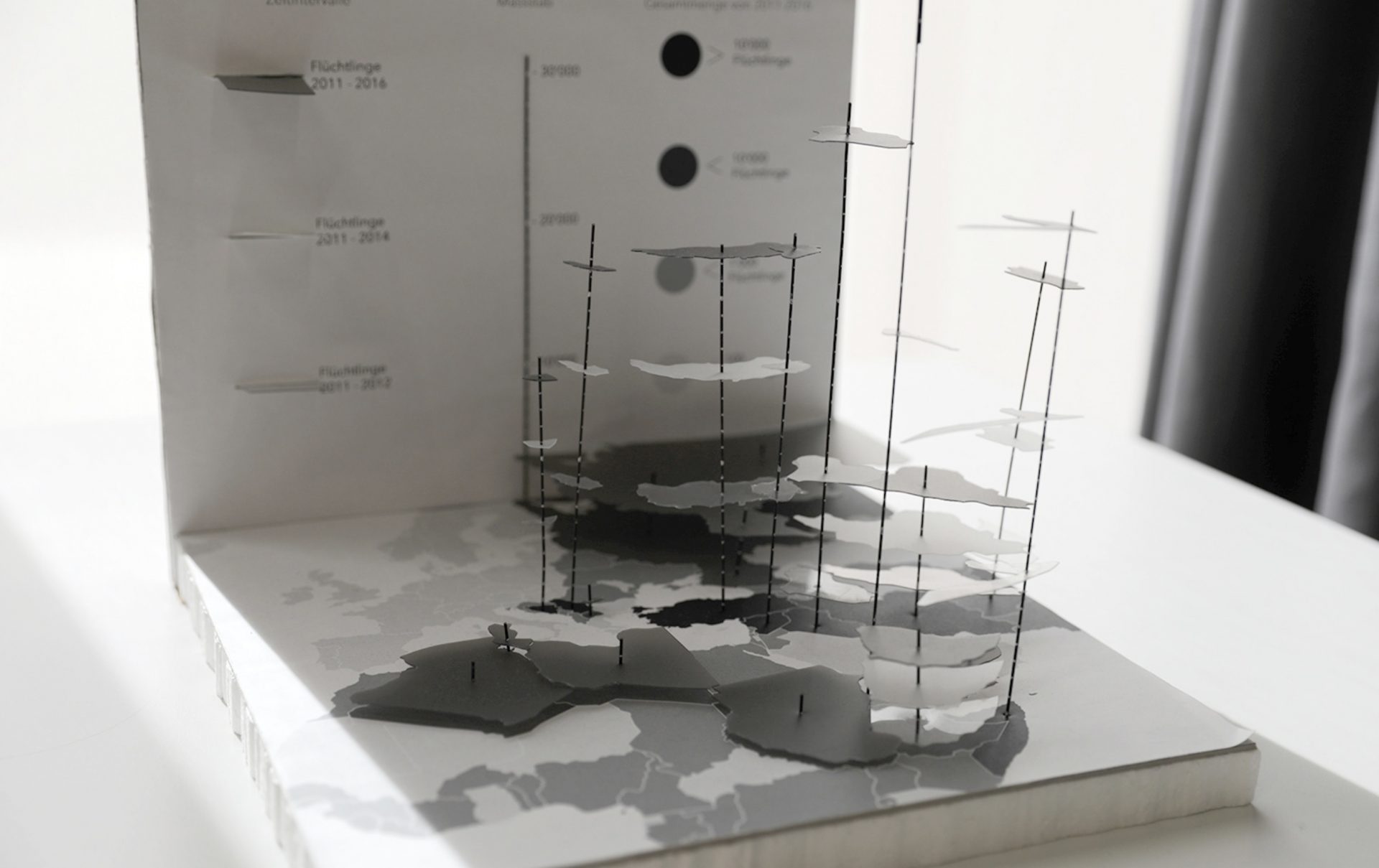
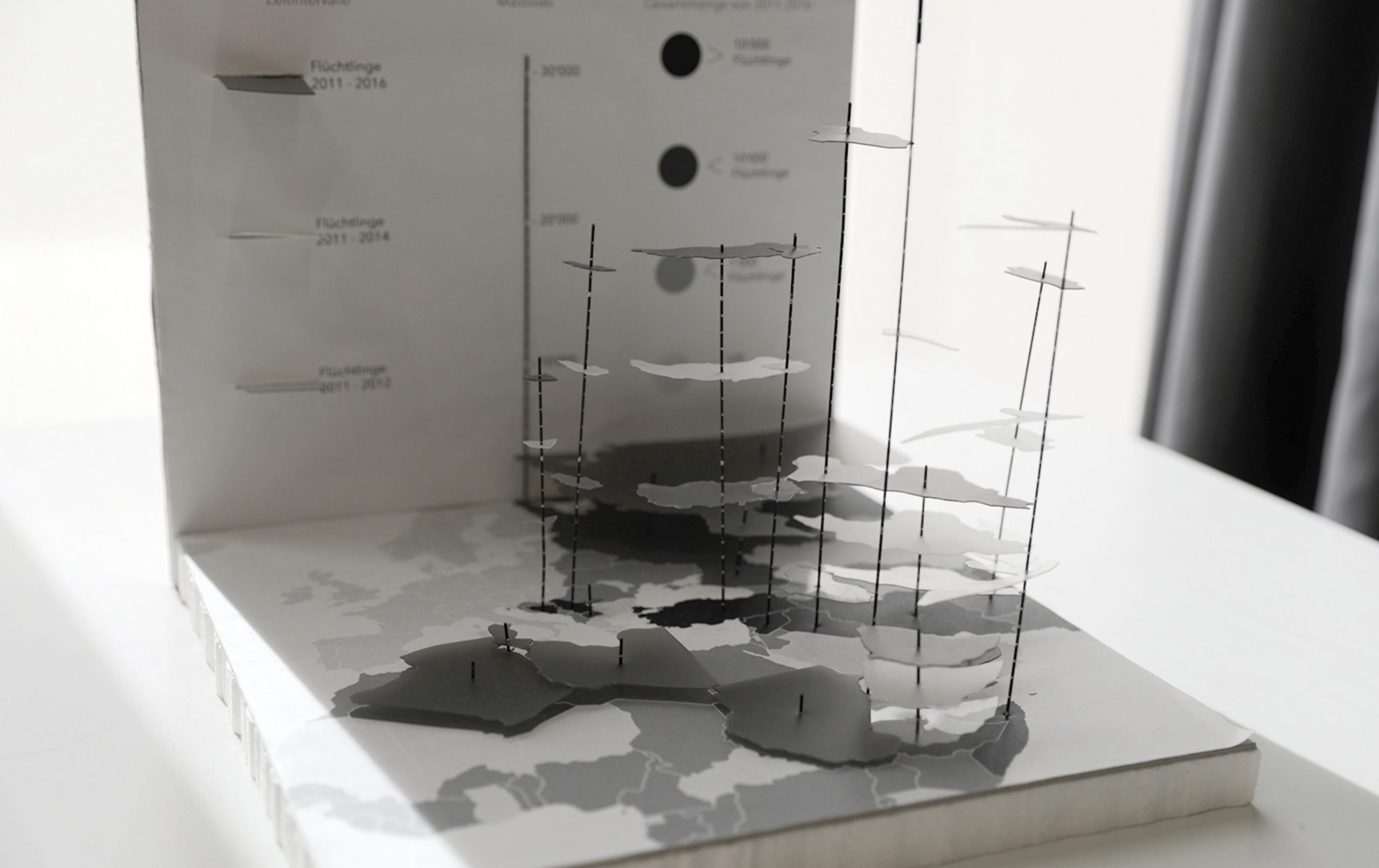


ISABELLE BENTZ Head of the bachelor course Data Design + Art, Lucerne University of Applied Sciences and Arts
In this presentation, Isabelle Bentz will show how data can intersect with storytelling. She will show examples from her own practice and from her students, both digital and analog, graphic and animated, narrative and interactive, 2D and 3D. They design their work based on quantitative data for screens, for public spaces and for virtual environments alike. How can data migrate between different spatial representations and thus acquire new meanings?
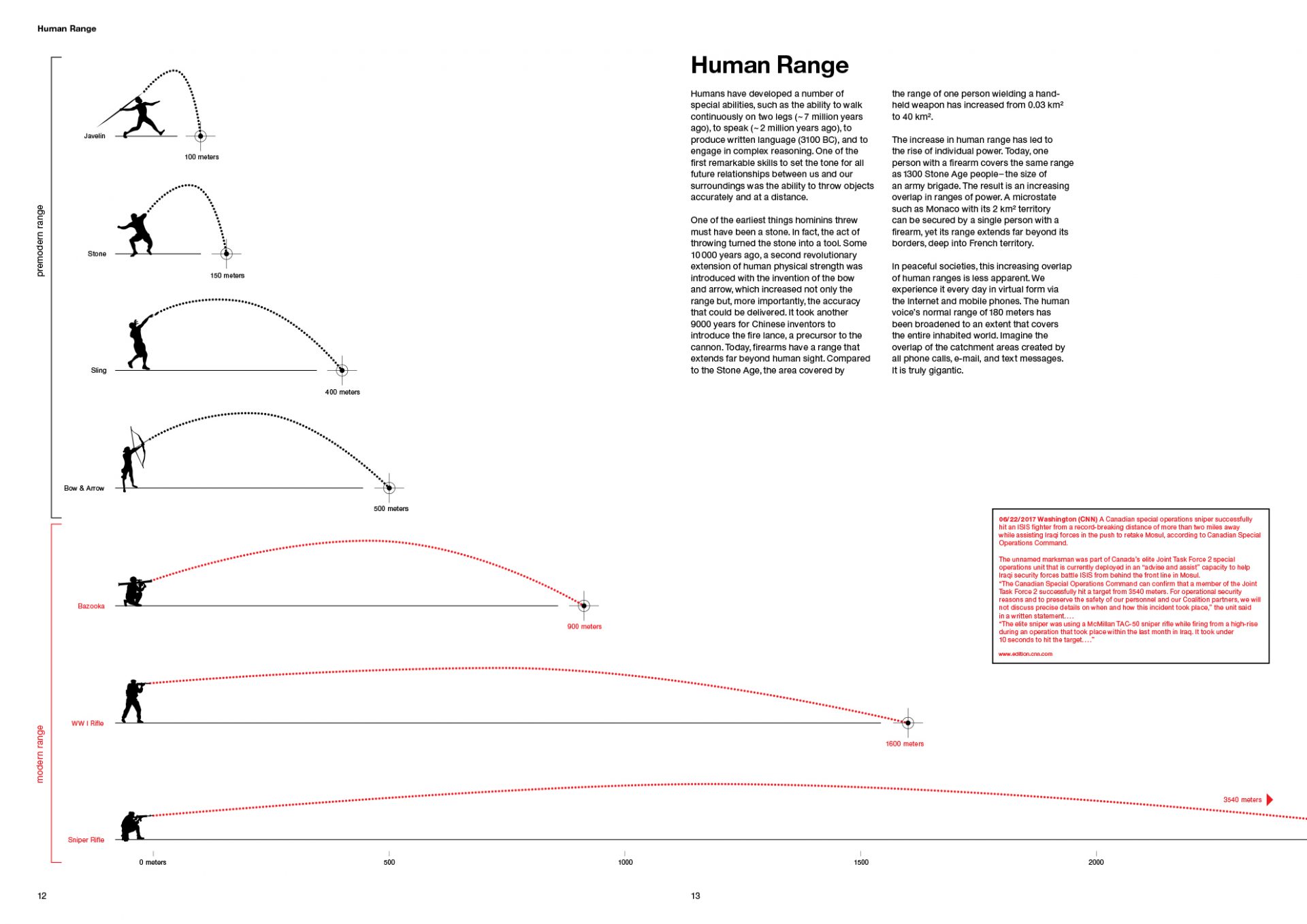
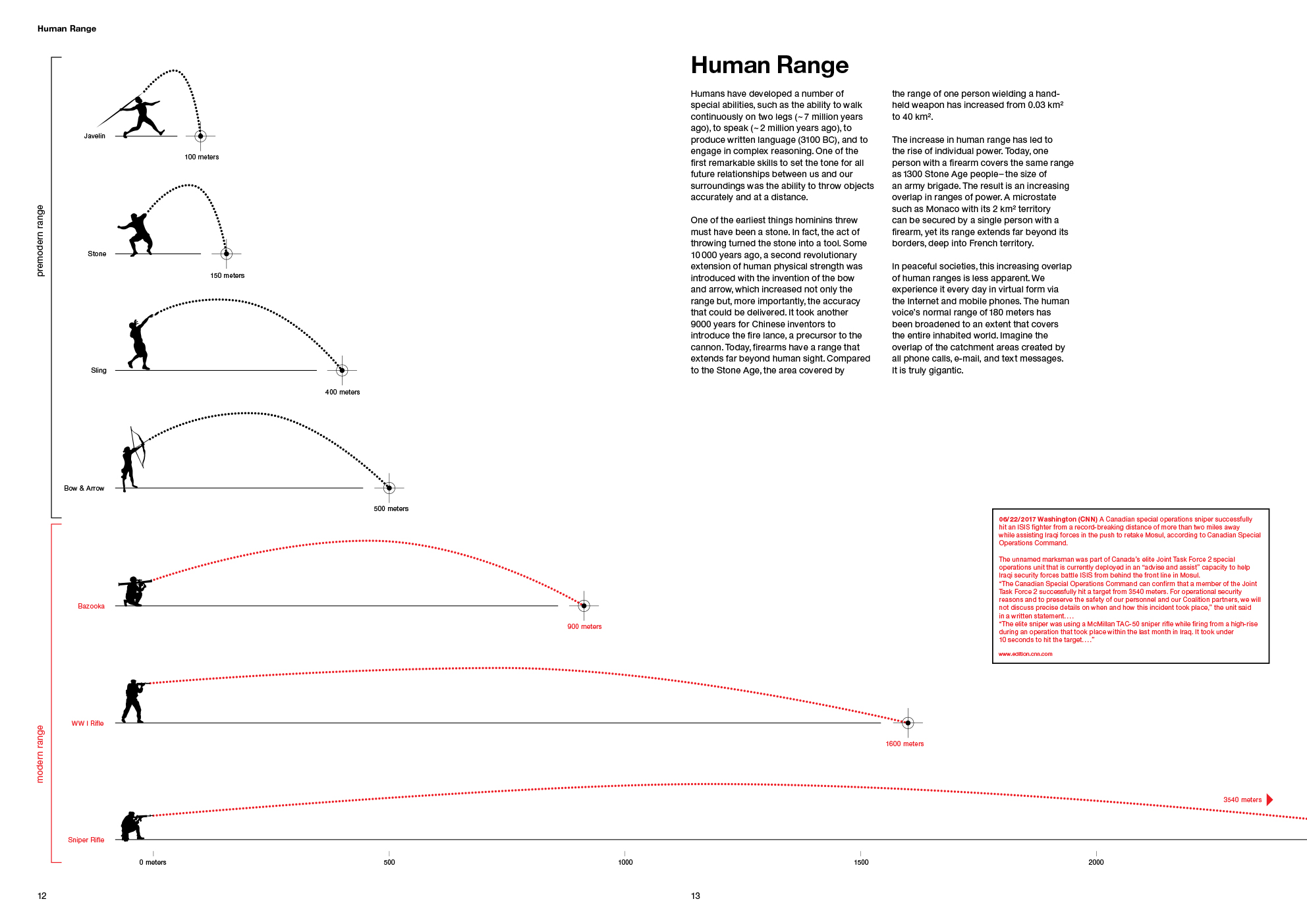


THEO DEUTINGER Architect, writer and designer, Salzburg
Theo Deutinger specializes in distilling and communicating important information from complex issues to a larger audience, from international migration legislation to the daily application of COVID behavioral norms. In his short lecture he will give a glimpse into his work and the graphic possibilities of how temporality can be represented on maps.
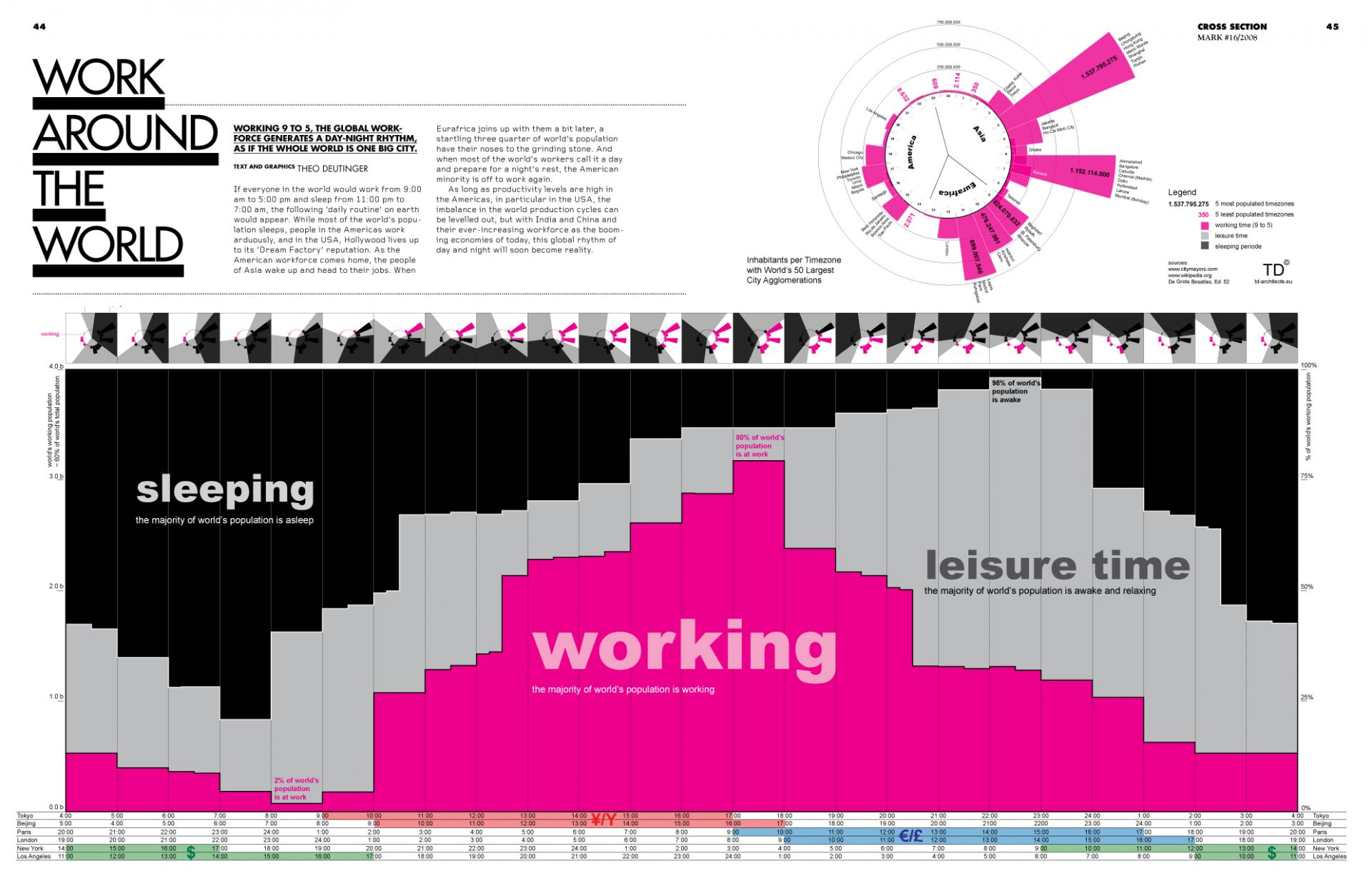
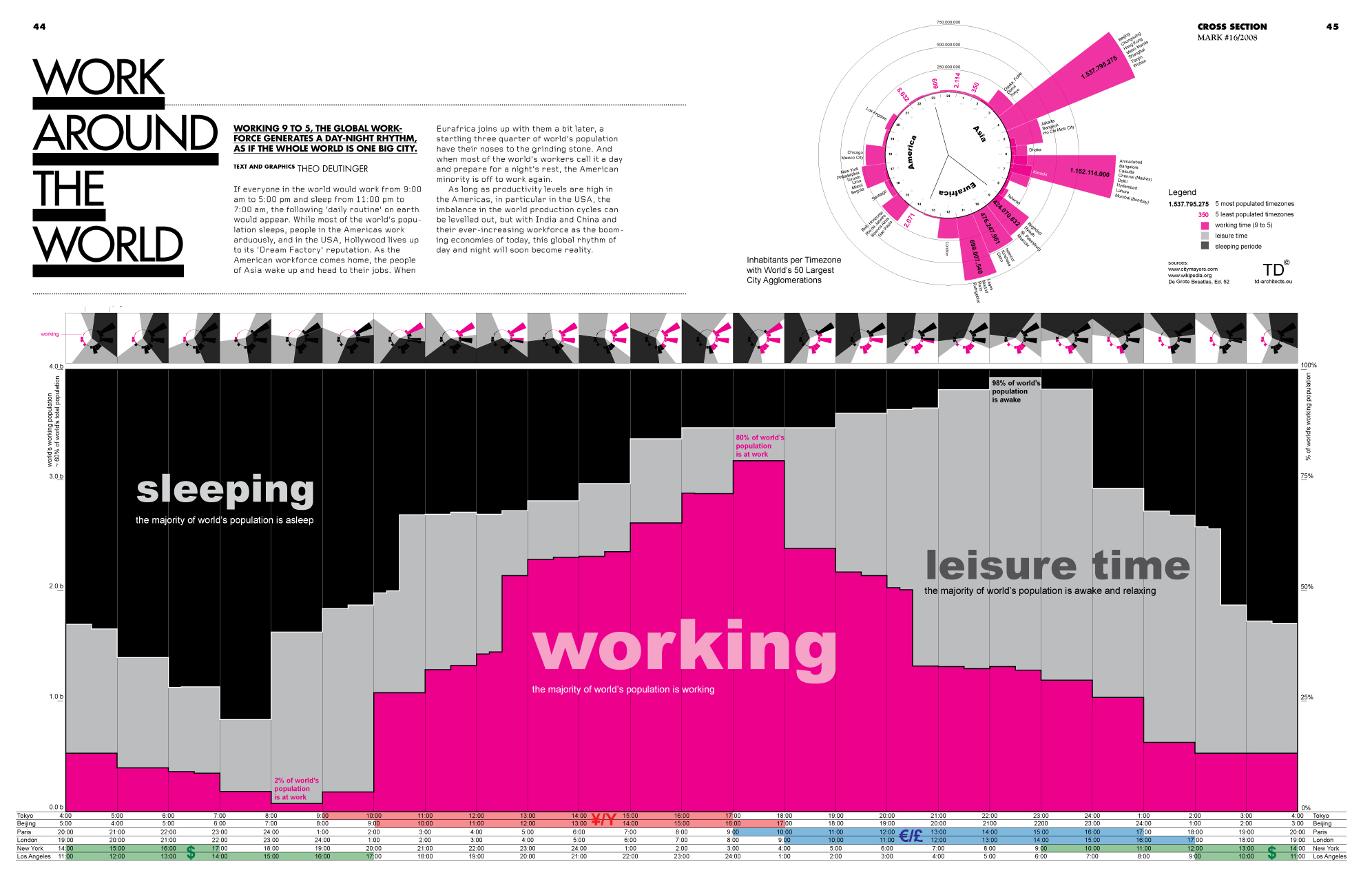


THEO DEUTINGER Architect, writer and designer, Salzburg
The workshop is about the representation of time and space. As an architect, geographer, cartographer or urban planner, one seeks to primarily represent space. However, maps, like photographs, can also represent time. Similar to long exposure times, time layers can be superimposed in mapping. Timelines are like sections, like the elevation to the floor plan, and next to each other or one after the other can suggest a temporal progression. In this workshop, participants will create new time maps themselves within a local context.
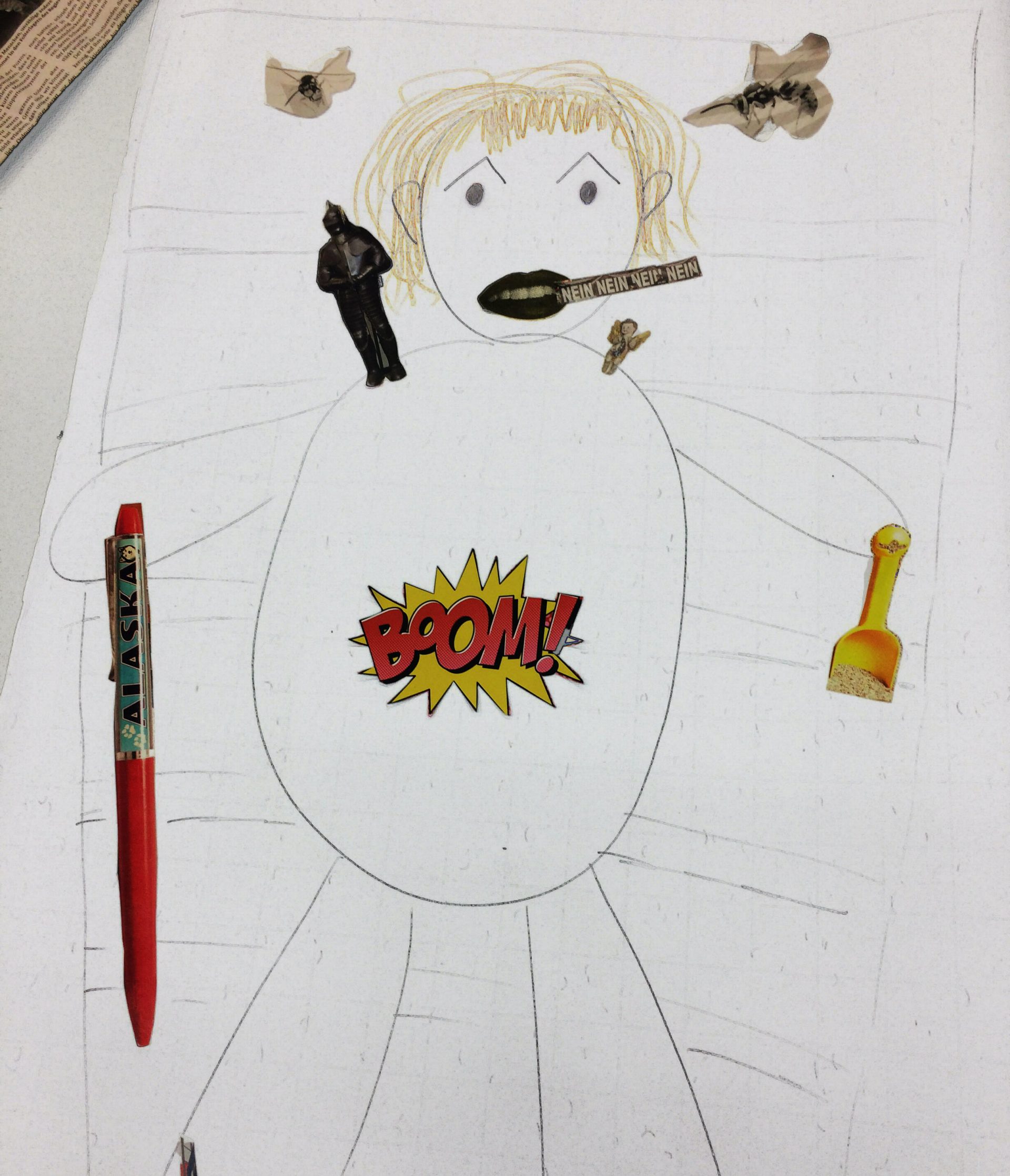
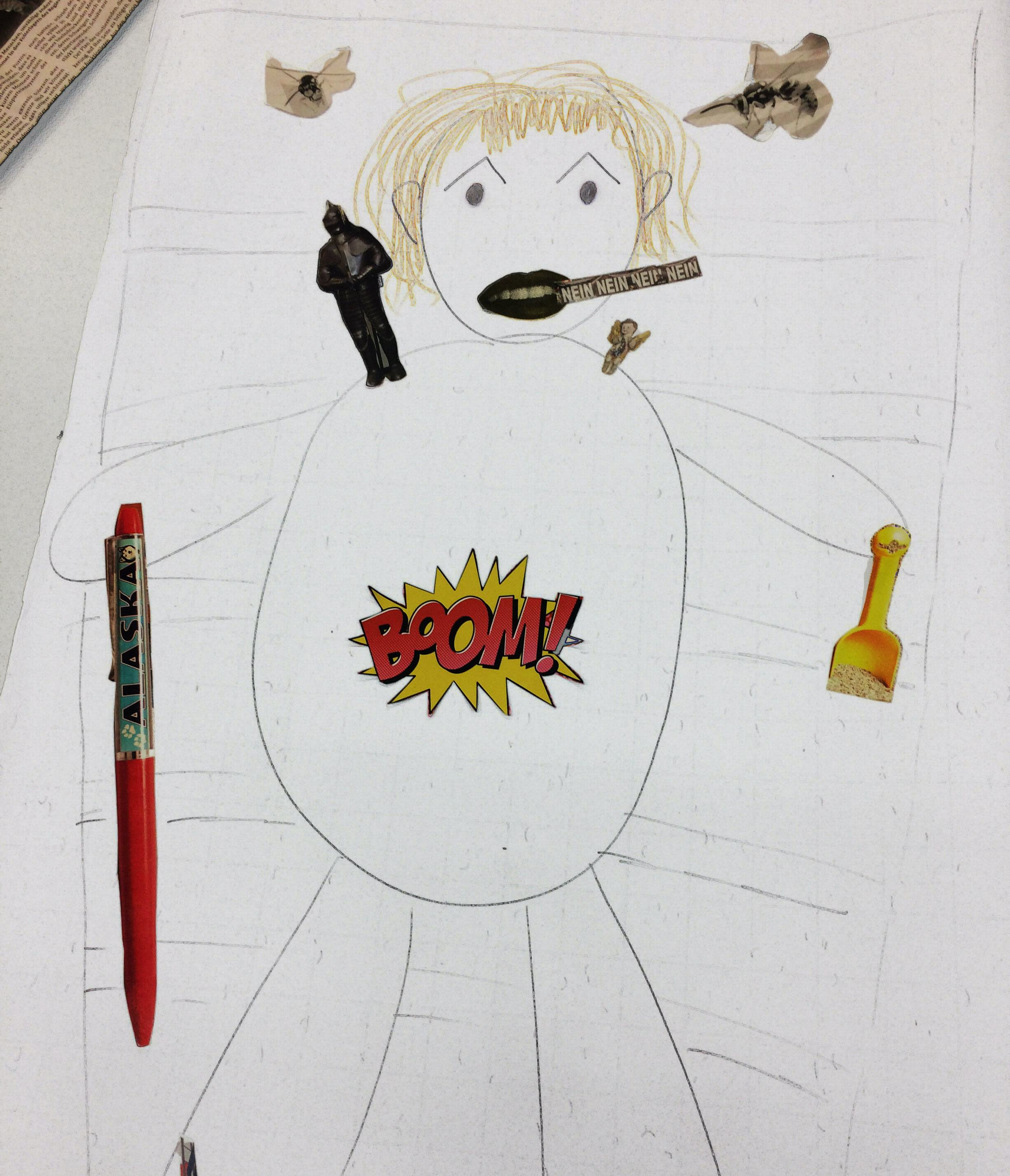


Schmidt 2019
KATHARINA SCHMIDT Research associate, Institute of Geography, University of Hamburg
Universities are still considered places of the mind. In academic spaces the head or the mind as a representative of rationality receives attention and legitimation, while the rest of the body as well as emotionality have long received little attention and recognition, in accordance to the so called body/mind split that has been criticized by decolonial theorists.
Latinamerican feminist collectives such as Miradas Críticas del Territorio desde el Feminismo, GeoBrujas or the Colectivo de Geografía Crítica de Ecuador show how mapping body territories can be used to think relations between body and space in a multiscalar and relational way and to discuss what this means for geographic knowledge production as well as how or if this activist method can be taken up in academic contexts at all. Drawing on these diverse understandings of “Cuerpo-Território,” the workshop will explore some mapping practices and visual politics associated with the method. In a collective mapping activity we will focus on body territories in/at/with the university to approach “Cuerpo Territorio” as a method within an academic context.
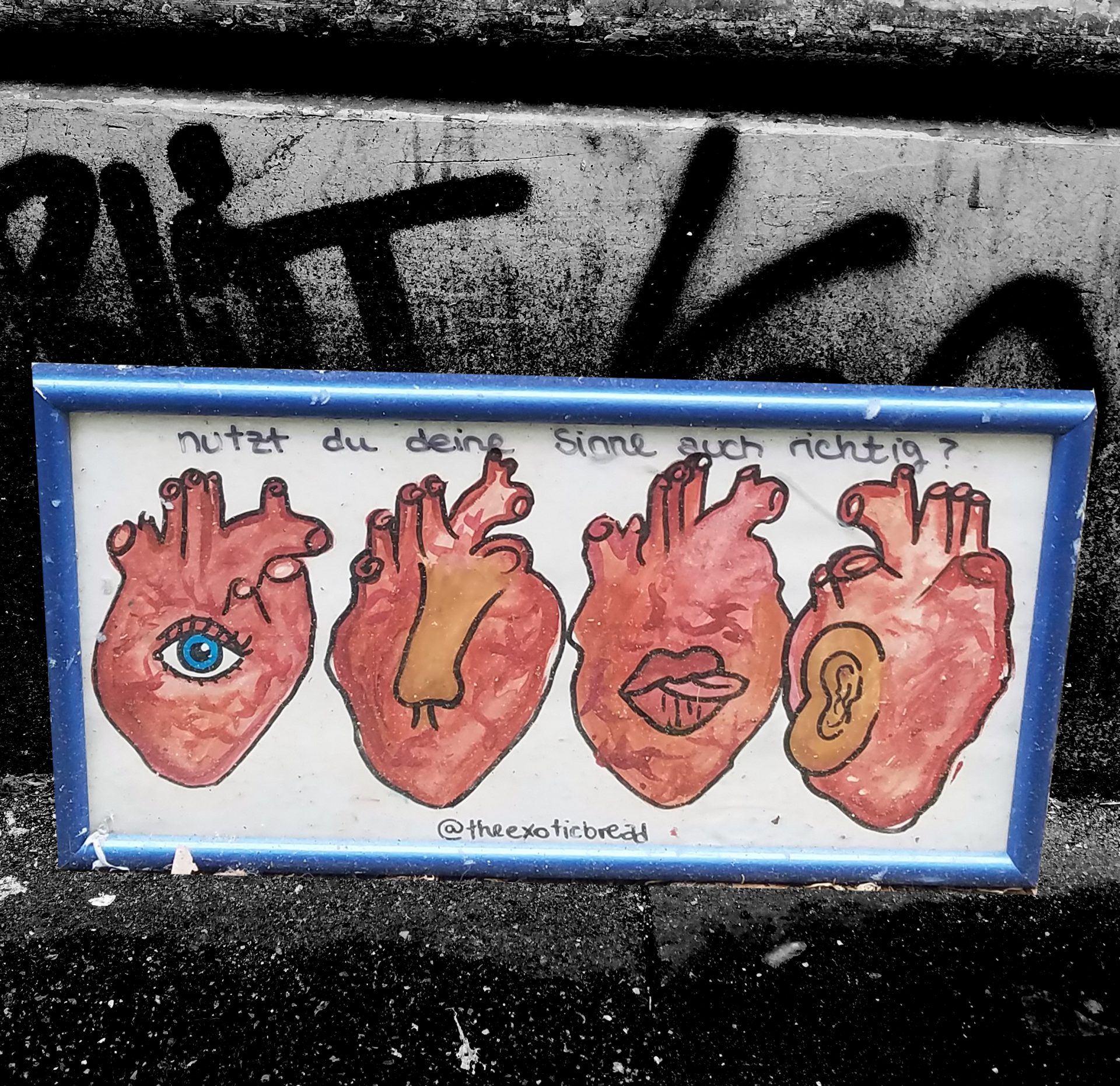
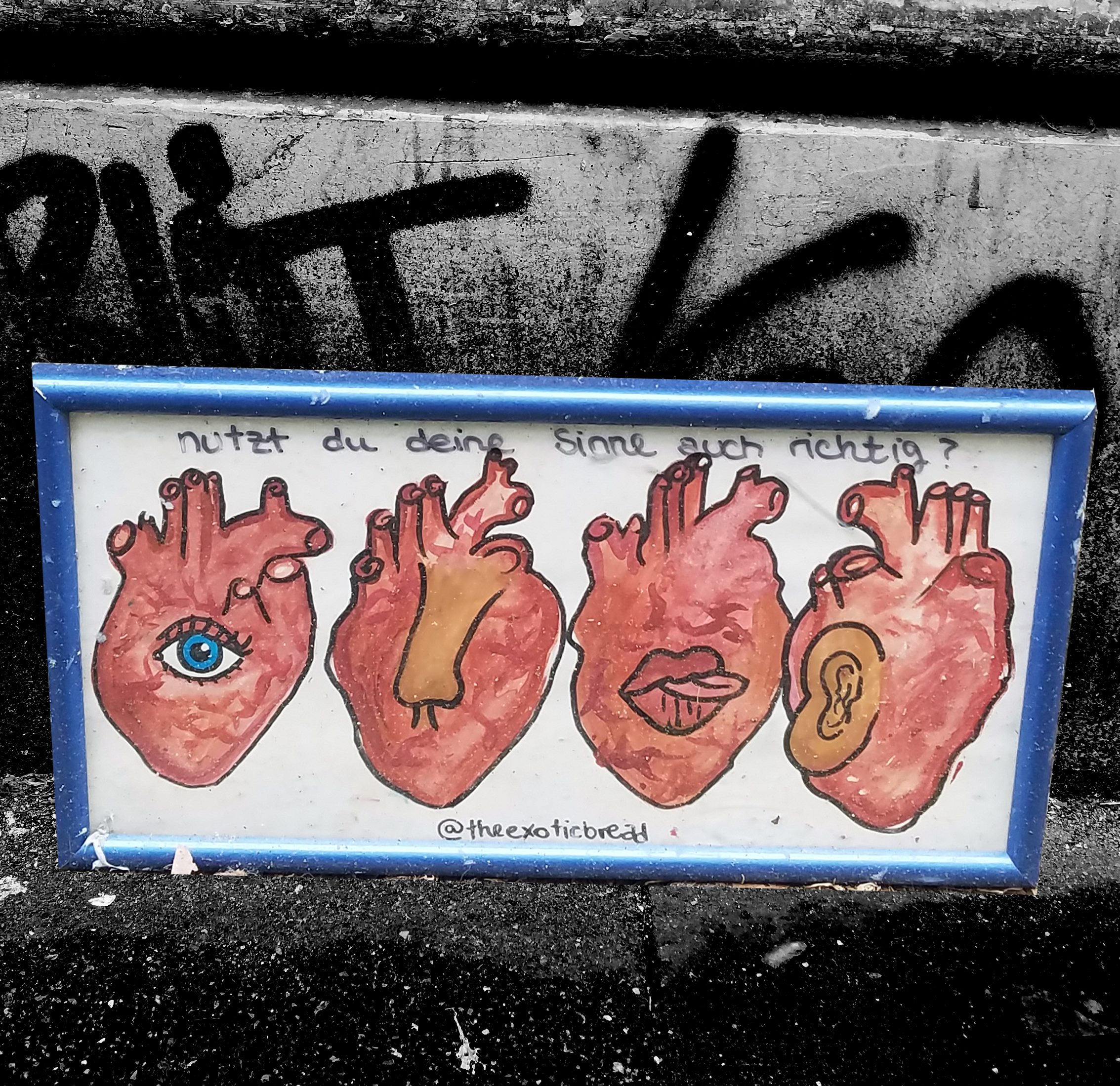


KATRIN SINGER Research associate, Institute of Geography, University of Hamburg
Geographical-methodical work has always had many connecting points with creative-artistic methods. They forge a long and not always unproblematic relationship that offers opportunities to unlearn and find new ways of methodological engagement––especially in combination with the critiques of contemporary arts and feminist postcolonial theories.
Understanding creative-artistic methods as a materialization of the visual-spatial offer a way to do empiric fieldwork and teaching in higher education differently. C/artographic tools allow you to engage with space and place in diverse and inspiring ways, emphasizing the embodied, emotional, and affective relations with the world(s). This approach calls for an expansion of the classical qualitative method-set and invites you to experiment with new materials and techniques (like storytelling, playing music, dancing, crafting, performing, knitting, and so on). We will discuss the possibilities and the limits of such an approach while putting c/artography into practice in an open digital framework. Participants will receive a “C/artography Toolkit” in advance by post. Henceforth, please share your postal address when registering.
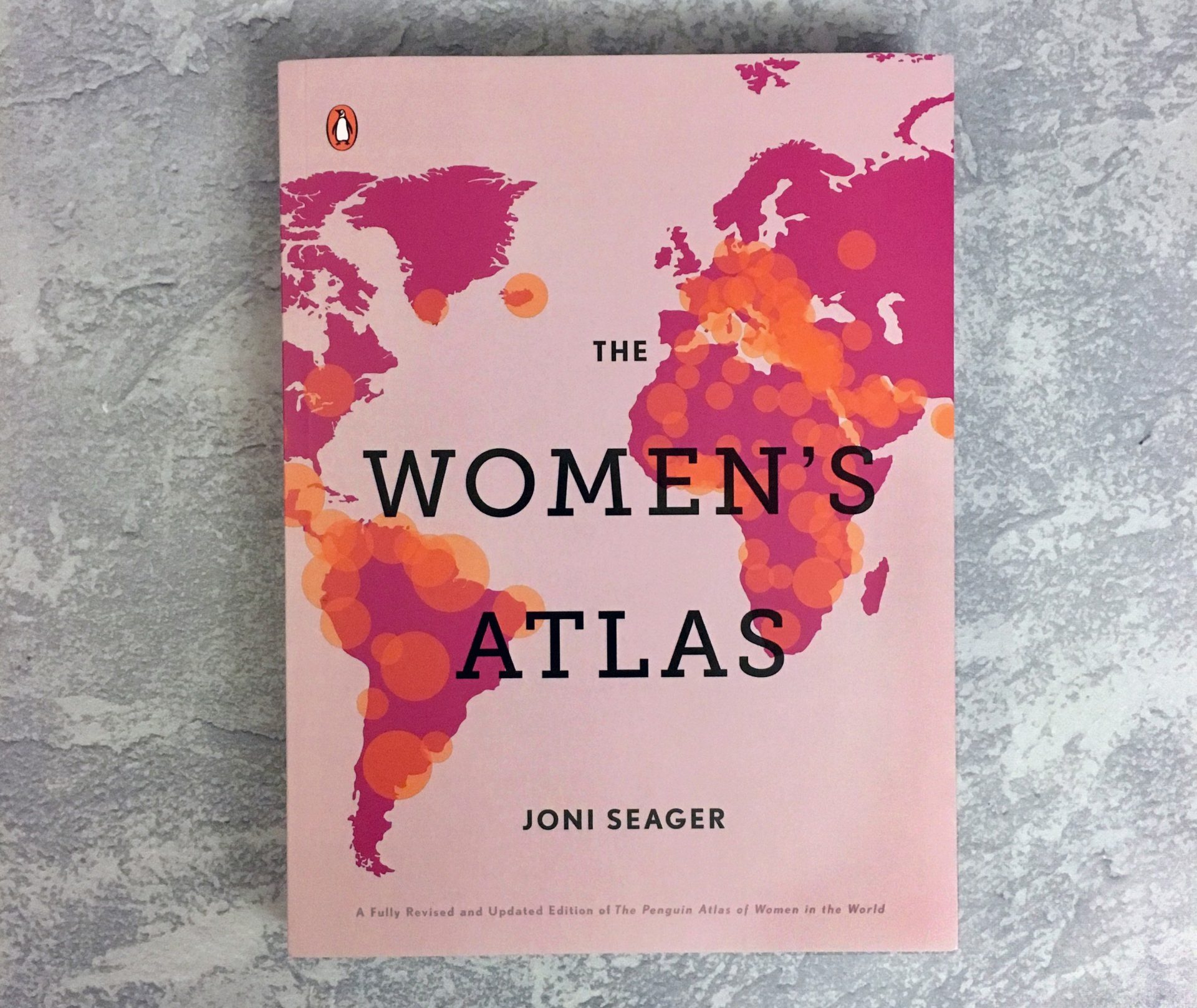
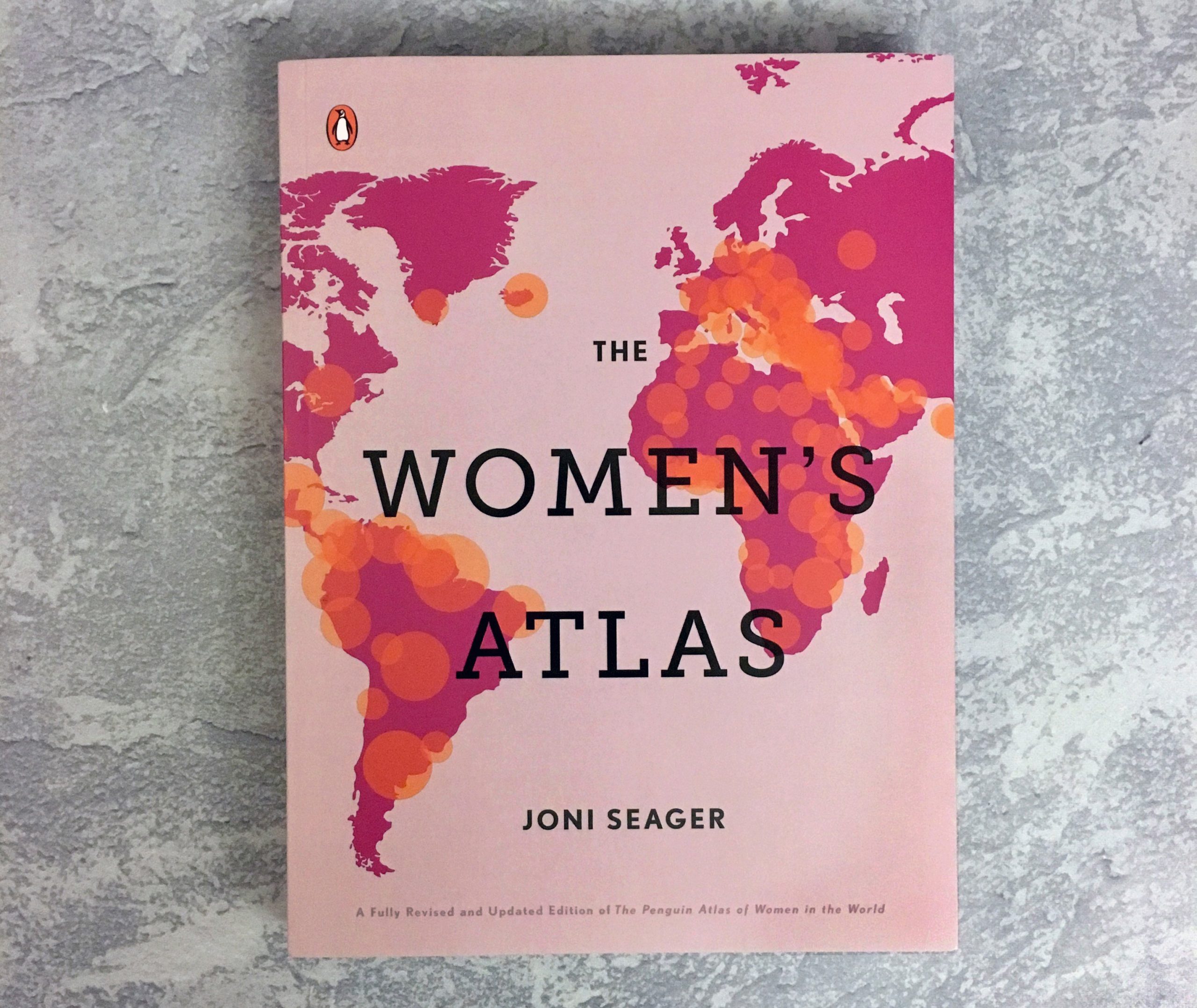


JONI SEAGER Professor of Global Studies at Bentley University in Boston
Since the 1980s, Joni Seager has been regularly publishing a comprehensive and globally acclaimed compendium dedicated to women’s realities, the Women’s Atlas. It covers topics such as unpaid work, domestic violence, labor migration, pay gaps, military service, voting rights, contraception, sex tourism, and health. The talk will be about how to use data visualization and graphics to make women’s lives and discriminations visible. By turning the looking glass around, how can we discover what information is still missing from the mainstream databases?
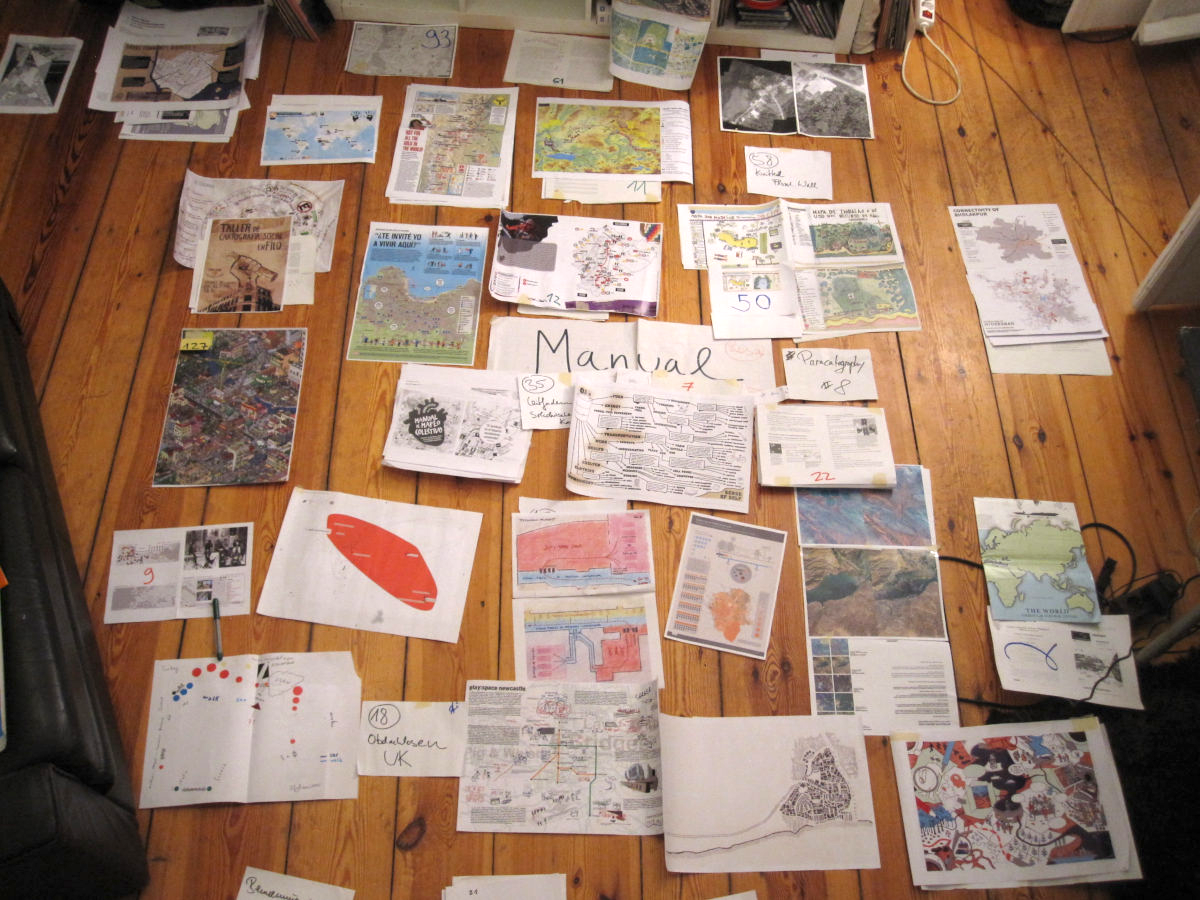



Organized by KOLLEKTIV ORANGOTANGO (with Ana Mendez des Andez, Pablo Mansilla Quinones, GeoBrujas, Juan Jullian Figueora and Tamara Acompa Orteaga)
If Not-an-Atlas, at the one hand, was a (coffee table) book project, at the other, it became a network for exchanging experiences, knowledge, skills, and materials in between mapping soul-mates, long time cartography companions and fellow cartographers aiming to promote collective learning processes and an ongoing dialogue of diverse cartographies, for the creation of cartographic “knowledge as relationality” (Vazquez 2017: 247). In this sense, this online exchange invites mappers from Europe and Latin America to share some of their counter-mapping experiences and methods towards a pluriversal cartography. After the panelists’ brief inputs, the audience will be invited to discuss in small groups with the panelists, share their own mapping experiences and engage in dialogue on possible counter-cartographies.
ANA MENDEZ DE ANDES Researcher at Sheffield School of Architecture
In the first decade of the 21st century, different activist processes in Spain used maps to challenge who produces the image of a territory, how and for what purpose. As the CarTac collective wrote in 2006 about ‘tactical cartographies’: “As a creative process, the map not only ‘traces’ the territory but reveals previously invisible or unimaginable realities; it does not reproduce reality but re-produces a way of looking at it. And although the map is not the territory, to make maps means to organise, to generate new connections and to be able to transform the material and immaterial conditions in which we are immersed. [The map] is not the territory, but it certainly produces territory.”
PABLO MANSILLA QUINONES Alternative Territories Research Group, Institute of Geography PUCV, Chile
During the last few years, participatory map-making workshops have become increasingly popular as a tool among social researchers, public and private institutions. They often focus on the collaborative production of maps but retain an instrumental interest that seeks to record the territorial knowledge of the inhabitants in order to improve territorial intervention strategies. This will be countered by Paul Feyerabend’s proposal of a methodological anarchism and decolonial critique of methods to create maps based on multiple spatial devices, knowledge, and practices that connect the different ways in which territories are inhabited. Four practices of Chilean artists who have built bridges between cartography and political art are examined. This presentation proposes ten commandments that accompany situated cartographic practices.
GEOBRUJAS Comunidad de Geógrafas, Mexico
GeoBrujas will share some of the results and reflections that emerged during these two years of pandemic, in which they had to take their interaction with other people through workshops to the virtual space. This allowed them to explore, on the one hand, online collaborative mapping tools, and on the other hand, ways to enter into spatial sensitivity, which were not accessible before or were not a priority, such as the dimension of sound, everyday micro-spatialities, the relationship between smell and memory, among others. They thus interweave threads between languages as different as the binary and the Cartesian, with others such as art, psychogeography, ecologism and feminisms.
JUAN JULLIAN FIGUEROA and TAMARA ACOMPA ORTEGA Both Centro Cultural La Unión, Chile
“In 2012 we announced the exhibition of a several 8mm film footage of the town of La Union (Southern Chile), which was attended mostly by elderly people. They saw themselves, their friends, their childhood, their little town of La Union, the one with no more than 10,000 inhabitants, the one they had not seen for 45 years. After the presentation, they urged us to continue looking for records, they wanted to continue recognizing themselves. Thus, we created the largest regional archive in the country, born from the will of the people, and which we have managed in a DIY, self-taught way. Our work lies in imprinting historical documents with the meaning that people make of them and reconnecting the symbolic universes of old and new generations, taking the word of the old and then transferring it to current forms of socialization, including crowdsourcing, digital mapping.”
Laura Perler and Susan Thieme (both Institute of Geography, University of Bern) will reflect on the two days of the symposium and share their most interesting learnings with each other.
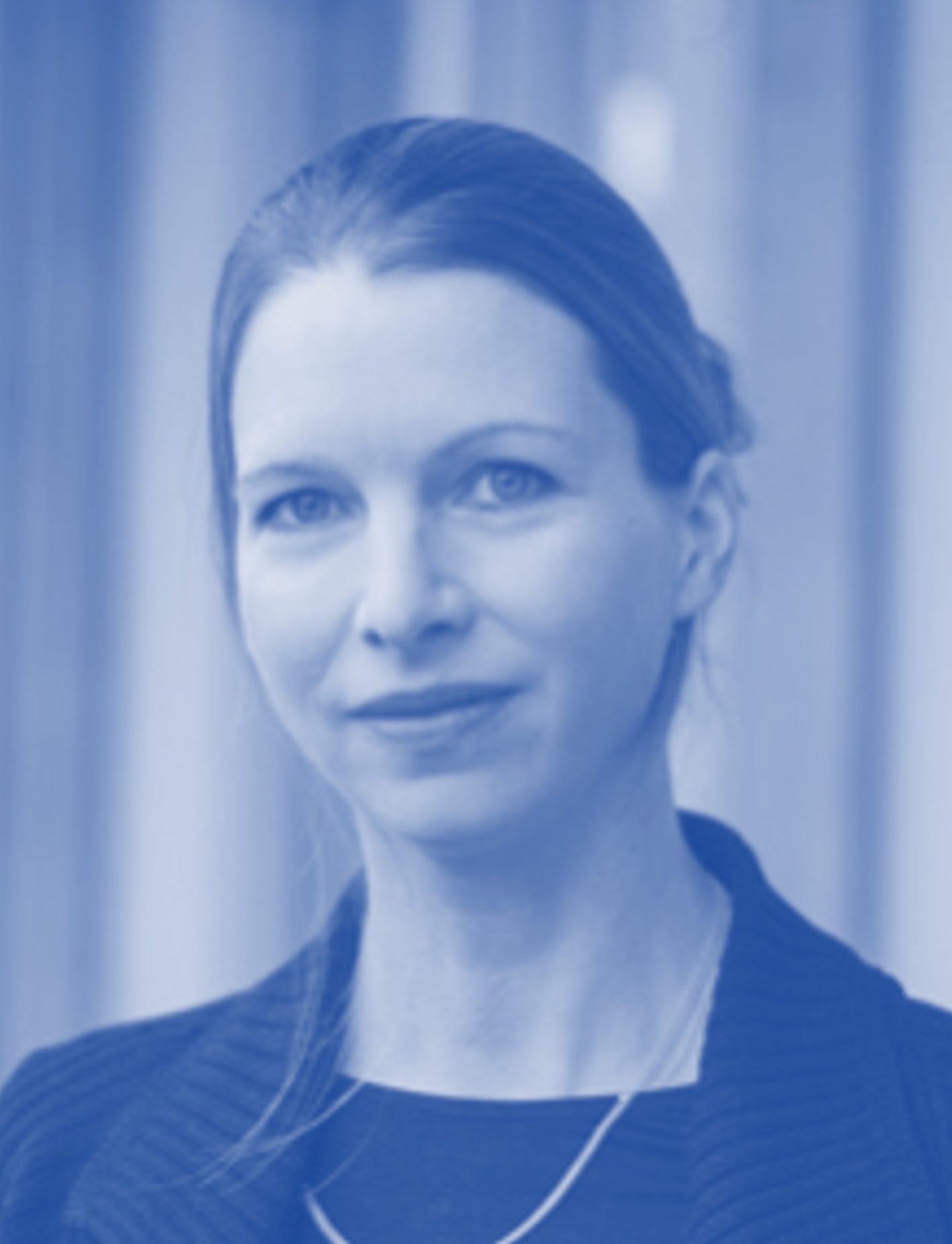
Isabelle Bentz studied architecture at ETH Zurich and holds a degree in Filmmaking from NYU New York. Her focus is on the conception and design of data-driven and human-centered information in space. She has been responsible for the overall direction of award-winning media installations in the field of interactive graphic and cinematic information visualization in exhibition spaces. She worked at the Institute for Multimedia Production of the University of Applied Sciences Graubünden, at the Design + Media Lab of the EPFL Lausanne, at the ZHDK Zurich. Since 2020 she is head of the new bachelor course Data Design + Art at the Lucerne University of Applied Sciences and Arts.
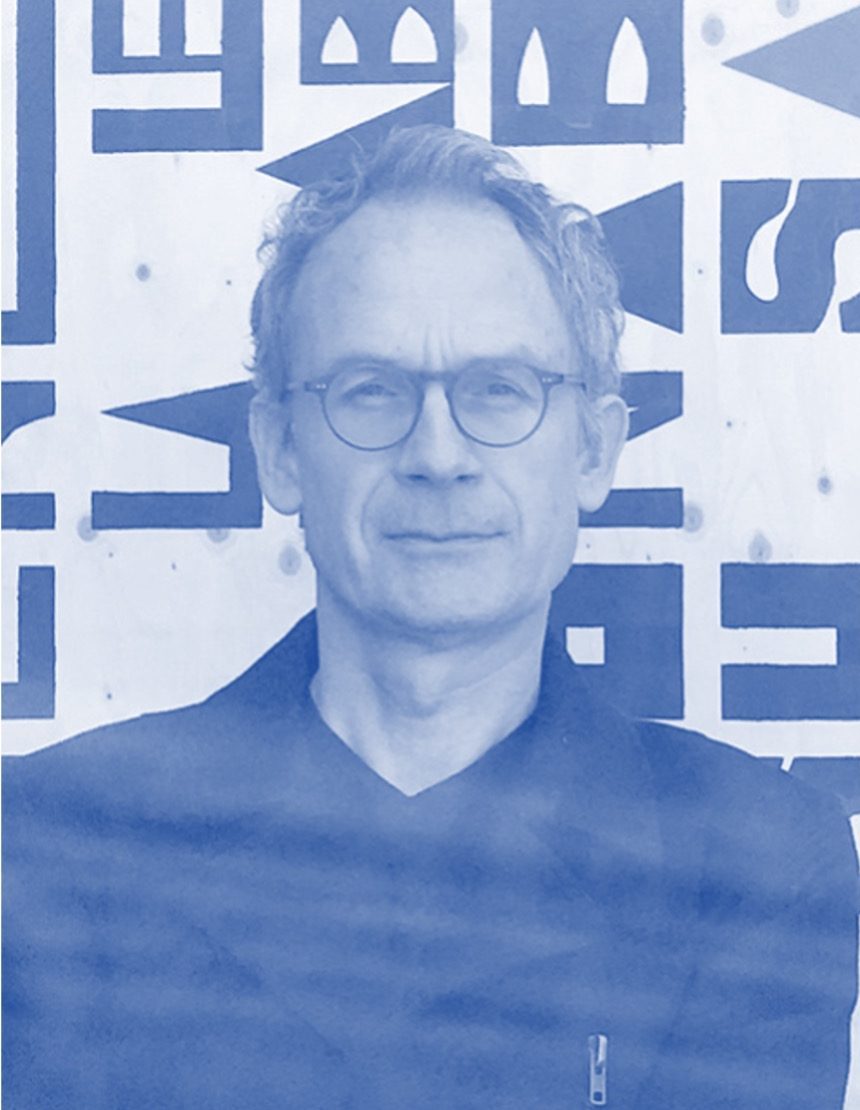
Sébastien Caquard, Associate Professor of the Department of geography, planning and environment at Concordia University (Montreal, Canada). Co-director of the Center for Oral History and Digital Storytelling (CHODS) and director of the Geomedia Lab.
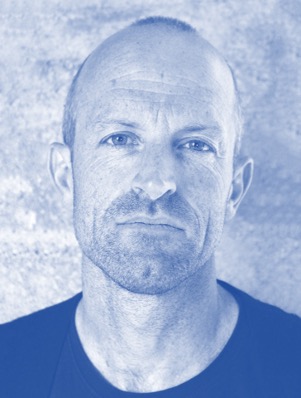
Theo Deutinger is an architect, writer, and designer of socio-cultural studies. He is founder and head of The Department (TD), an office that combines architecture with research, visualization, and conceptual thinking in all scale levels from global planning, urban master plans and architecture to graphical and journalistic work. His “Handbook of Tyranny”, published in 2018, has won numerous awards, including the FILAF Architecture Book Award 2018. Deutinger’s work was part of international presentations at the 14th Architecture Biennale in Venice (2014), the Stedelijk Museum in Amsterdam (2017) and Storefront for Art and Architecture in New York (2019). In 2020 he published a freely accessible visual book about the newly formed space of Covid-19 regulations “The pandemic space”.
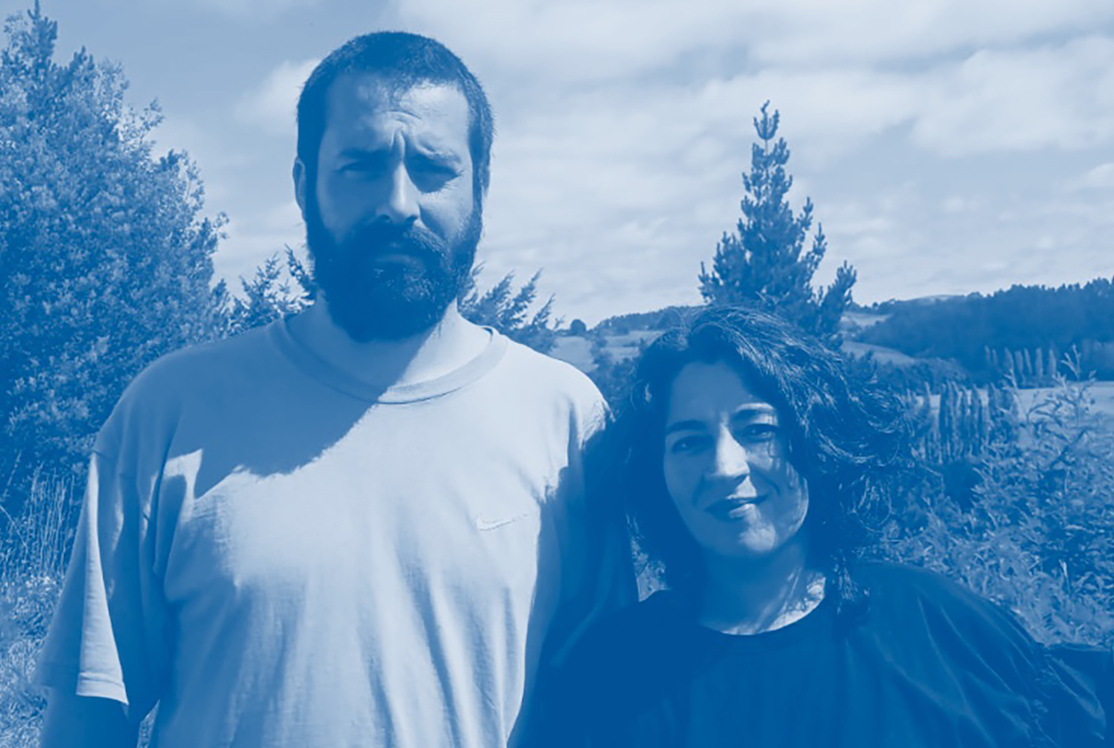
Juan Jullian Figueroa is the director of the Centro Cultural La Unión in Chile. Holds a Bachelor in Arts & Education and worked as a teacher of arts.
Tamara Ocampo Ortega is the founder and cultural producer of Centro Cultural La Unión in Chile. She holds a Bachelor in Arts & Education and worked as a teacher of arts.
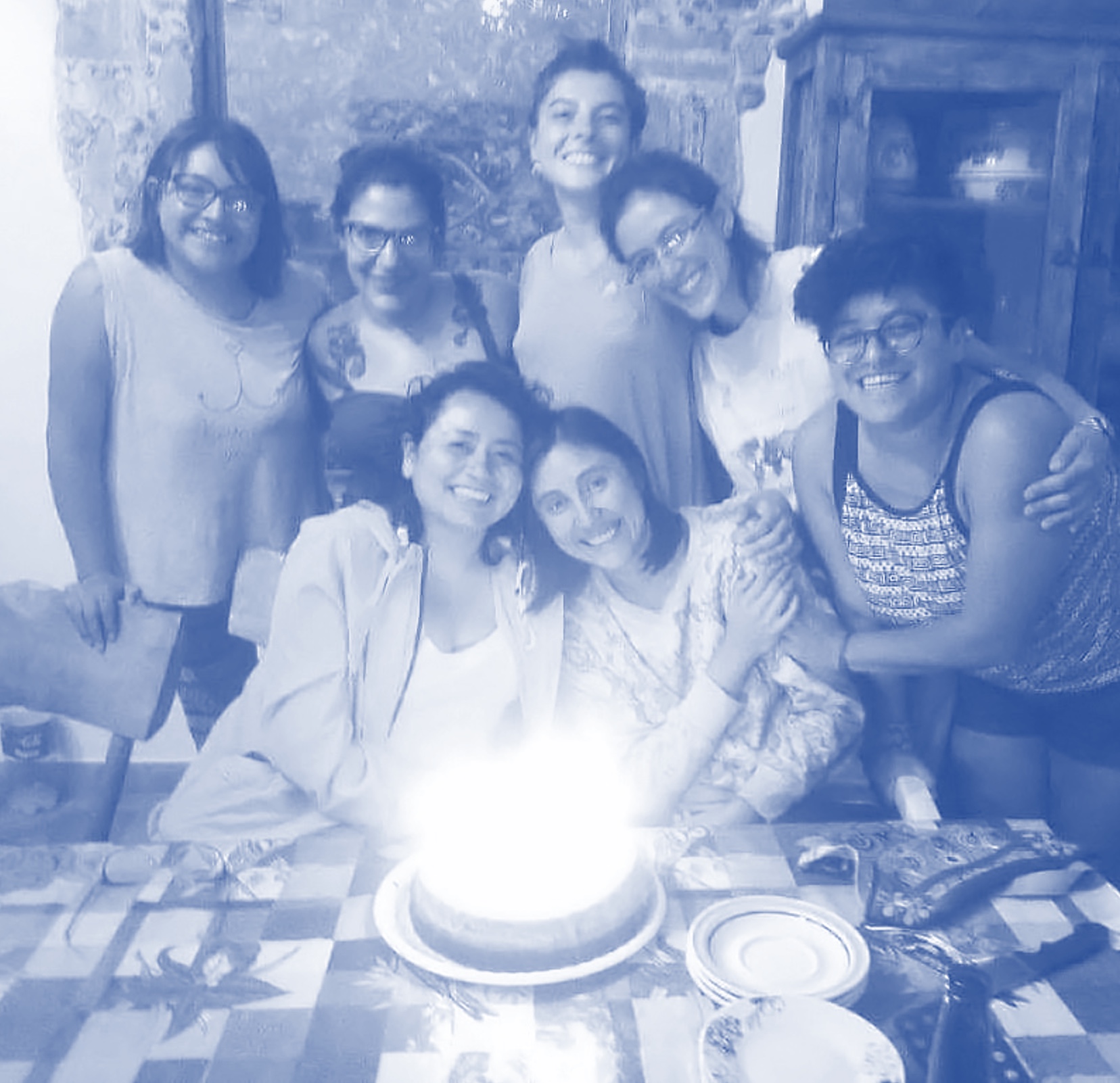
GeoBrujas – Comunidad de Geógrafas is a community of women geographers from Mexico that offers critical and counter-cartographic perspectives on bodies, territories, and landscapes in Latin America. The collective is designed to challenge and transform patriarchal production of geographical knowledges, understanding that cartography is a tool loaded with ideology, which their work aims to deconstruct, decentralize, and socialize at the collective and community level. With their work, GeoBrujas aims to generate spaces for reflection, practice, and critical analysis that can contribute to geographical thinking around our reality on different spatial scales, from the global to the local, from the home to the body-territory. Their work ranges from traditional academic publishing to highly praised interactive performances that seek to intervene in academic and advocacy realms, disrupting their divides, and offering new insights into dominant understandings of bodies, territory, and power.
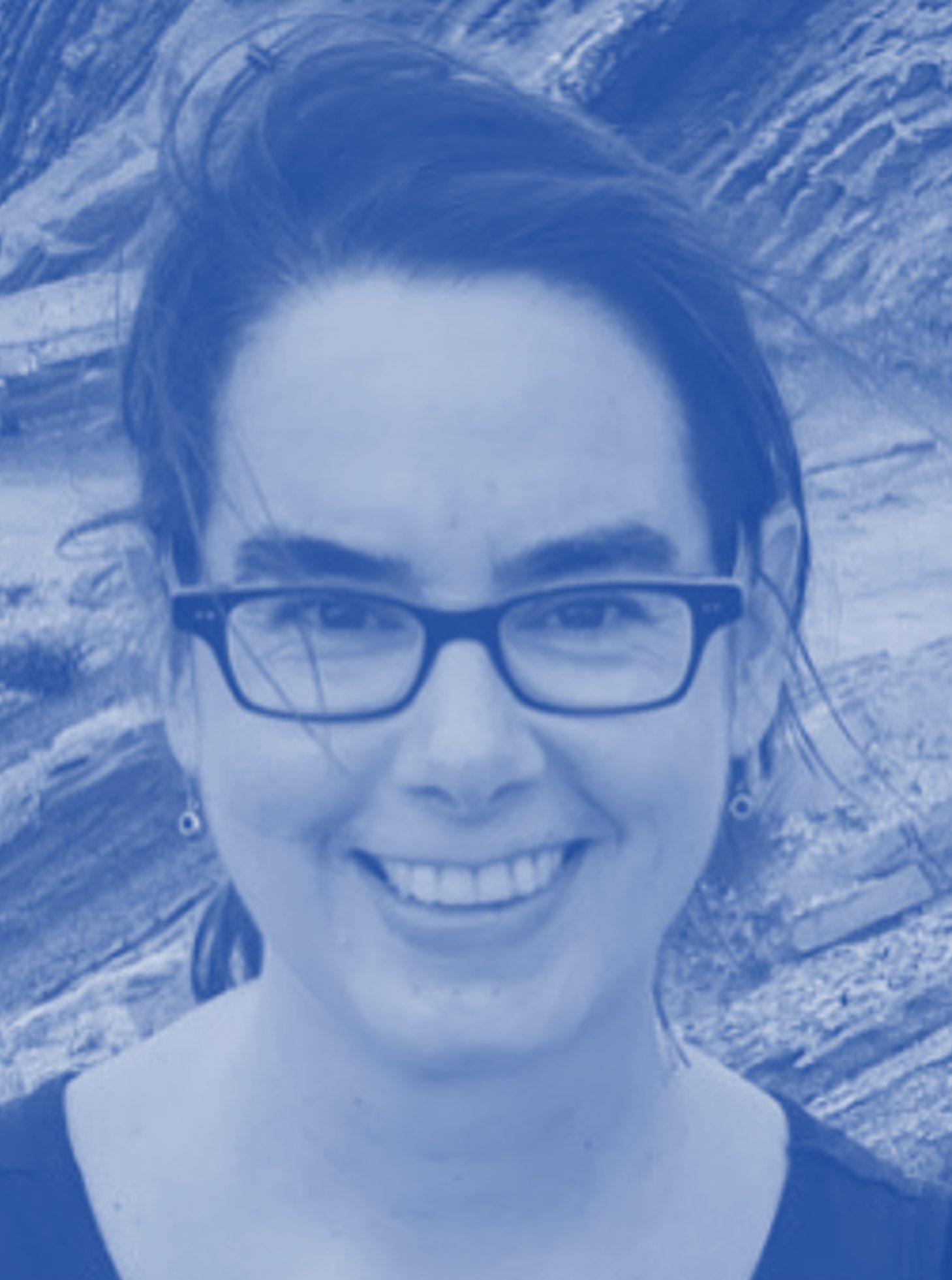
Irène Hirt is a Professor of cultural and political geography at the University of Geneva. Her research focuses on collaborative and decolonial research methodologies, She has been working for the past twenty years on the processes of reappropriation of land and territory by Indigenous peoples across the Americas, more particularly on maps and mapping produced by Indigenous peoples for political emancipation and the decolonization of knowledge.
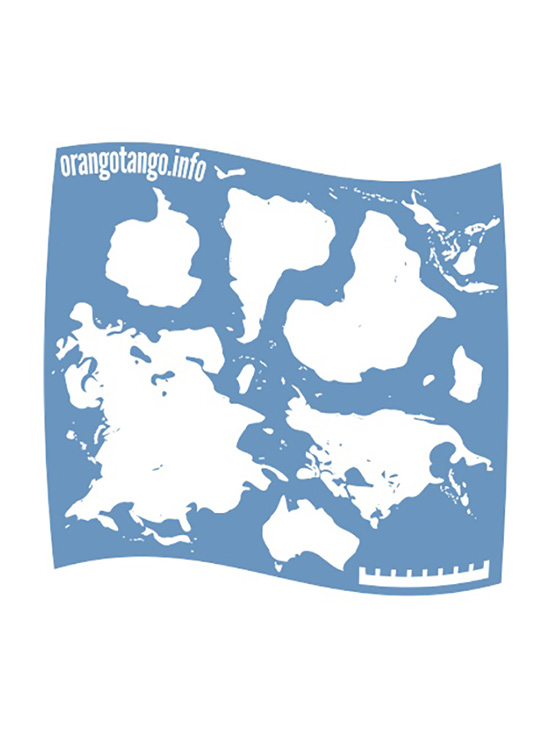
kollektiv orangotango has been developing since the 2000s as a network of friends, critical geographers, artists and activists. Besides co-conducting collective mapping processes, collaborative art-interventions in public space and emancipatory educational processes, they created Not-an-Atlas, a global platform of critical cartography. They had been in residency at mLAB in 2021.
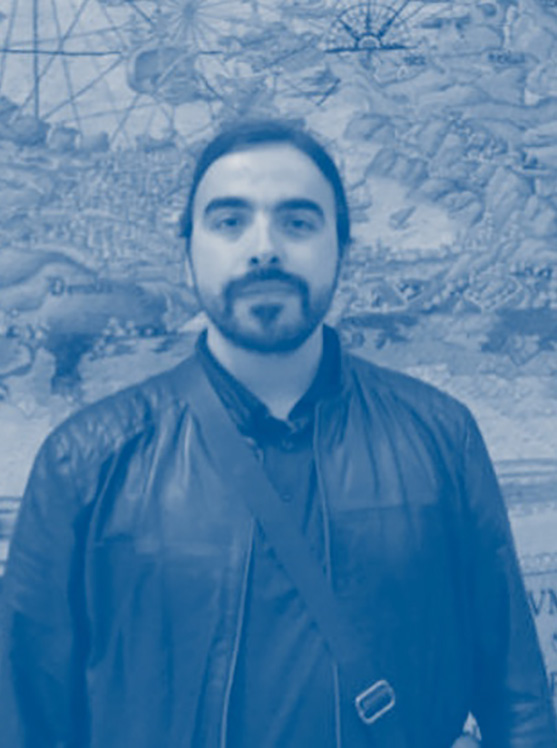
Pablo Mansilla Quiñones is an Associate Professor at Institute of Geography, Pontificia Universidad Católica de Valparaíso, Chile. He directs the Alternative Territories Group, Specialty in Human Geography, Social Geography and Territorial Planning. He holds a Master’s degree in Geography and a PhD in Human Geography from the Universidad Federal Fluminense, Brazil. His professional experience has been mainly focused on research on territory and social movements in the Latin American perspective.
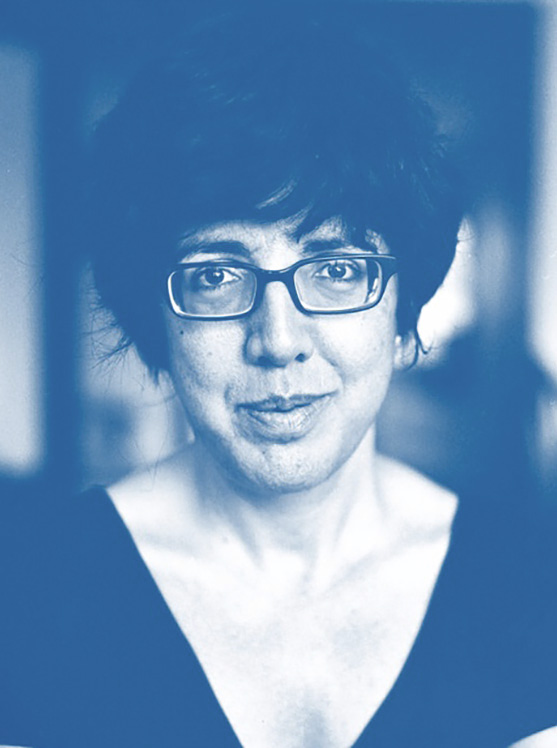
Ana Méndez de Andés is a full-licensed architect and urban planner, MSc in Urban Studies (Polytechnic University in Madrid), MA in Social Research (University of Sheffield). She has been working and teaching in Madrid, Ámsterdam, London and Shanghai. Since 2005 she has been involved in militant research collectives – such as the Observatorio Metropolitano de Madrid, Car-Tac, urbanacción or the Office for Communal Action – following an interest in urban and institutional transformations. She was part of the municipalist movement and advisor to the City Council in Madrid. She is currently doing her doctorate on the becoming-common of the public at Sheffield School of Architecture.
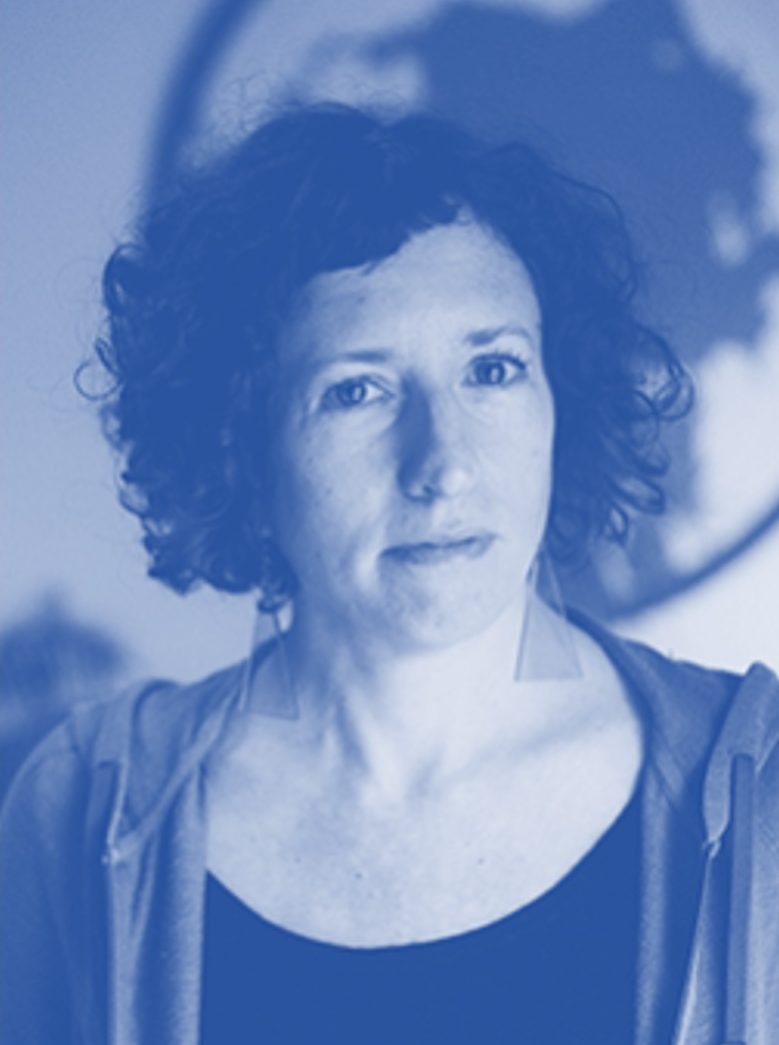
Lize Mogel is a New York based artist, educator, and counter-cartographer. She creates maps and mappings that bring the politics of place to the surface. She has mapped public parks in Los Angeles; territorial disputes in the Arctic; and wastewater economies in New York City. She is co-editor of the book/map collection “An Atlas of Radical Cartography,” a project that significantly influenced the conversation and production around mapping and activism. Since 2016, she has been working on Walking the Watershed, a long-term engagement with the landscape, history, and politics of New York City’s water supply, and the relationship between the City and the mostly rural communities that supply its water. Exhibitions include the Sharjah (U.A.E.), Gwangju (South Korea) and Pittsburgh Biennials, “Greater New York” at PS1, and “Experimental Geography.” She has lectured extensively about her work nationally and internationally.
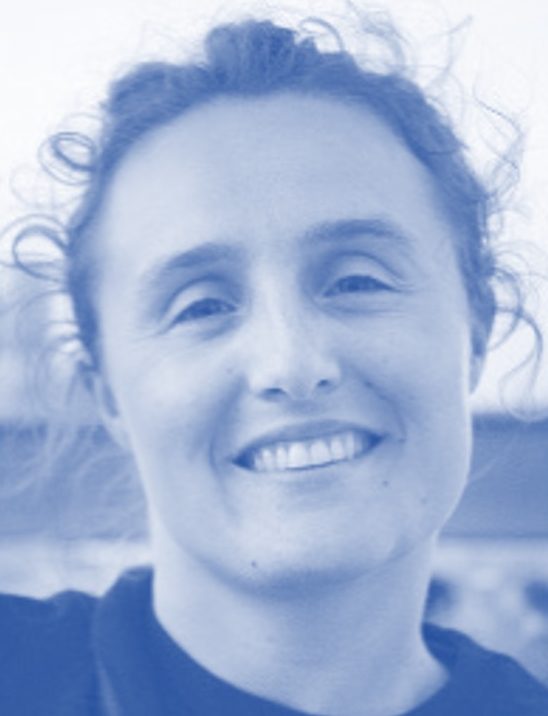
Élise Olmedo, post-doctoral researcher (Banting, Social Sciences Human Research Council – SSHRC) o the Department of geography, planning and environment of Concordia University (Montreal, Canada). Member of Geomedia Lab. Since 2015, she hold a Ph.D. in geography (Université Paris 1 Panthéon Sorbonne, France).
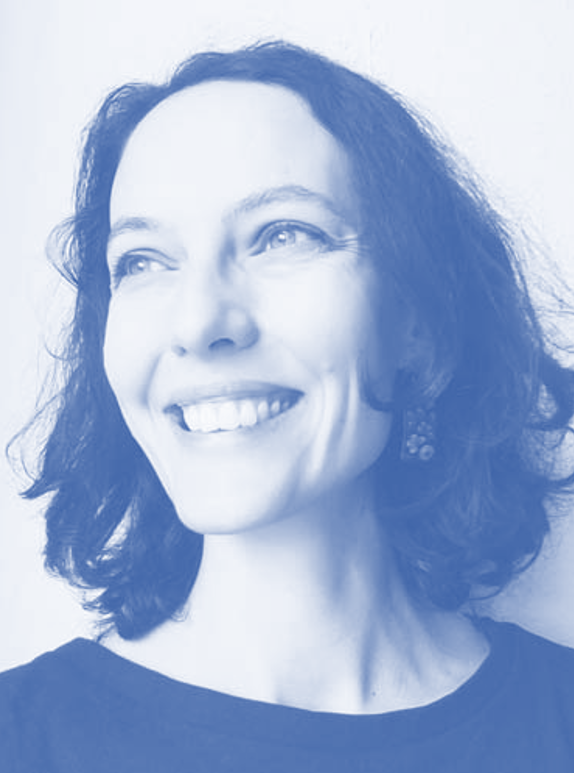
Katrin Singer, a human geographer, works at the Hamburg Institute of Geography in the “Critical Geographies of Global Inequalities” research group. She did her PhD on the coloniality of nature, childhood, and research in the Peruvian Andes. Her geographical work is inspired by theoretical thinking such as feminism, more-than-human geographies, and post- and decolonial theories. Using a spectrum of artistic, narrative, and cartographic methods (C/artography), she follows (auto)ethnographic traces and land-based research to explore forms of socio-ecological relationalities.
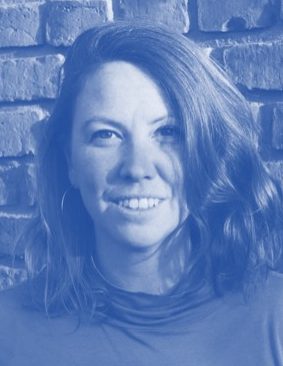
Katharina Schmidt is a human geographer and part of the research group “Critical Geographies of Global Inequalities” at the Institute of Geography, University of Hamburg. She researches and teaches on post/colonial inequalities, intersectional power relations and visual creative-artistic as well as cartographic methodologies especially in relation to urban issues. Her doctoral research focused on geographies of homelessness in Rio de Janeiro and Hamburg from a global urban perspective. Together with Katrin Singer and Martina Neuburger she is editing the anthology “Artographies – methodical-artistic approaches to space”, which is currently in progress.
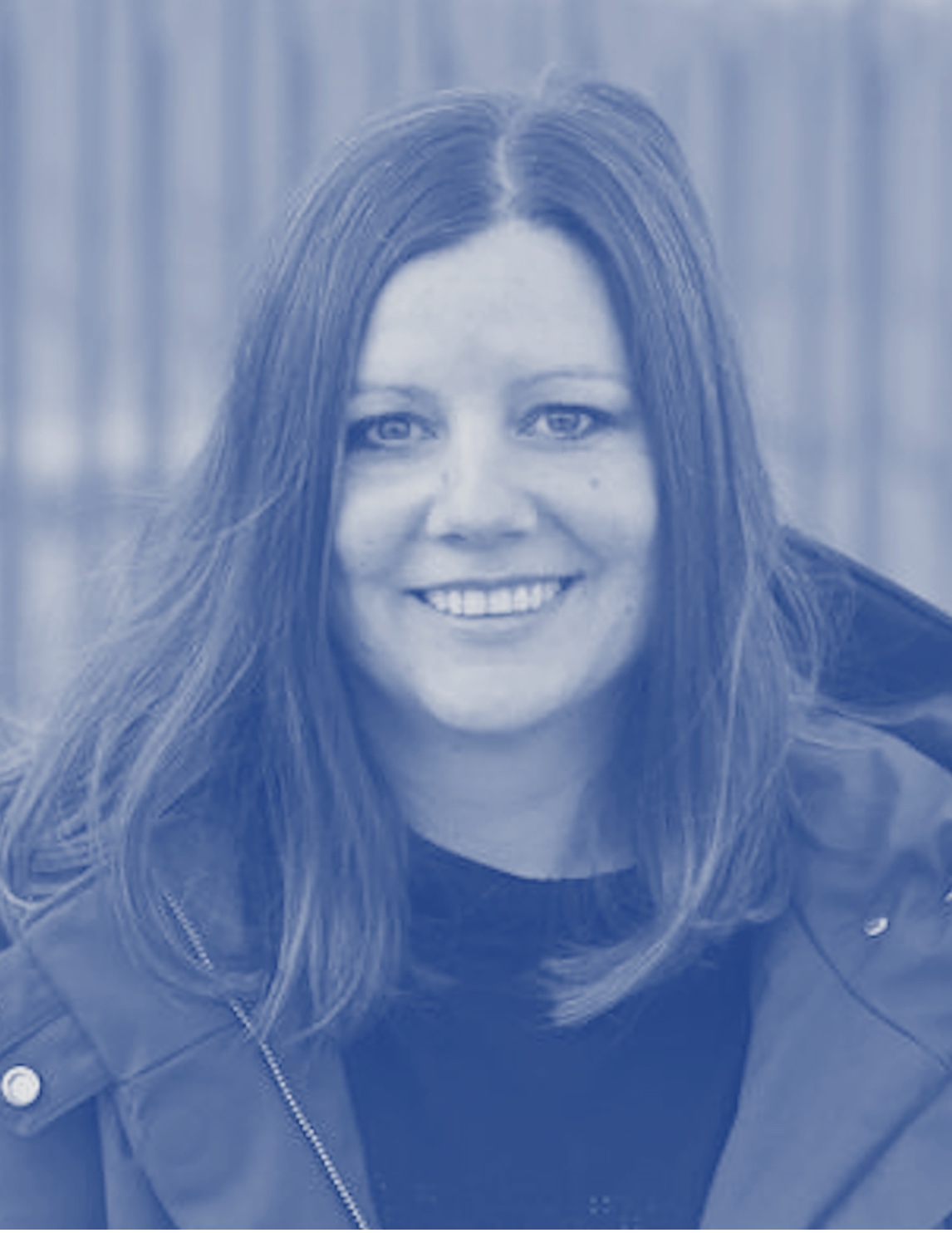
Yvonne Schmidt is Senior Researcher/Lecturer and Deputy Head of the Institute for Performing Arts and Film at the Zurich University of the Arts (ZHdK) and Head of the Research Field Art Mediation at the Bern University of the Arts (HKB). Her interests include transdisciplinary approaches to artistic research and climate change, performance and disability, acting methods, amateur or participatory theater practices, and practice-based research approaches in the performing arts and film. She has initiated, and led various inter- and transdisciplinary research projects and events that promote dialogue between art, science, and society, both in academic contexts and at theatre festivals/in artistic practice.
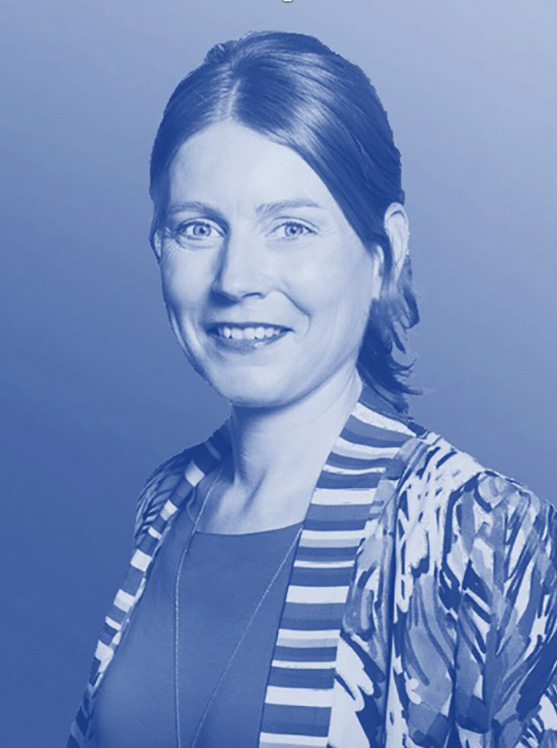
Christine Schranz is a designer and holds a PhD in Spatial Design. She is Head of the Research Program at the Institute Contemporary Design Practices at the Academy of Art and Design FHNW in Basel. Currently she is leading a four-year research project funded by the Swiss National Science Foundation (SNSF) on “Commons in Design. Open Source and Open Design in Contemporary Design Processes”, which investigates the foundations of commons- based design and the changing role of designers in the context of digitalization, with specific research on gender, space and working environments. In 2021 she edited the Book “Shifts in Mapping. Maps as a Tool of Knowledge”.
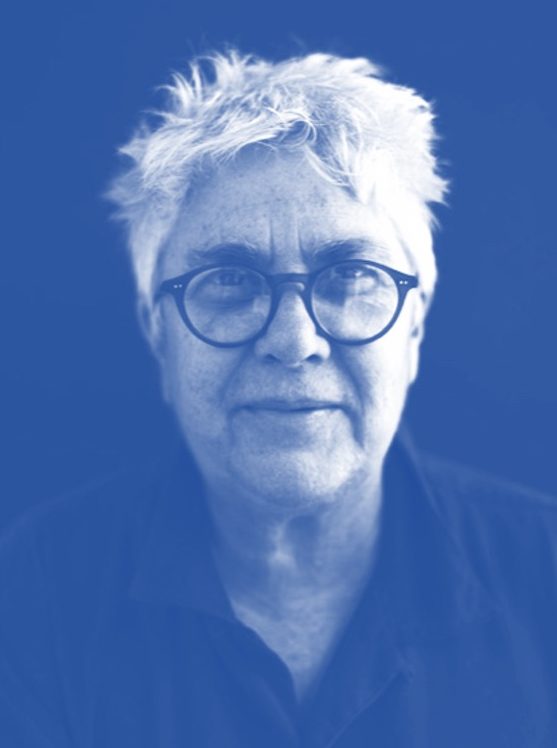
Joni Seager is a feminist geographer and environmentalist. She is a professor of global studies at Bentley University in Boston and advises the UN, among others. In addition to her feminist environmental work, she is well known for her atlas of women, published since 1986 and now in its fifth edition, published in dozens of countries and languages.